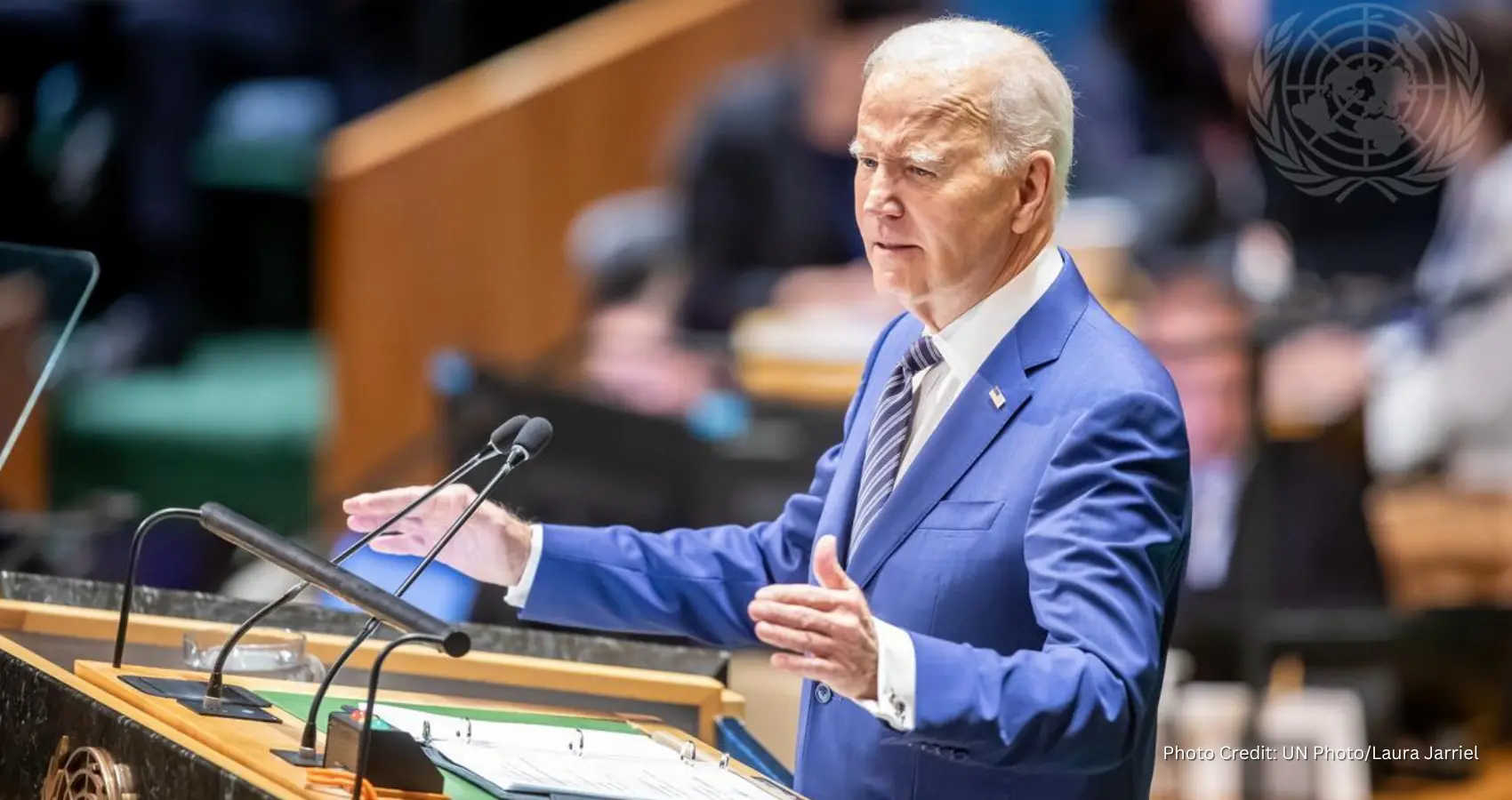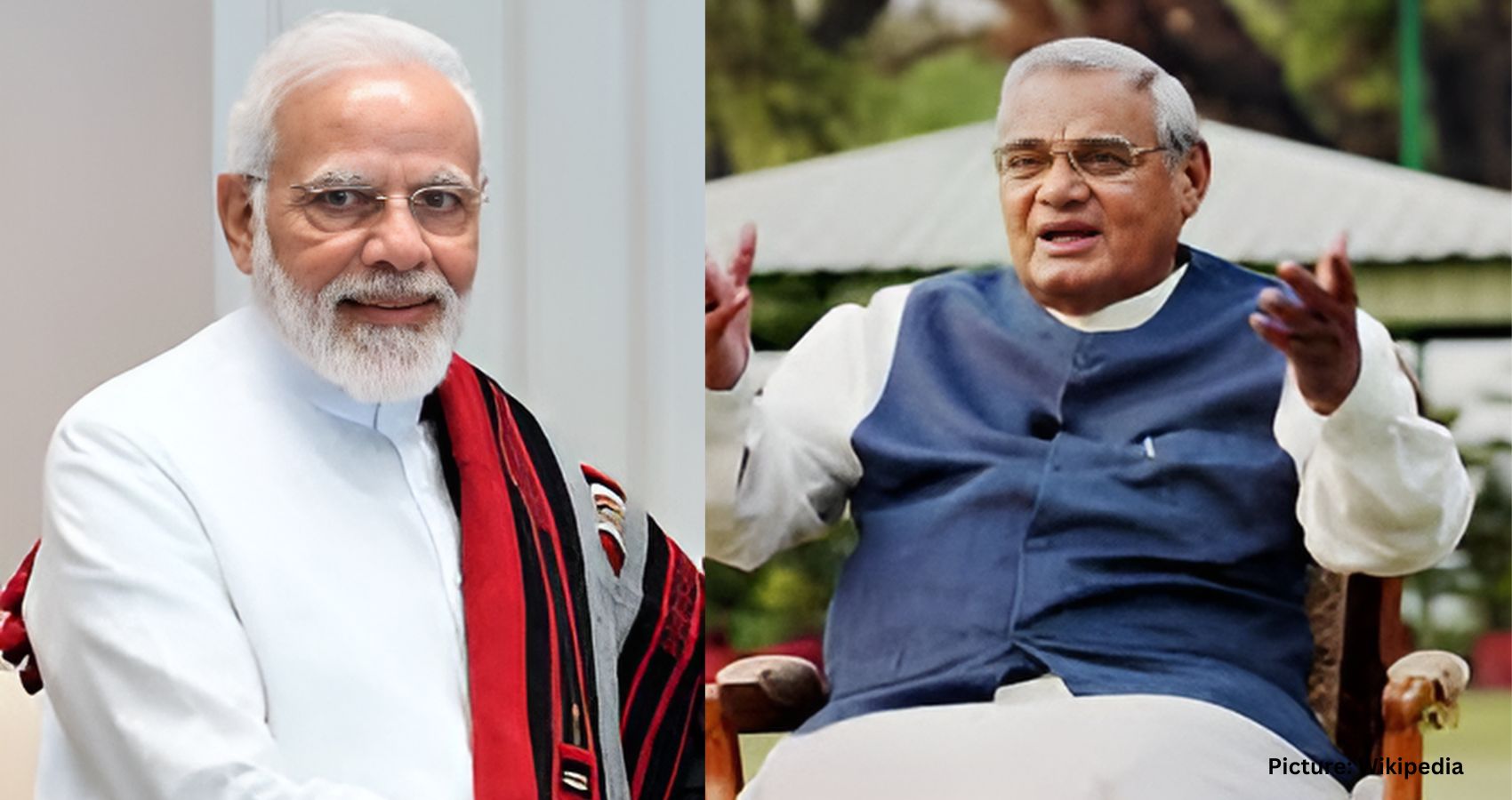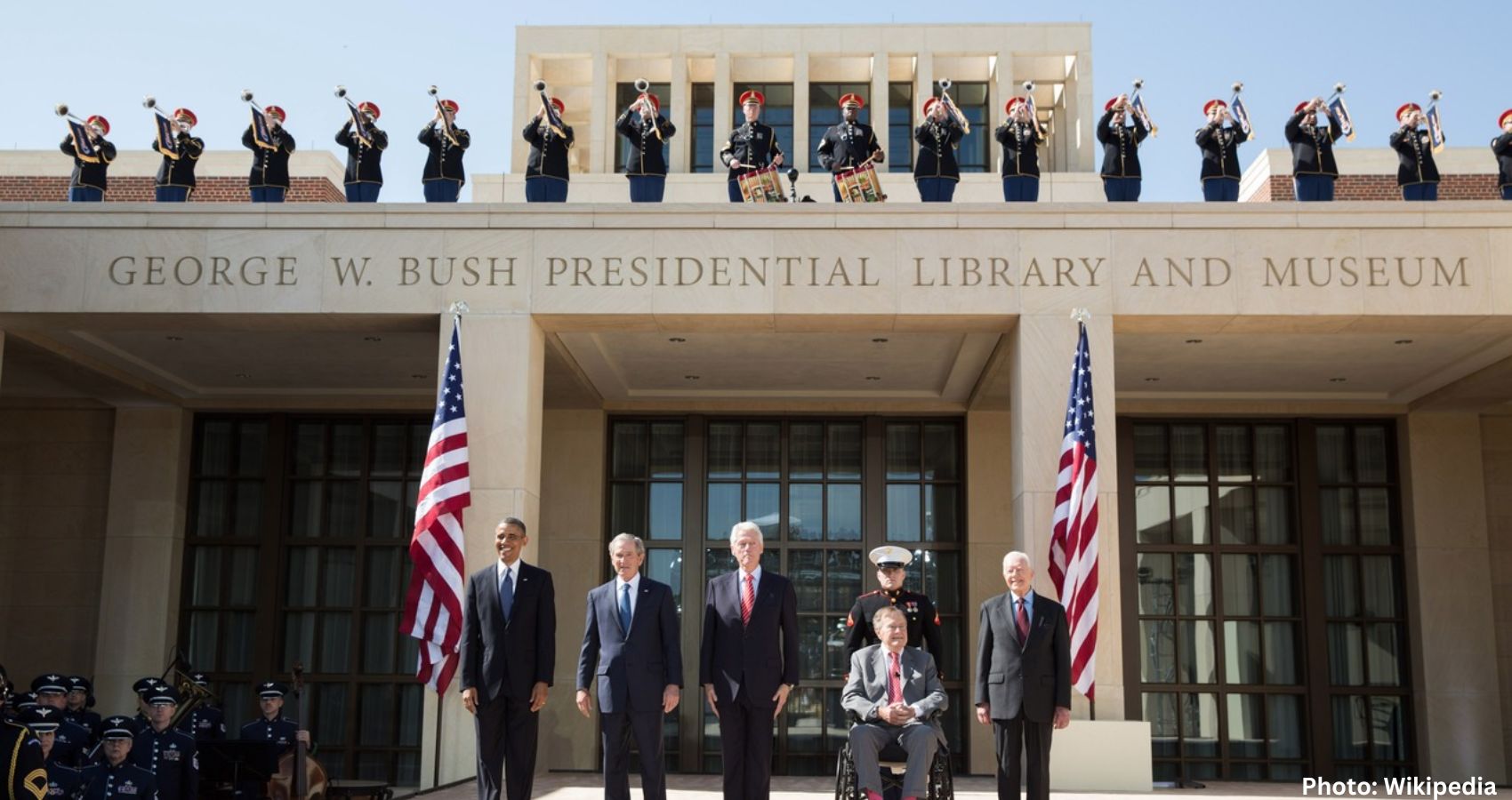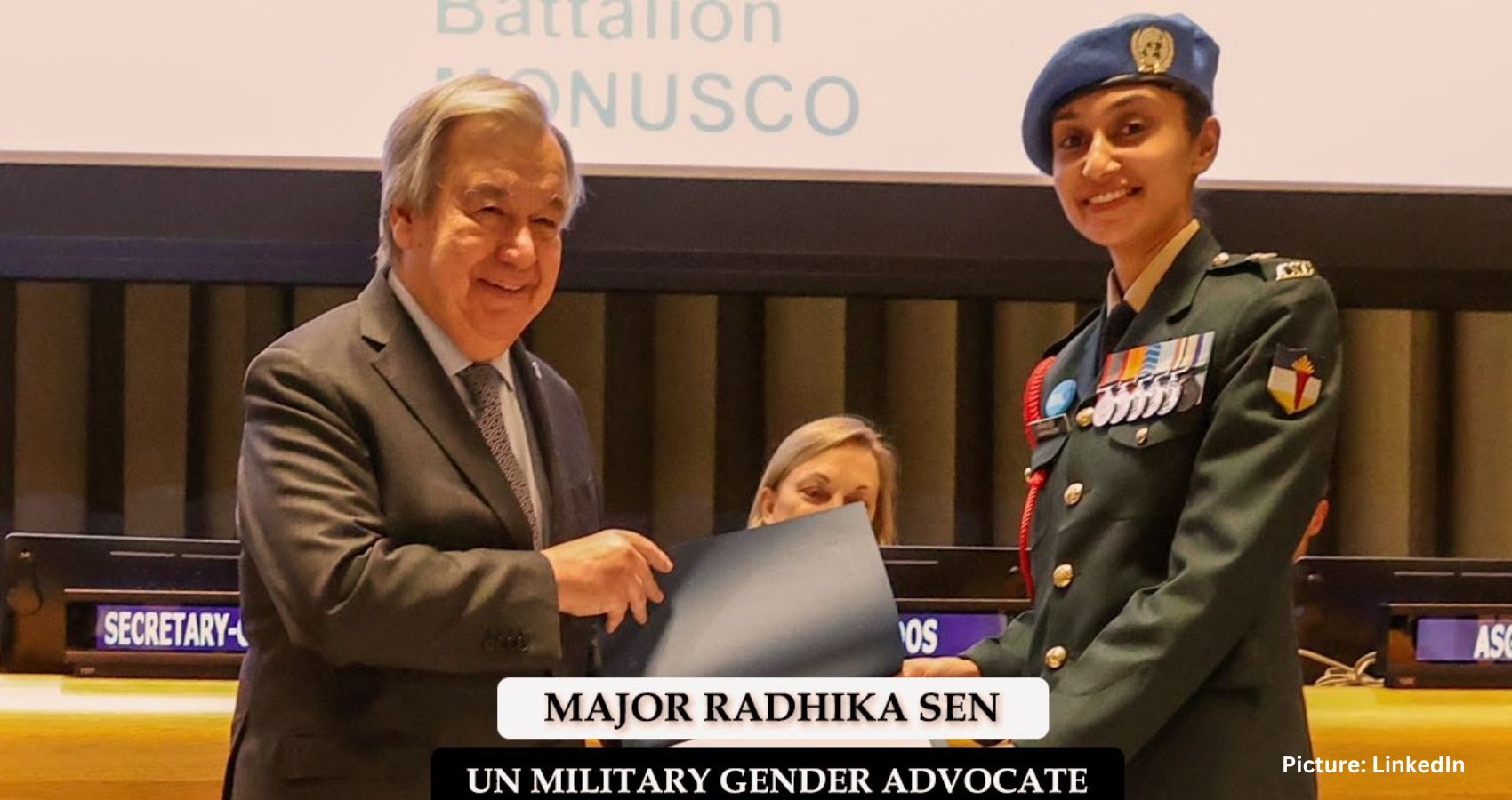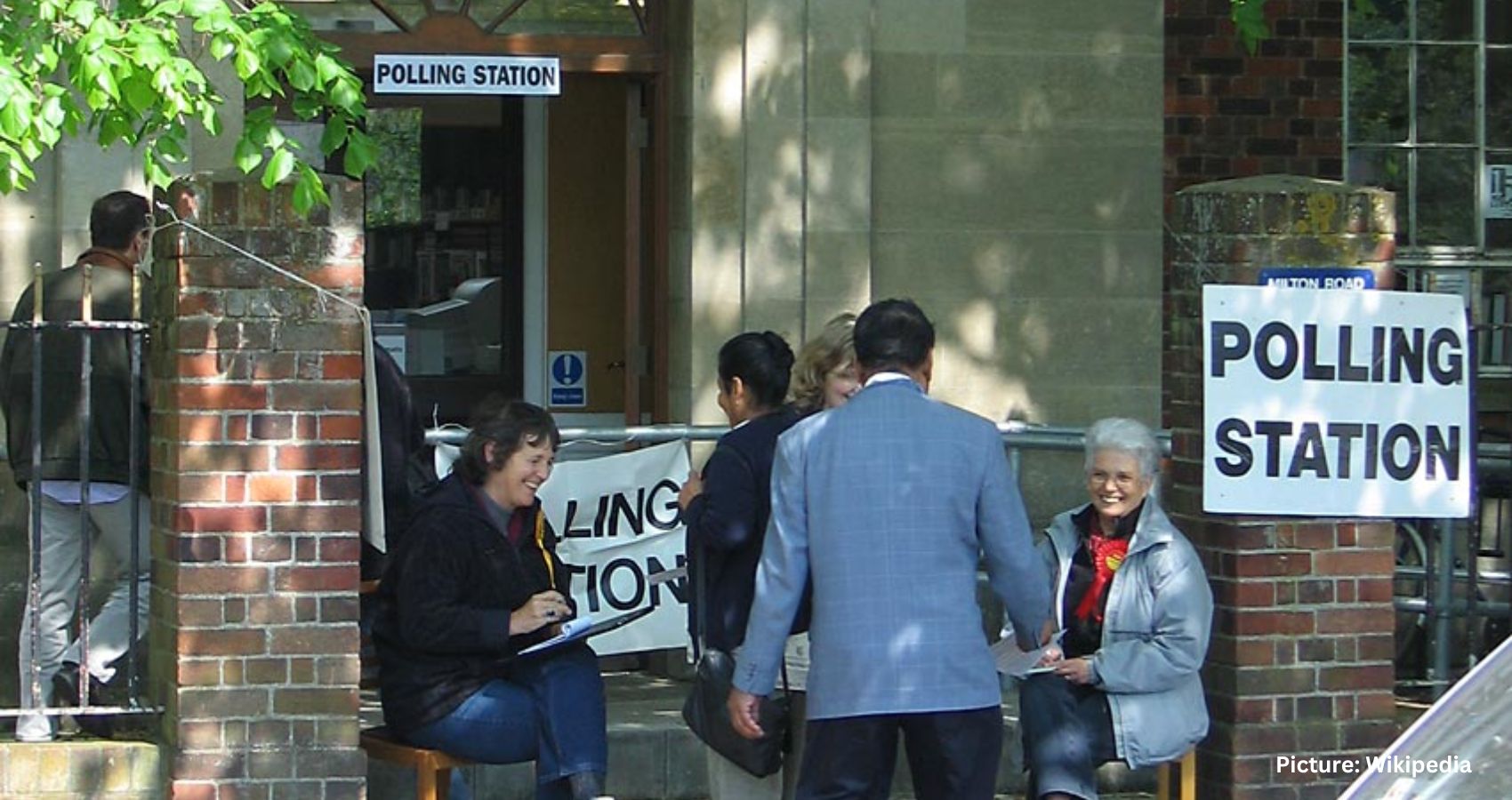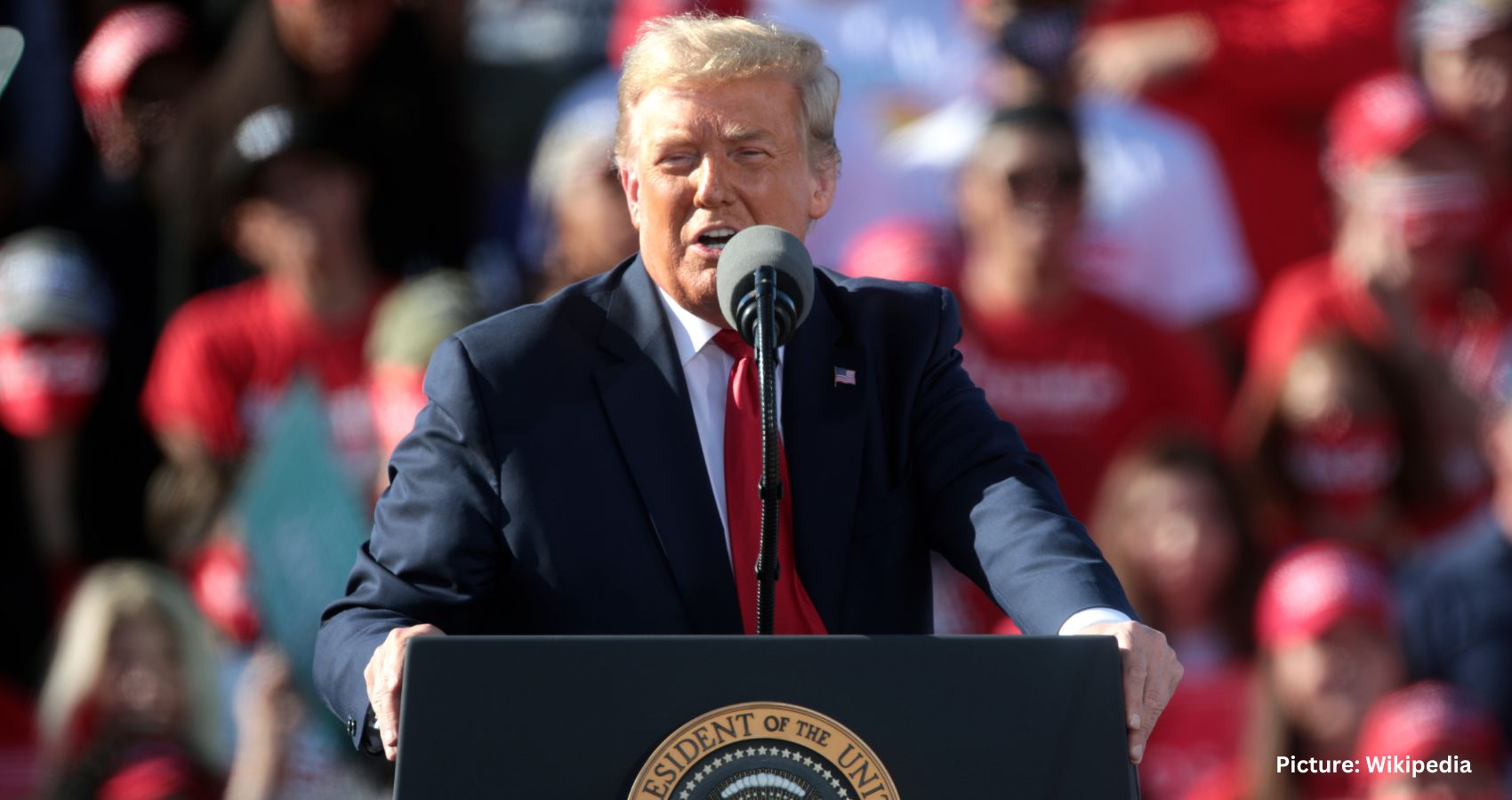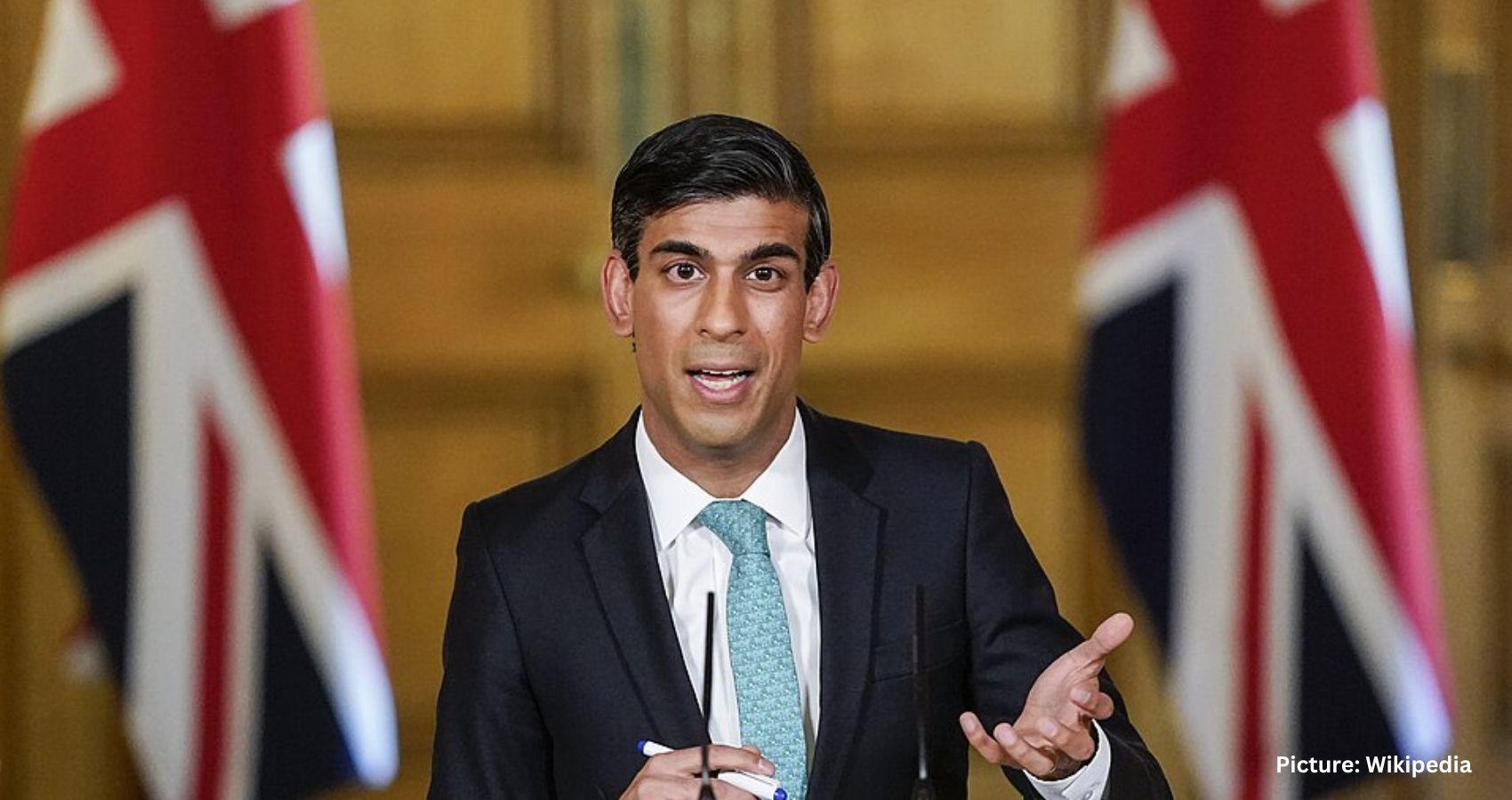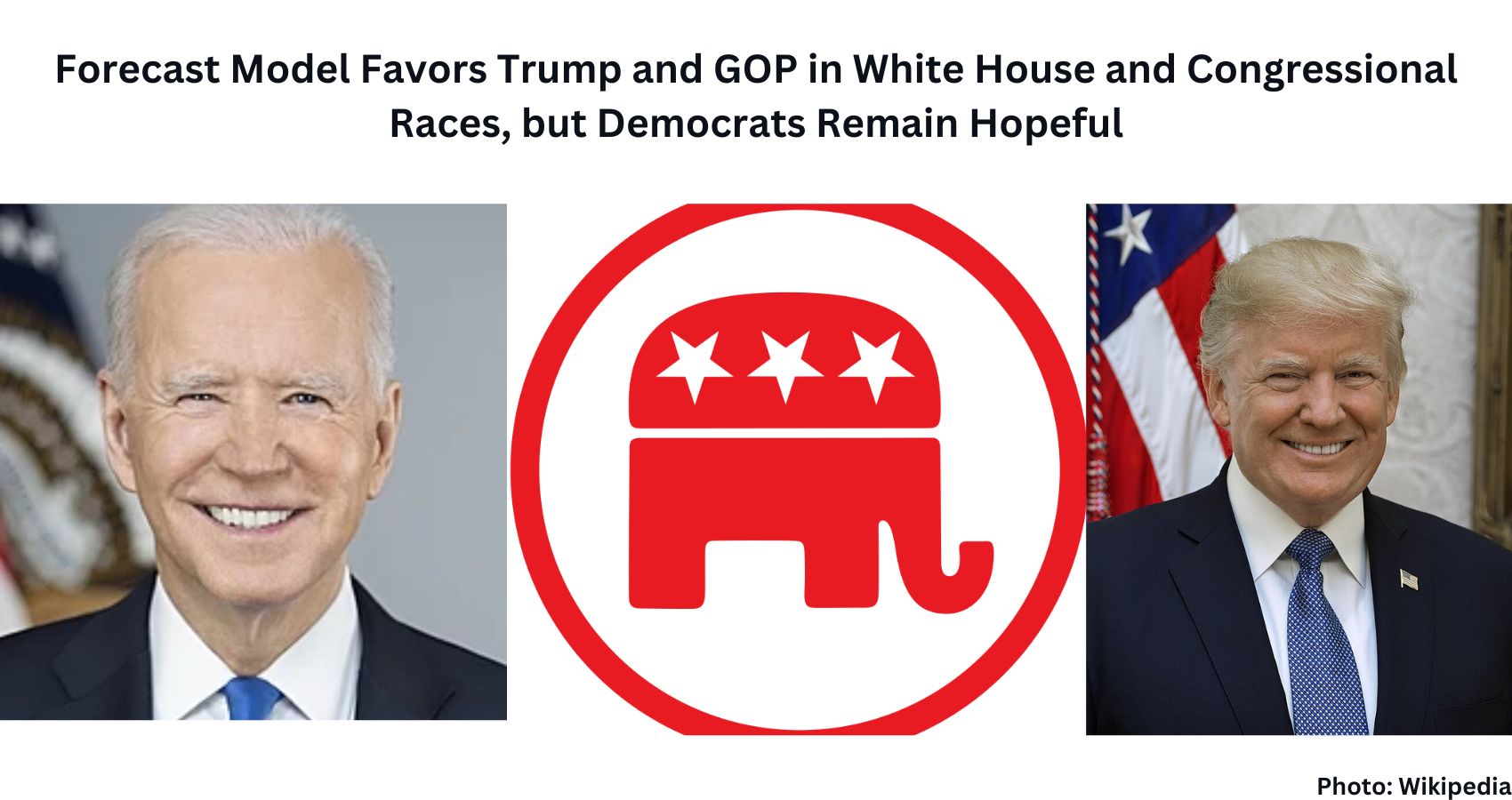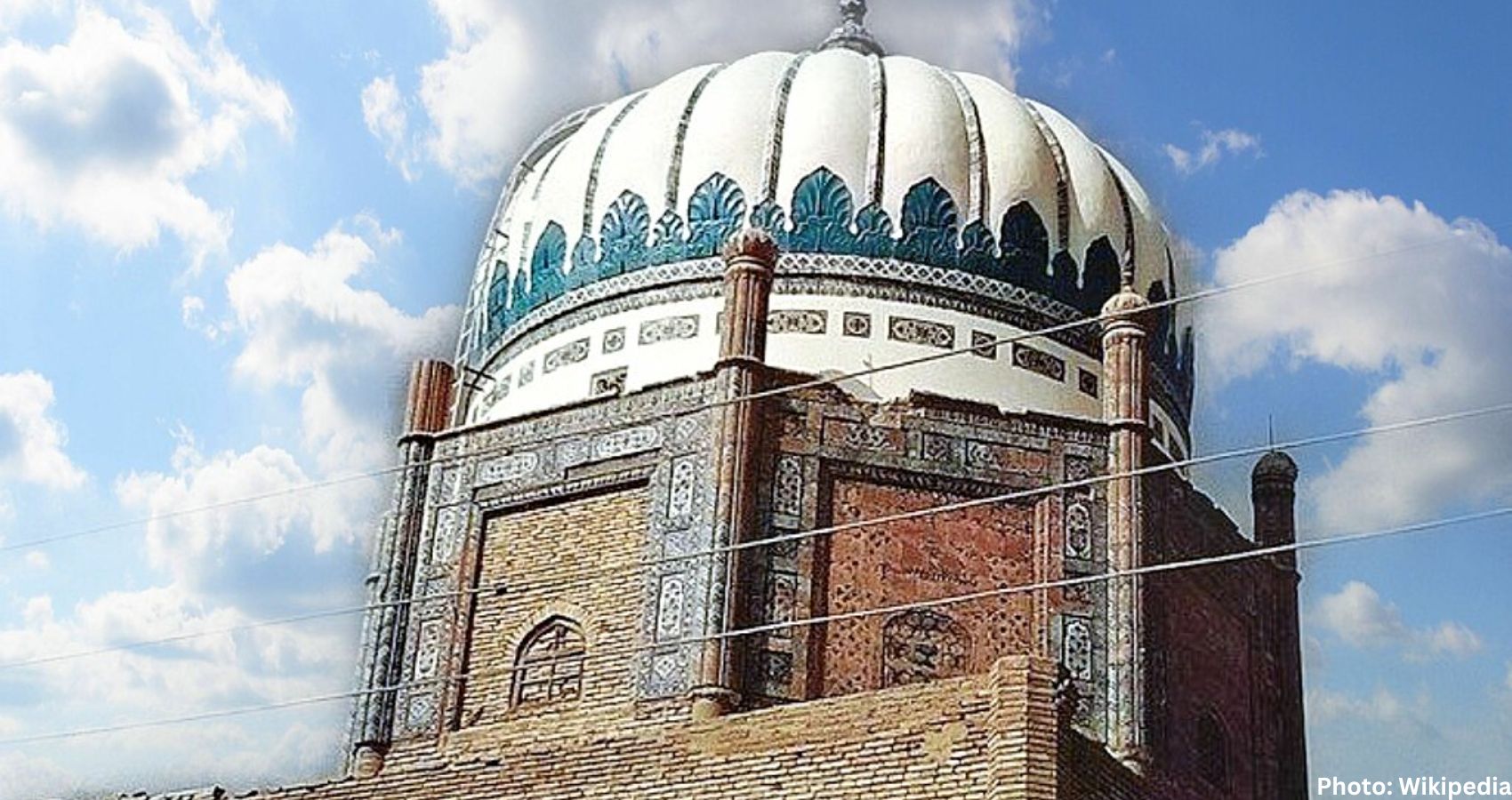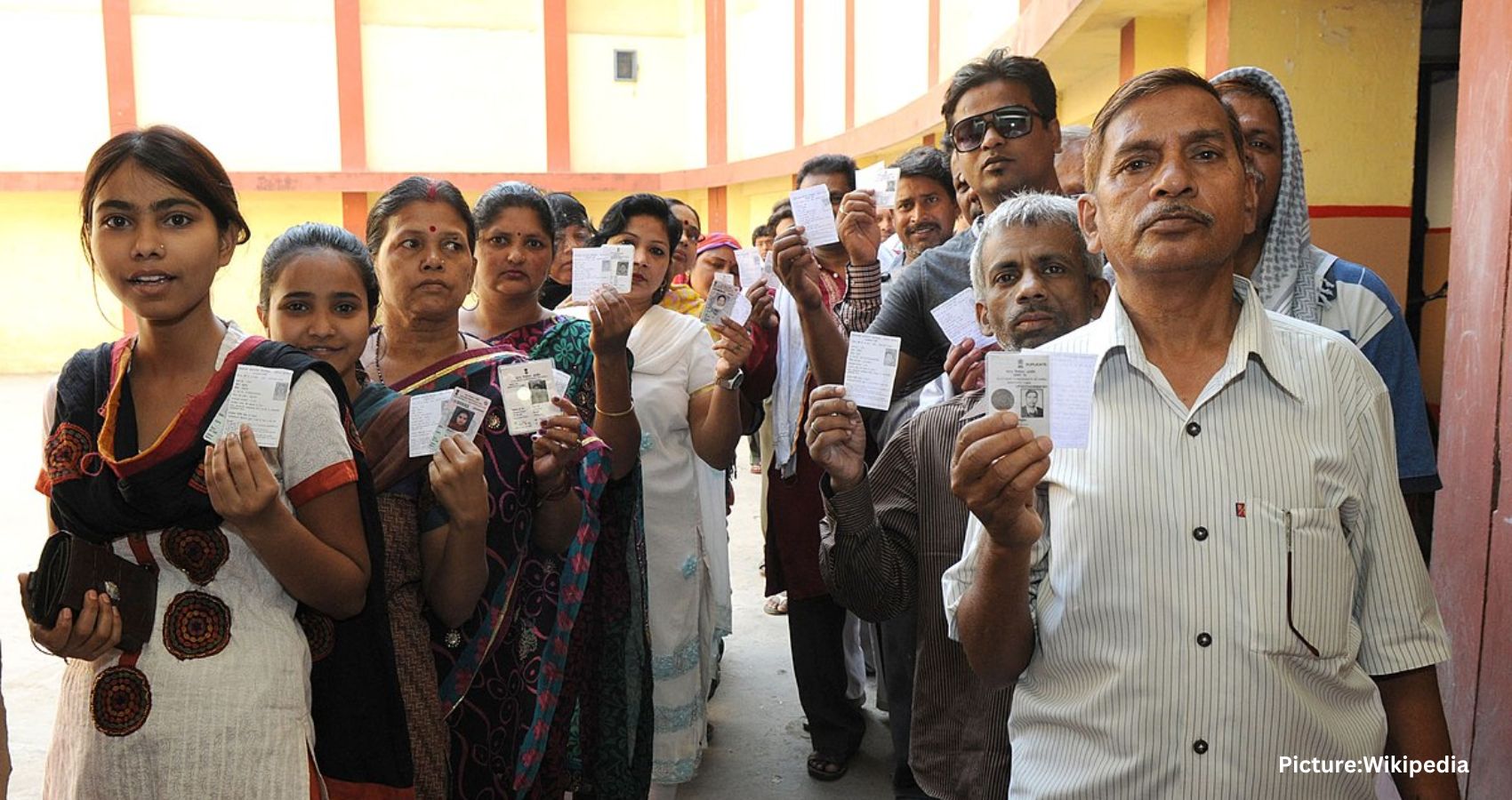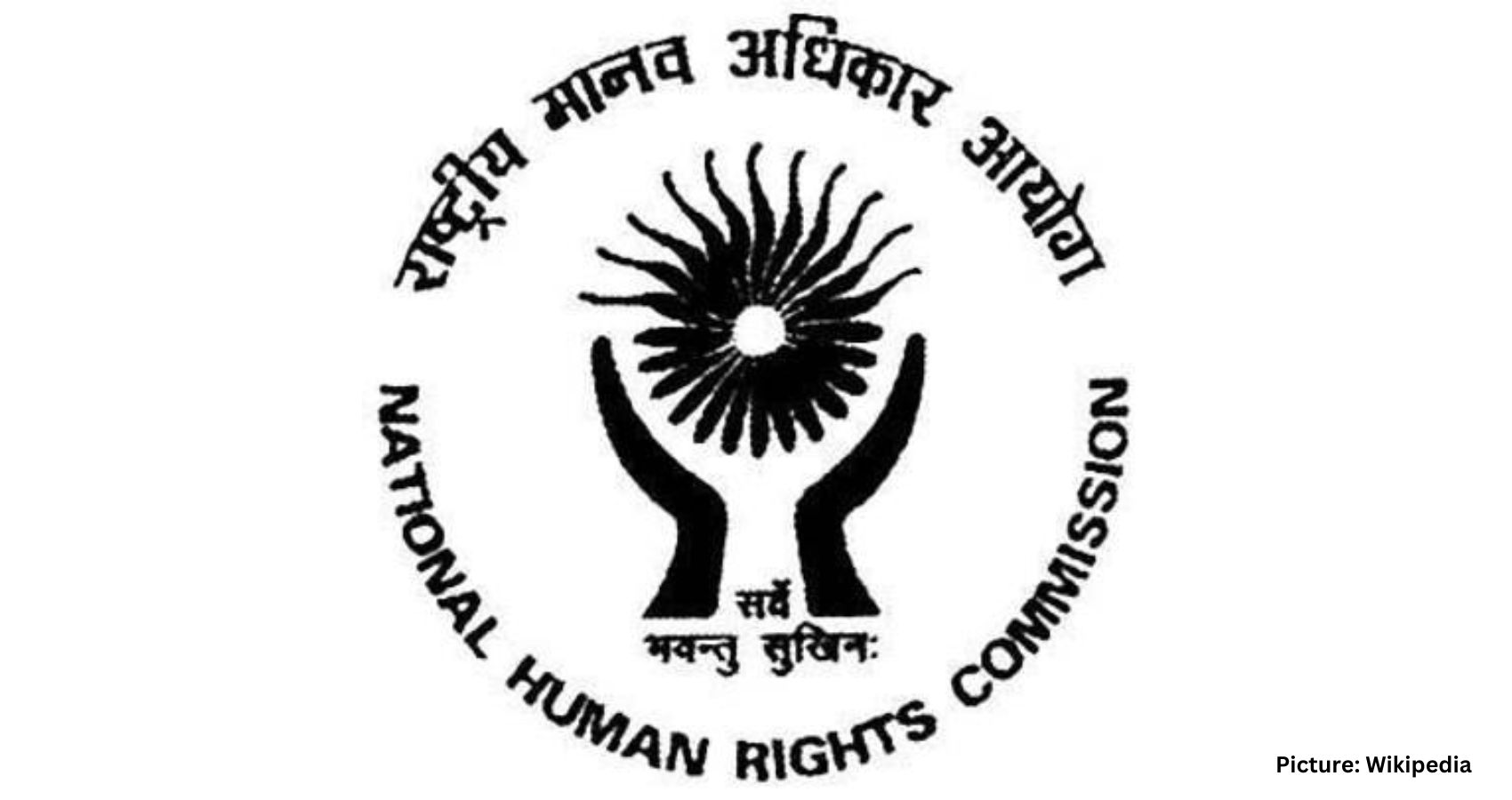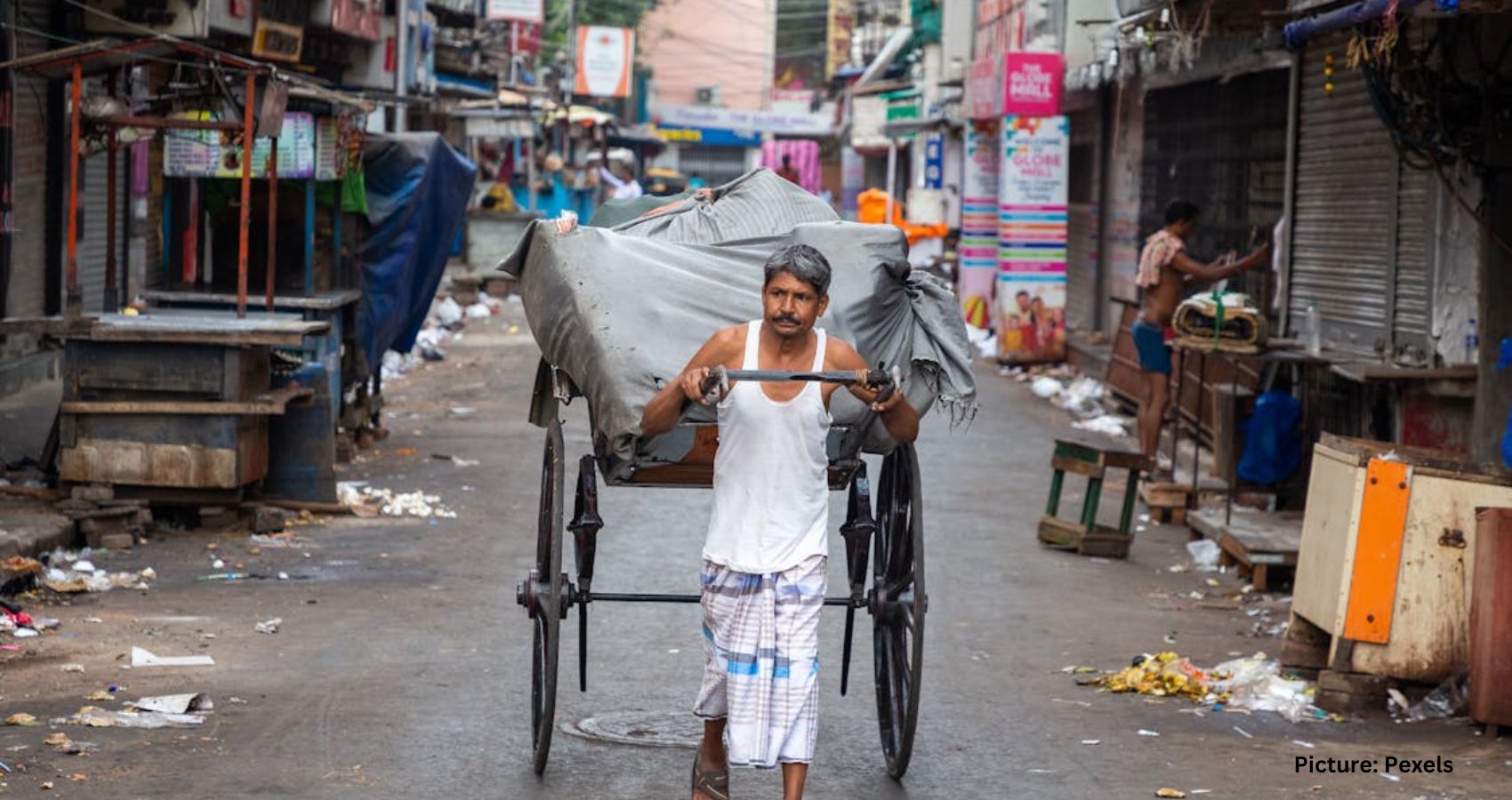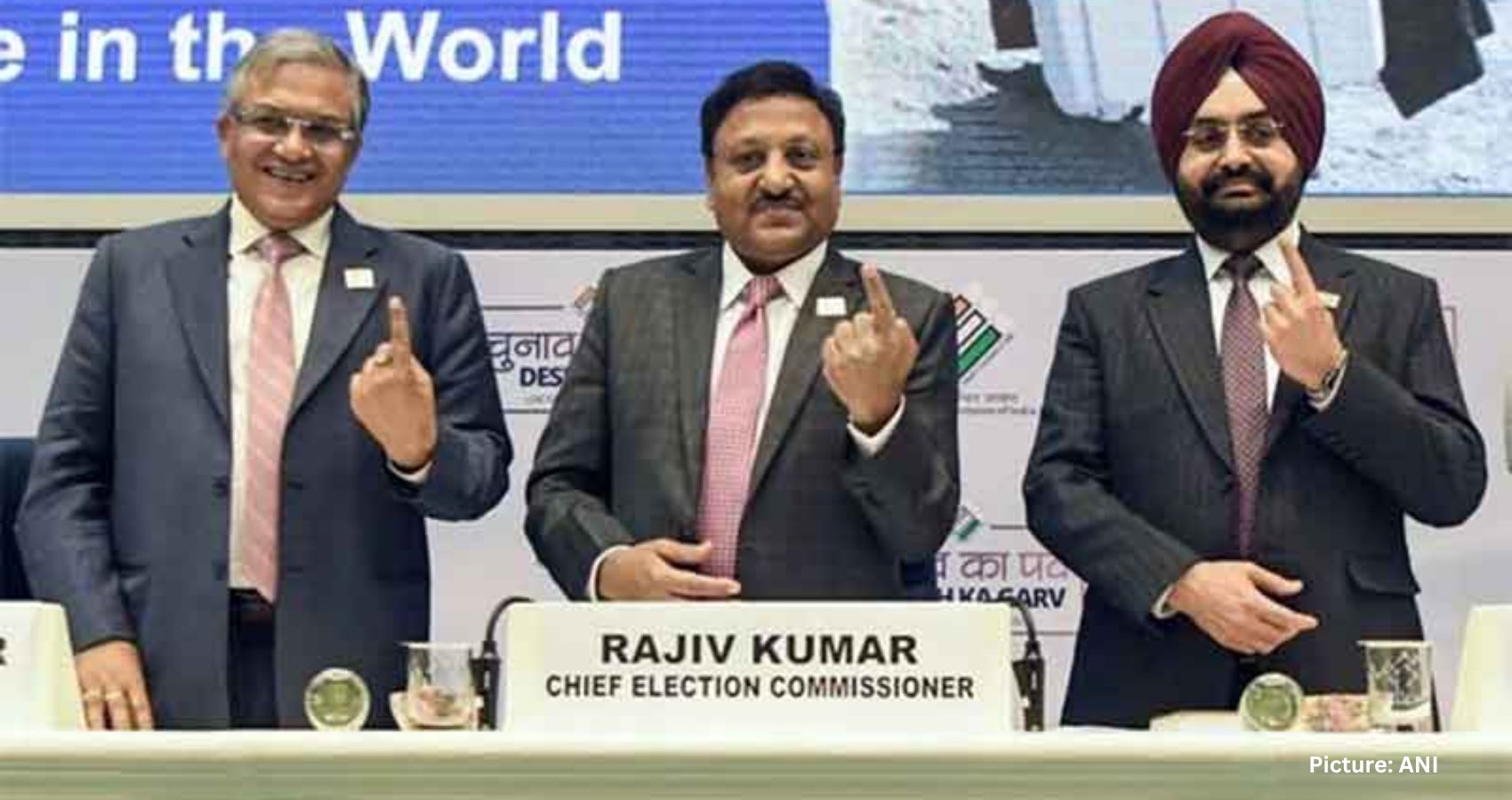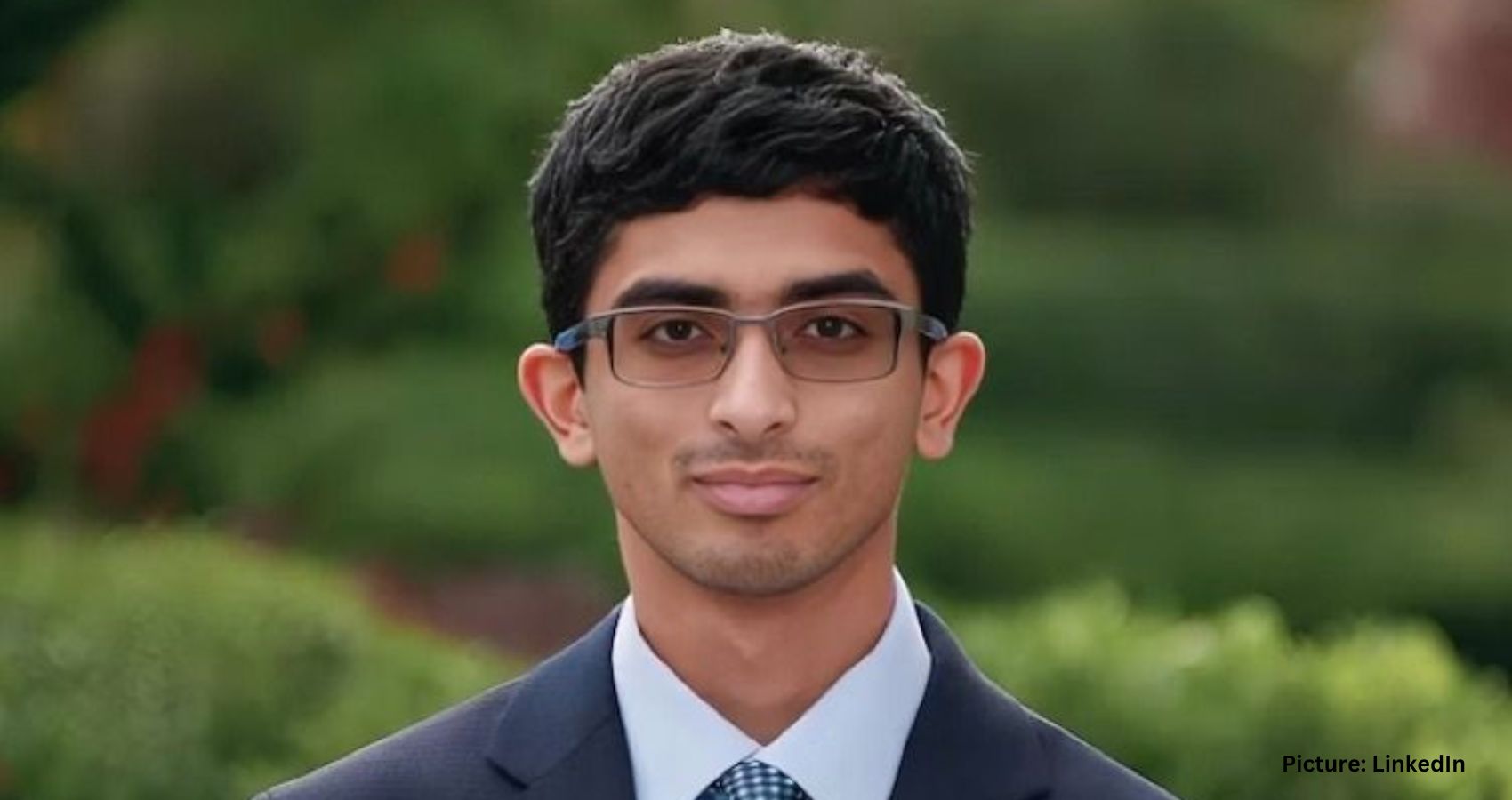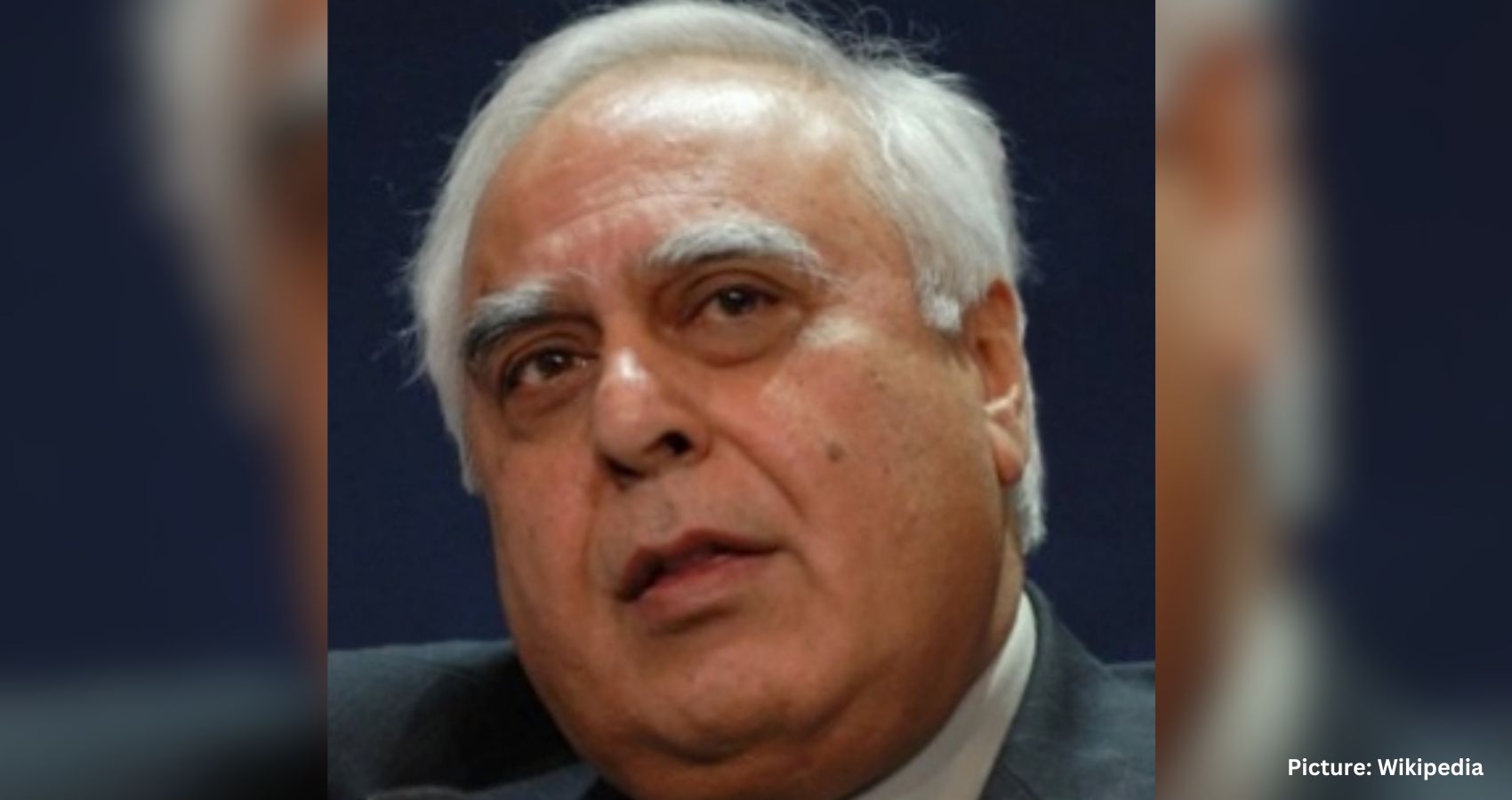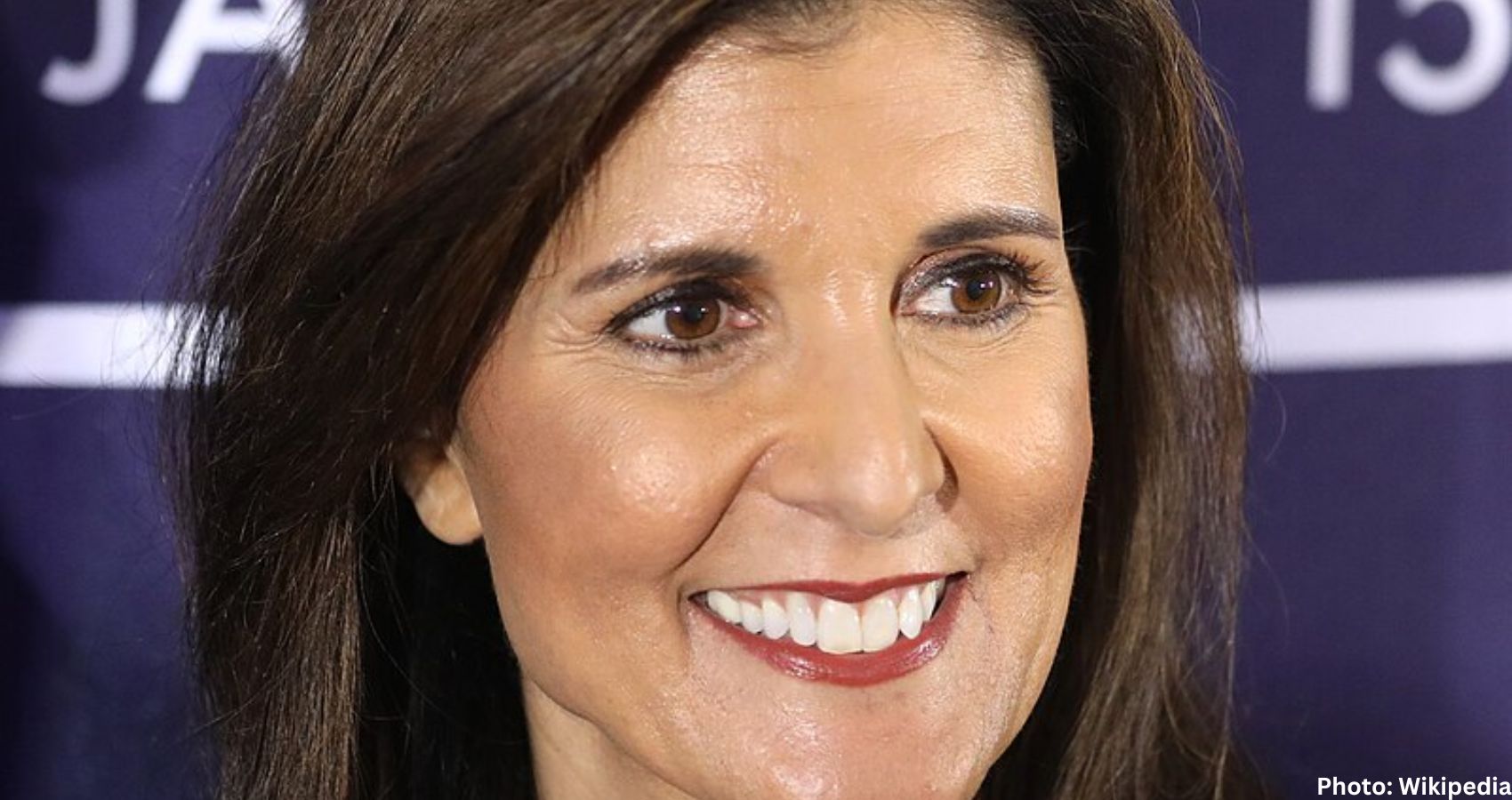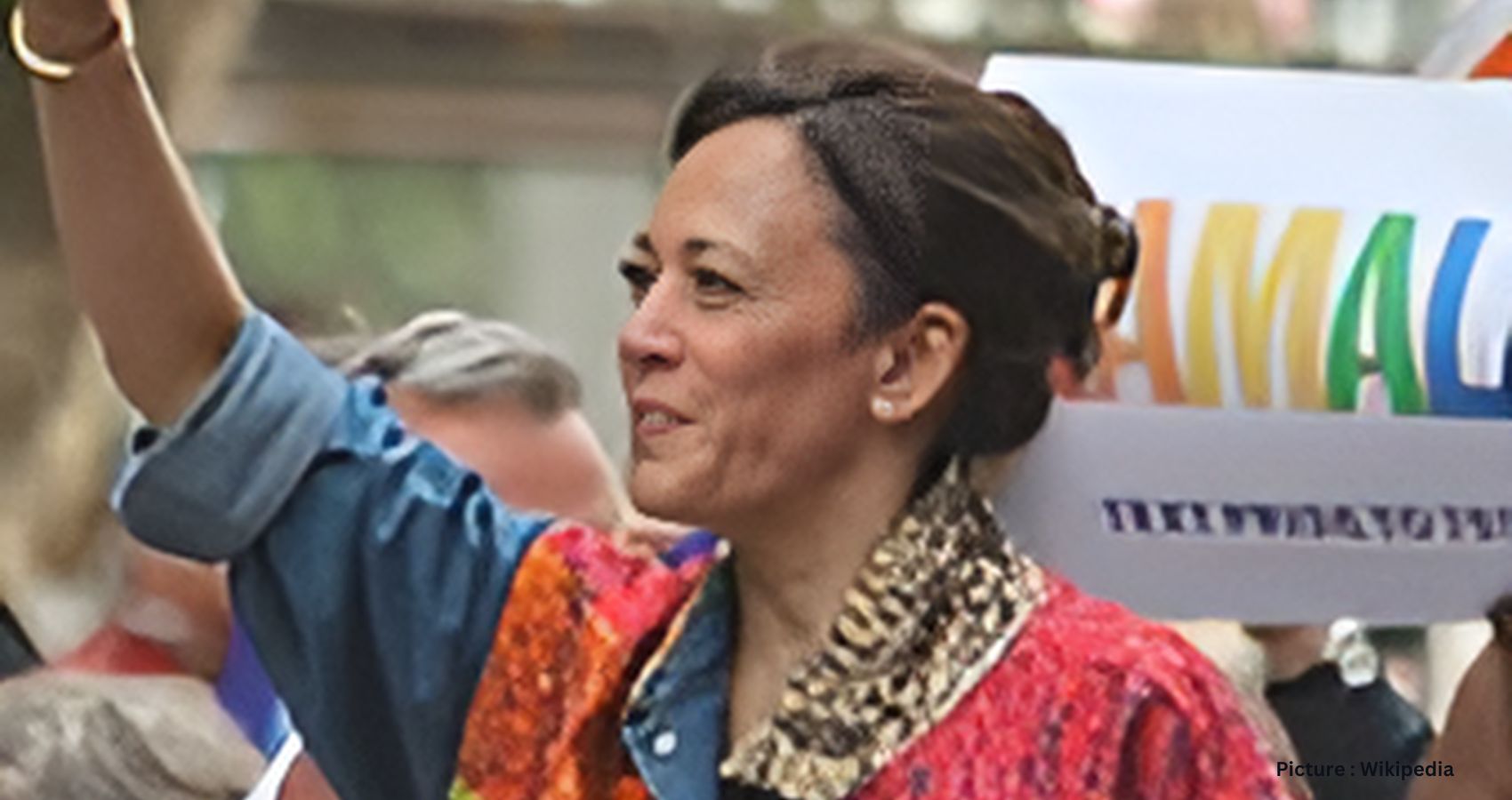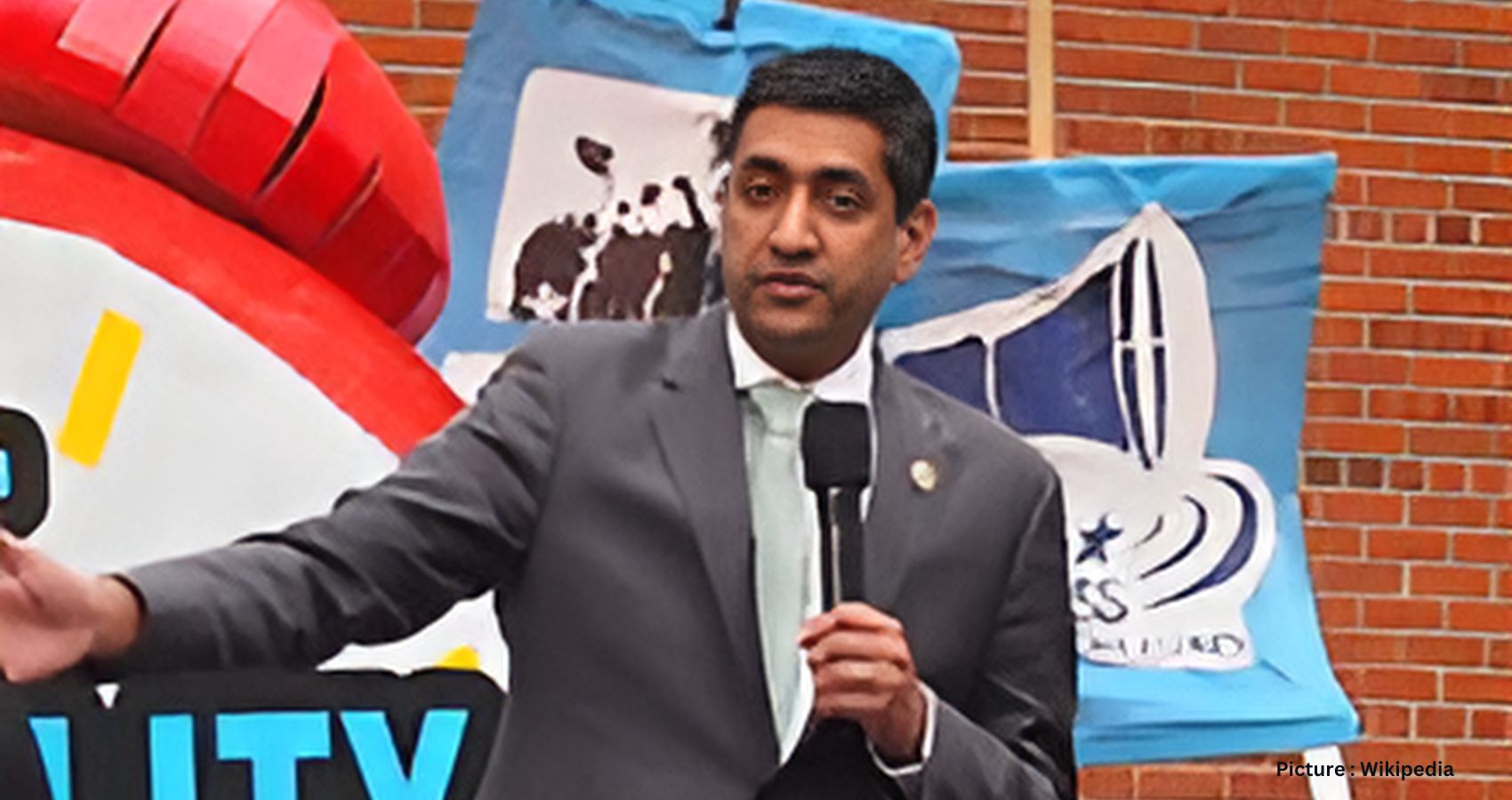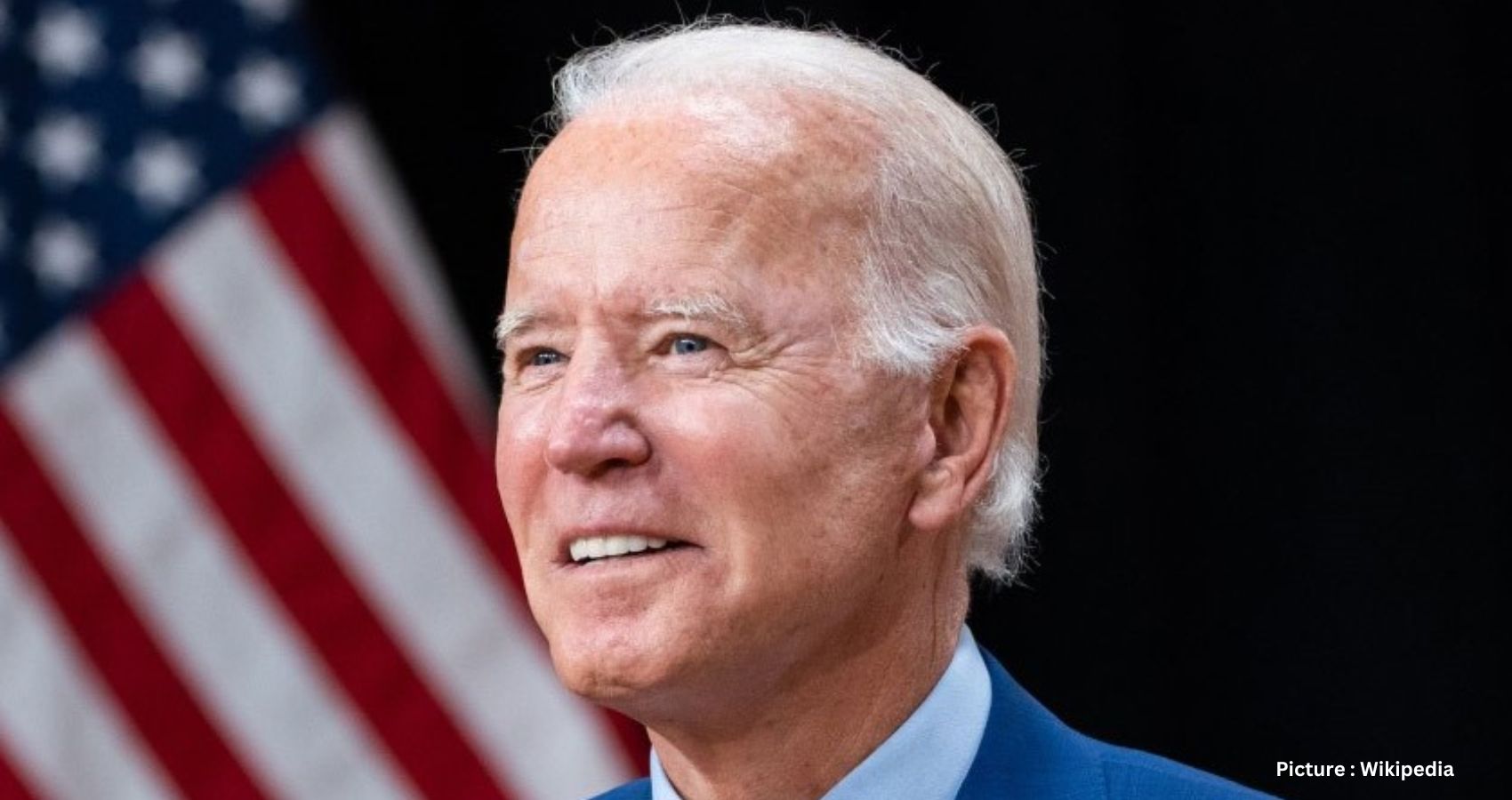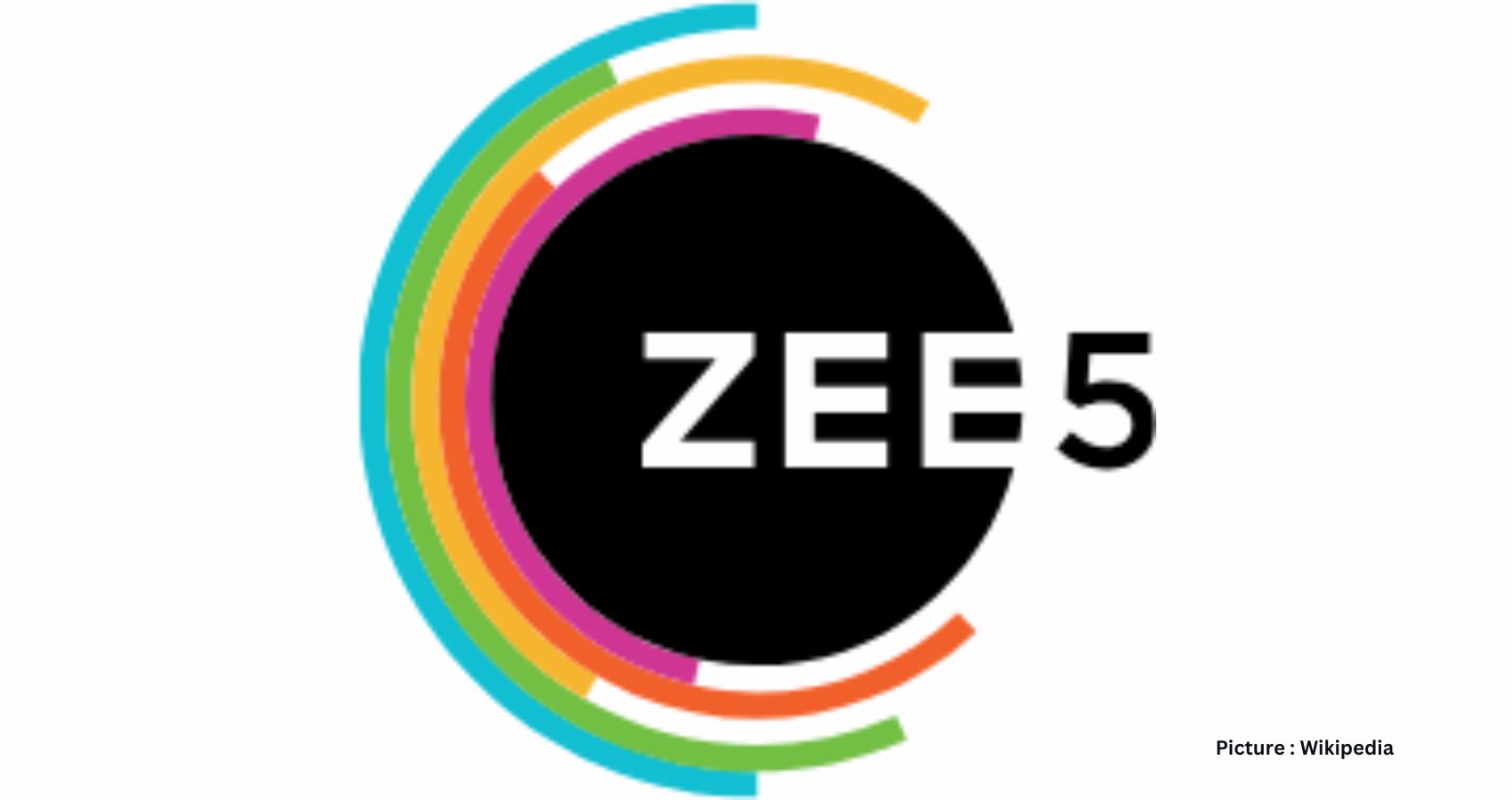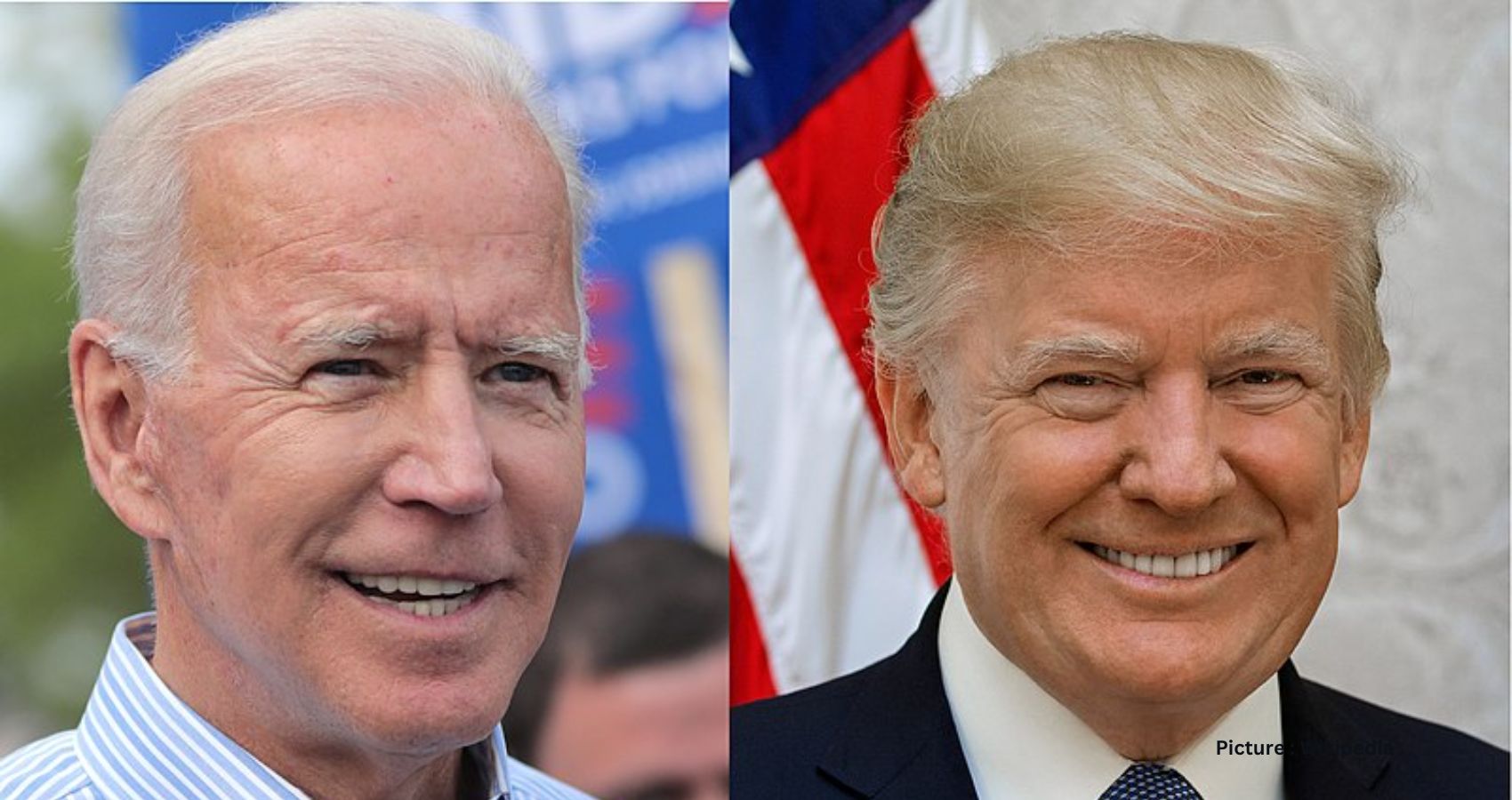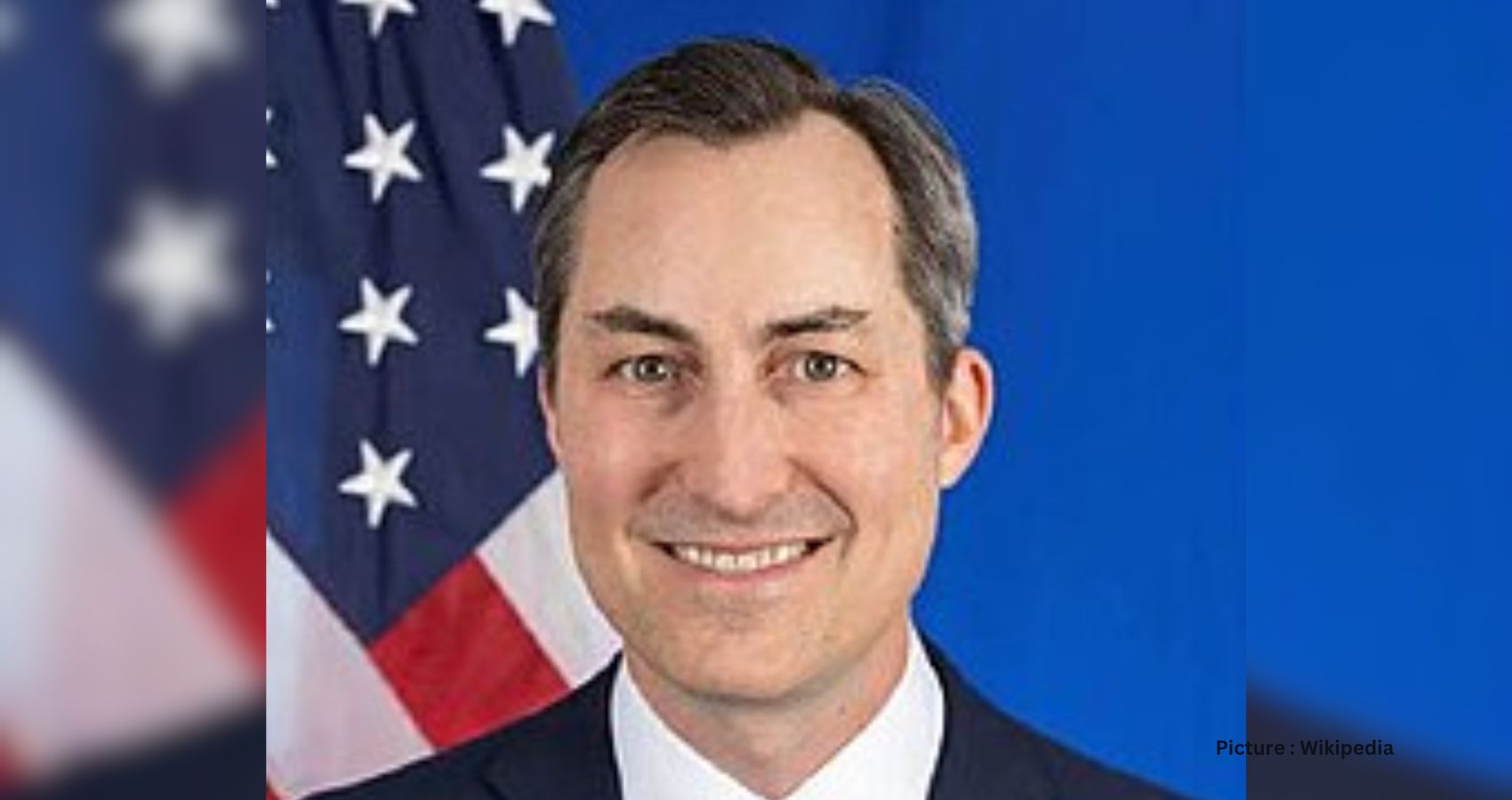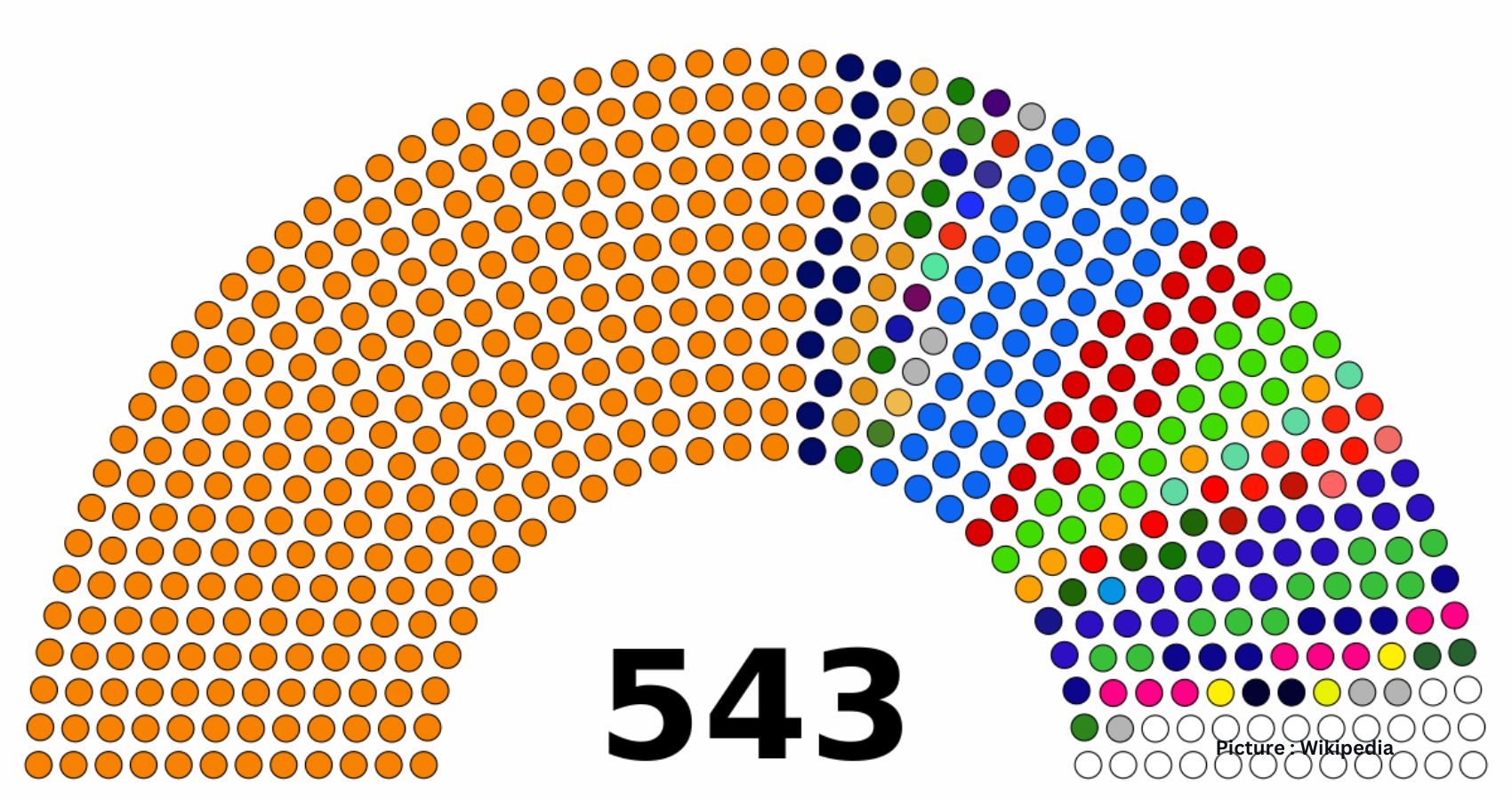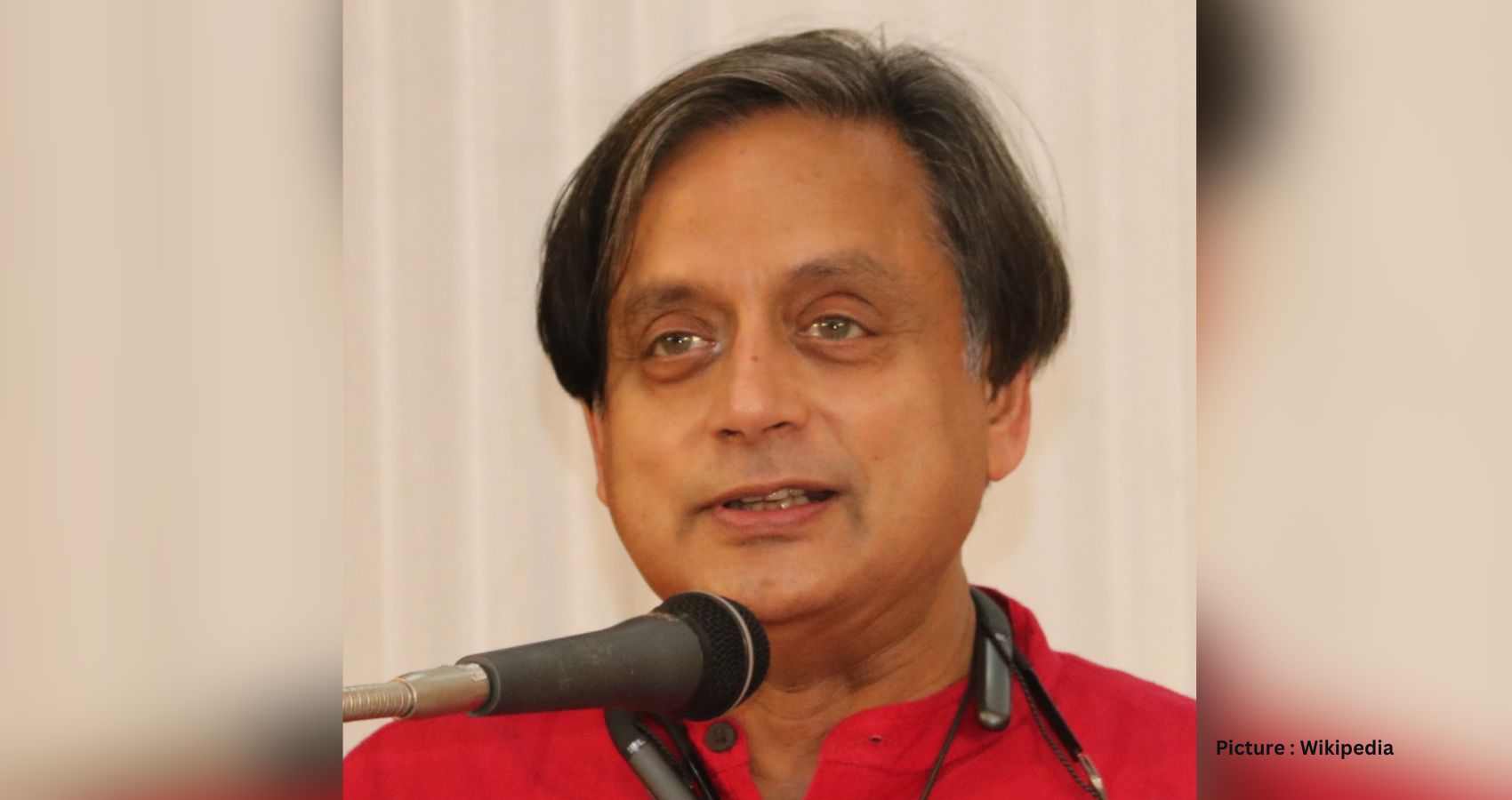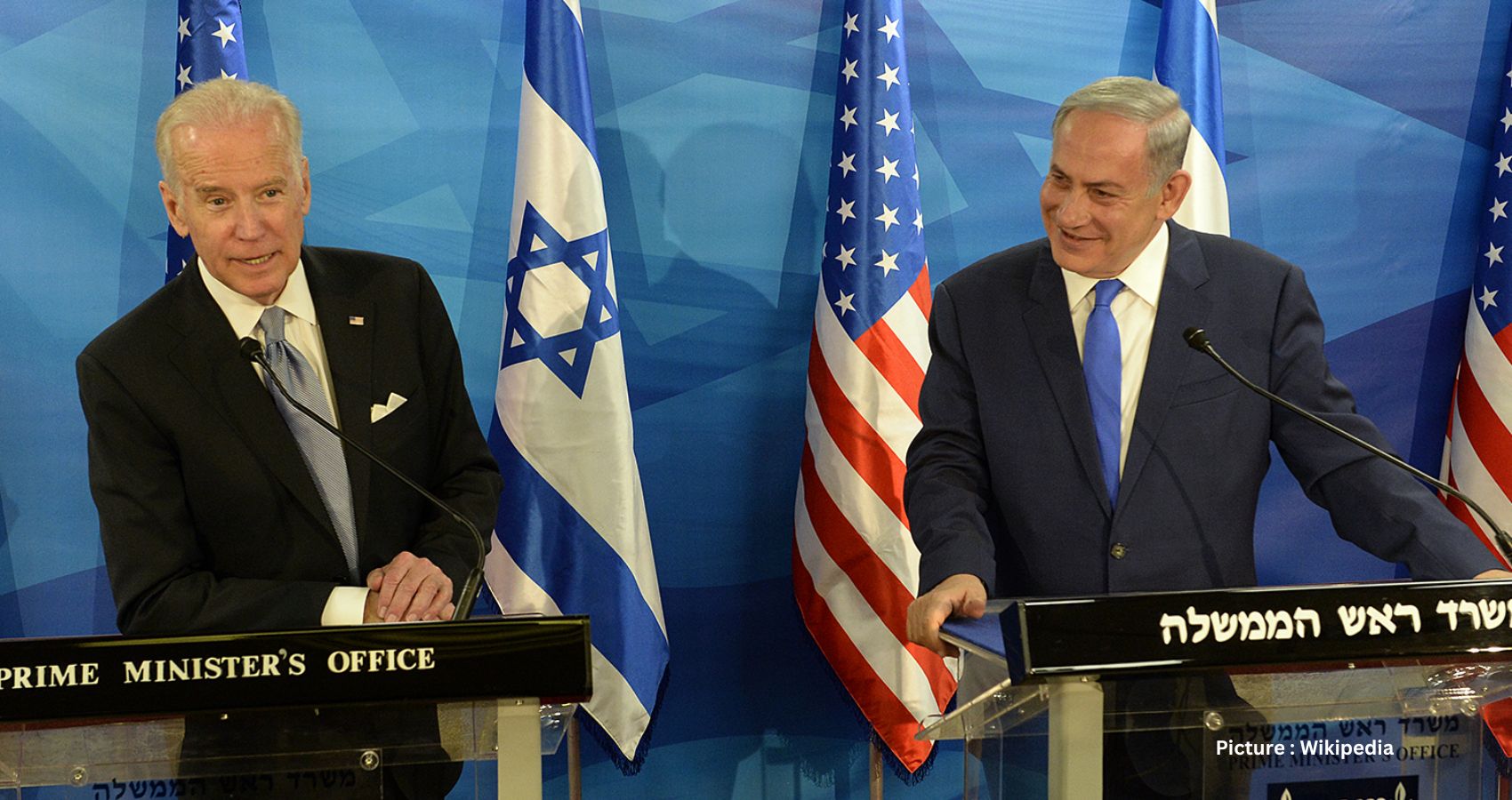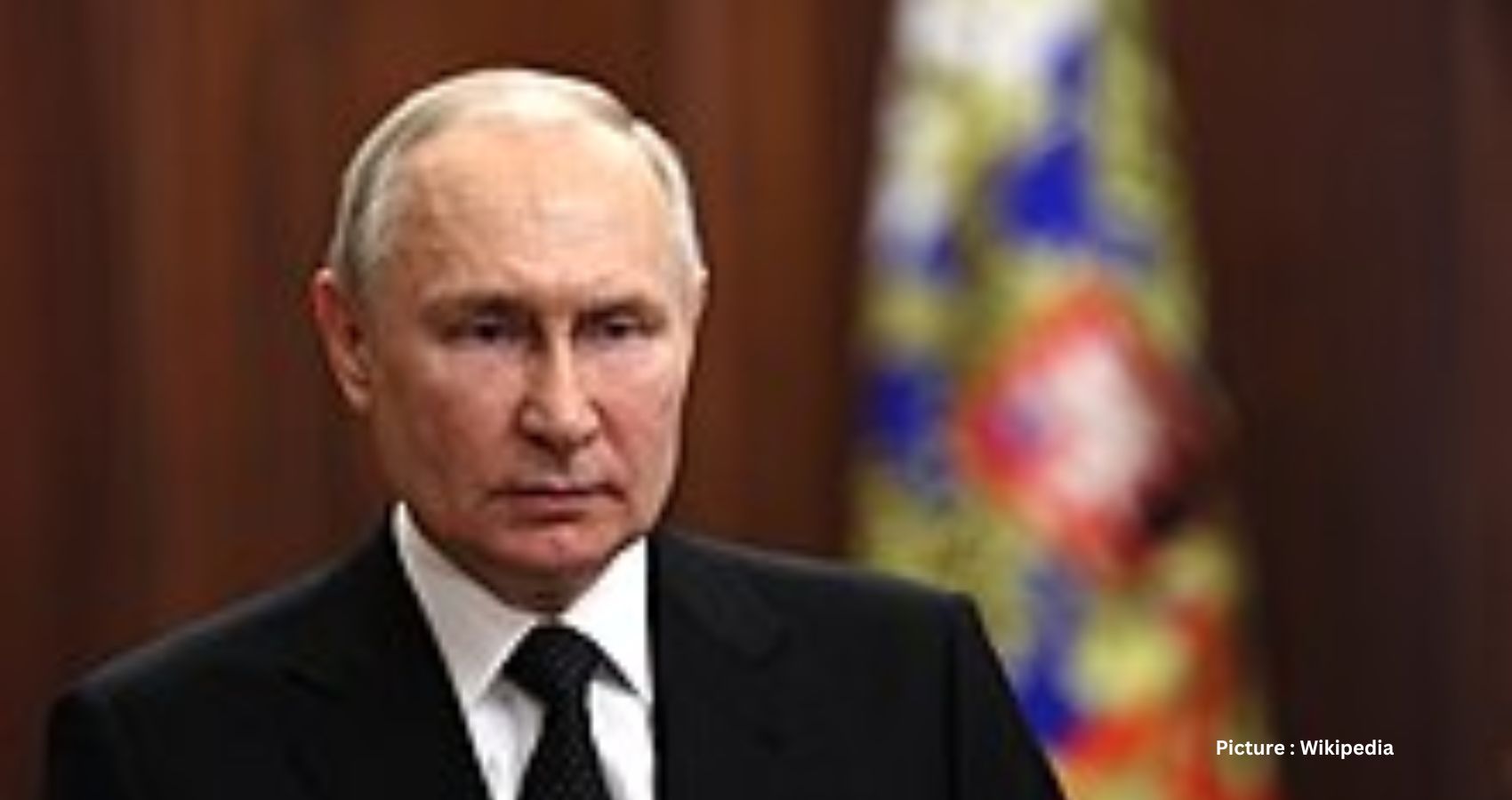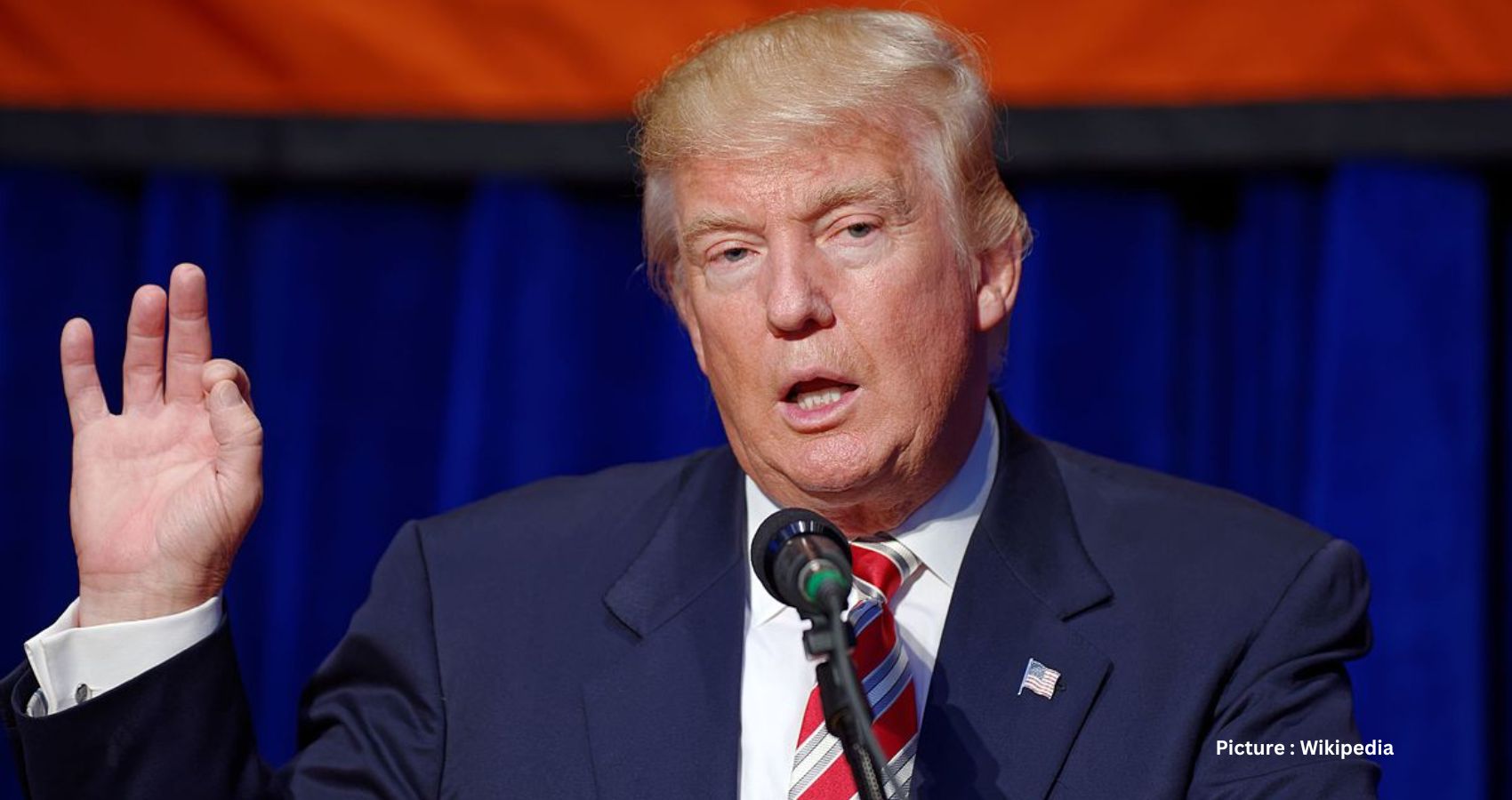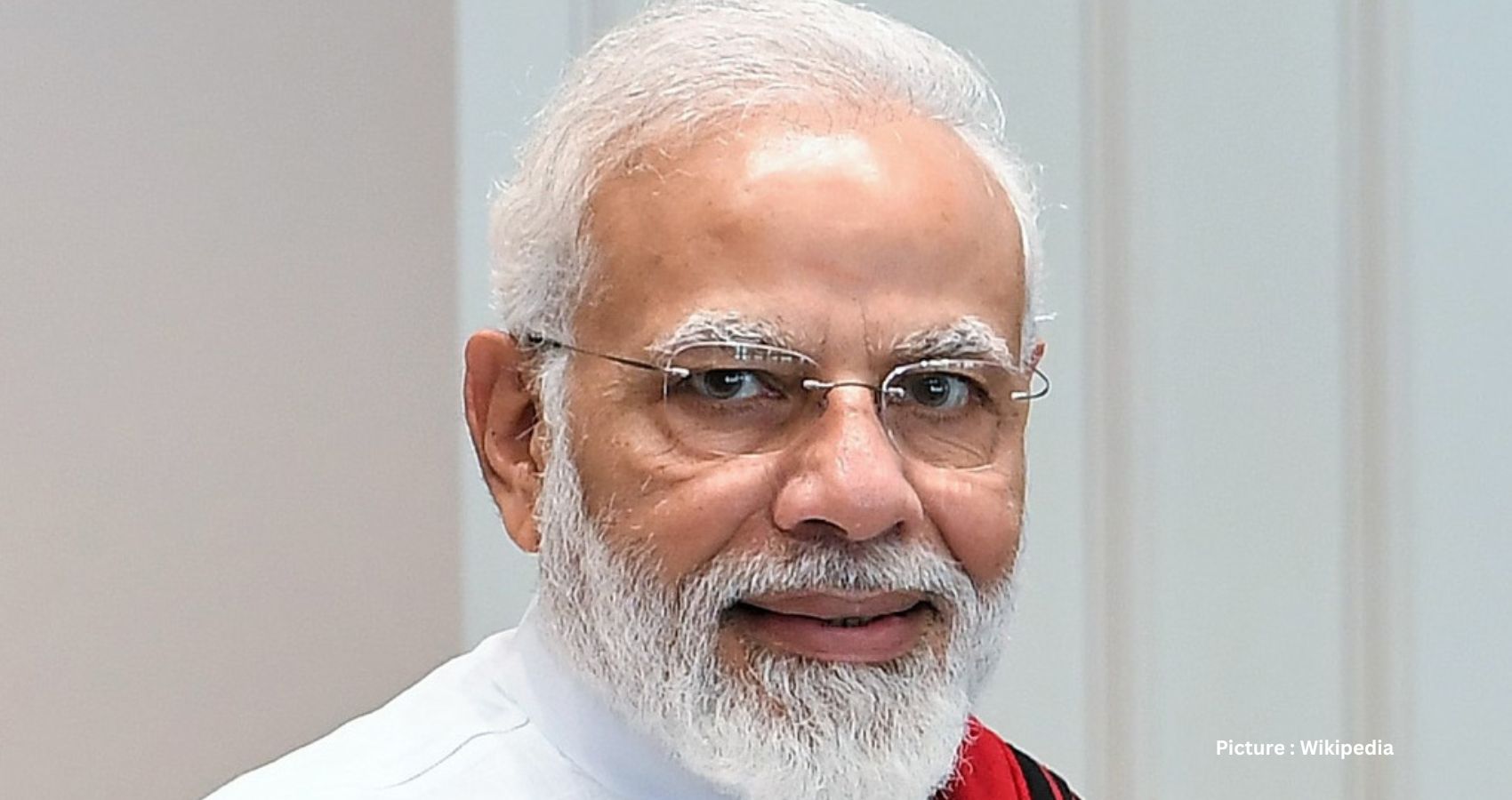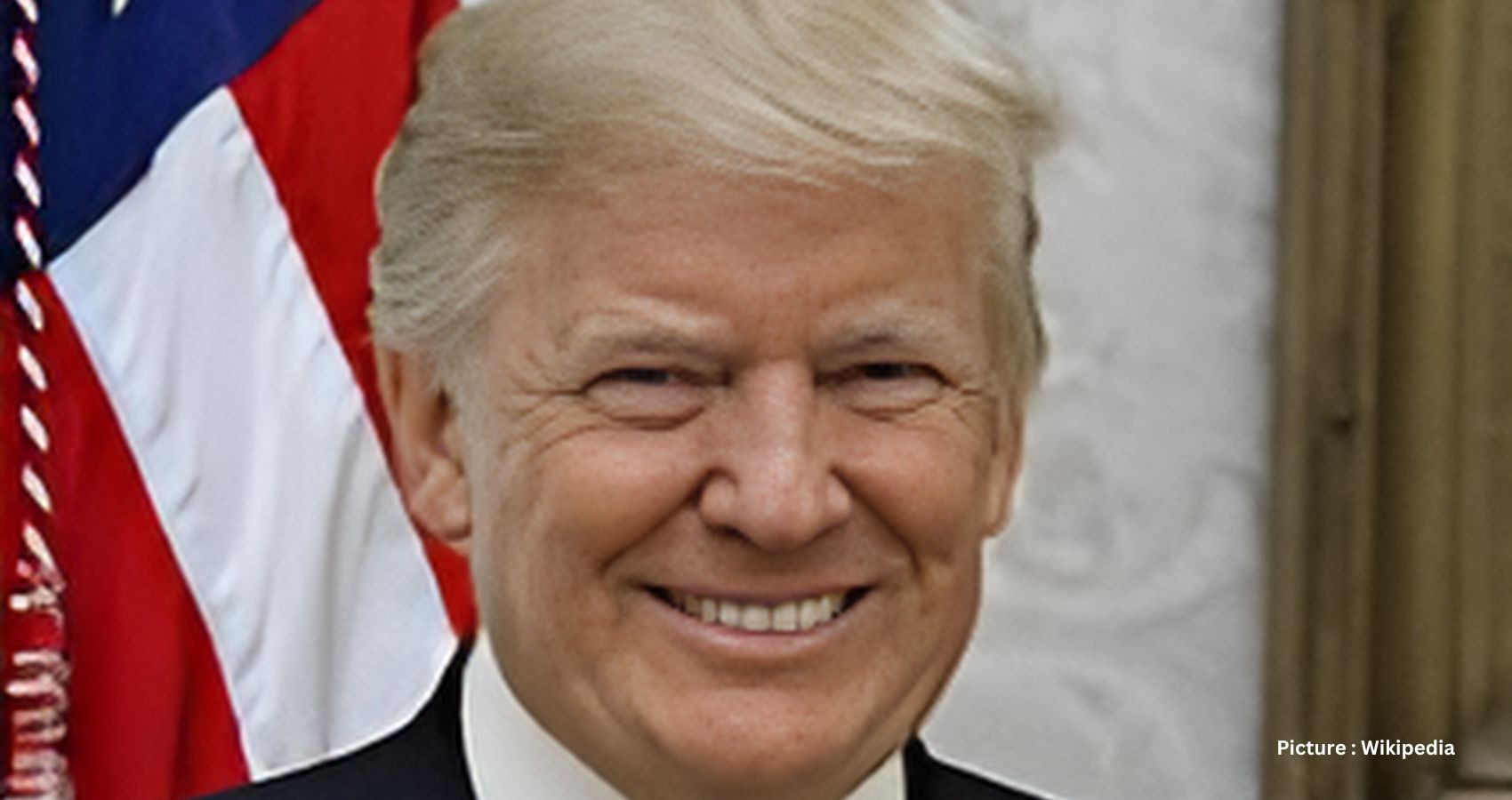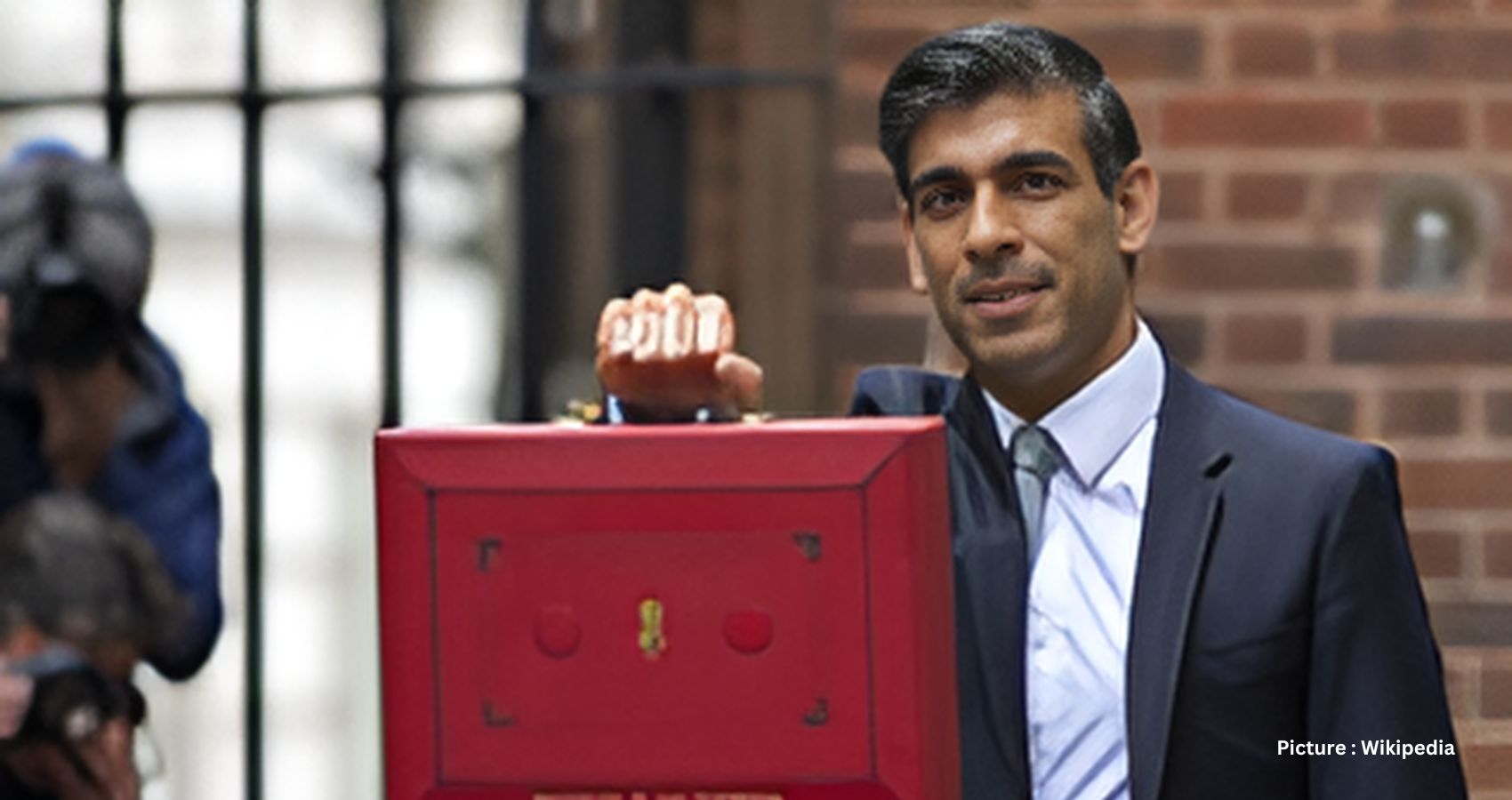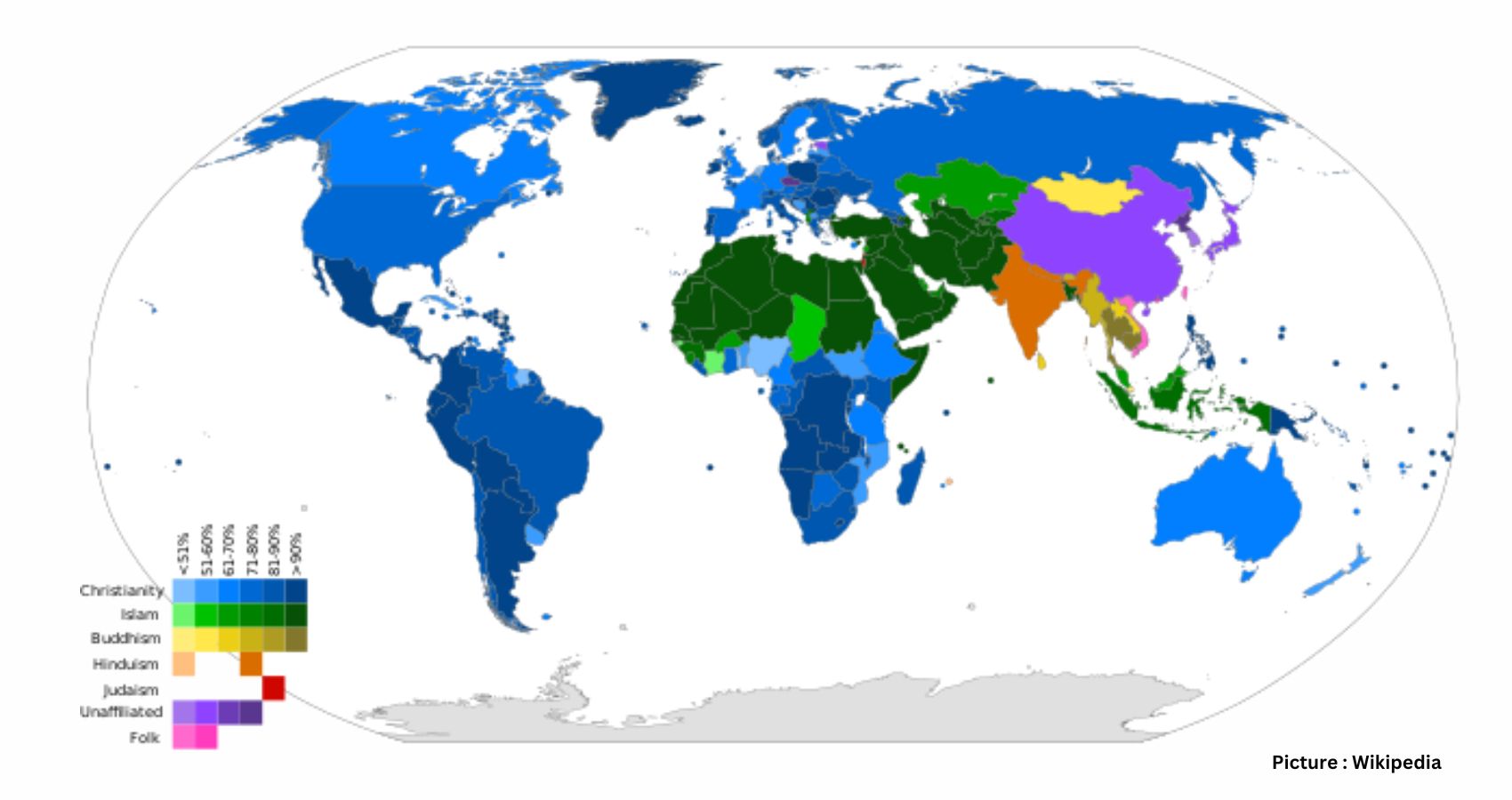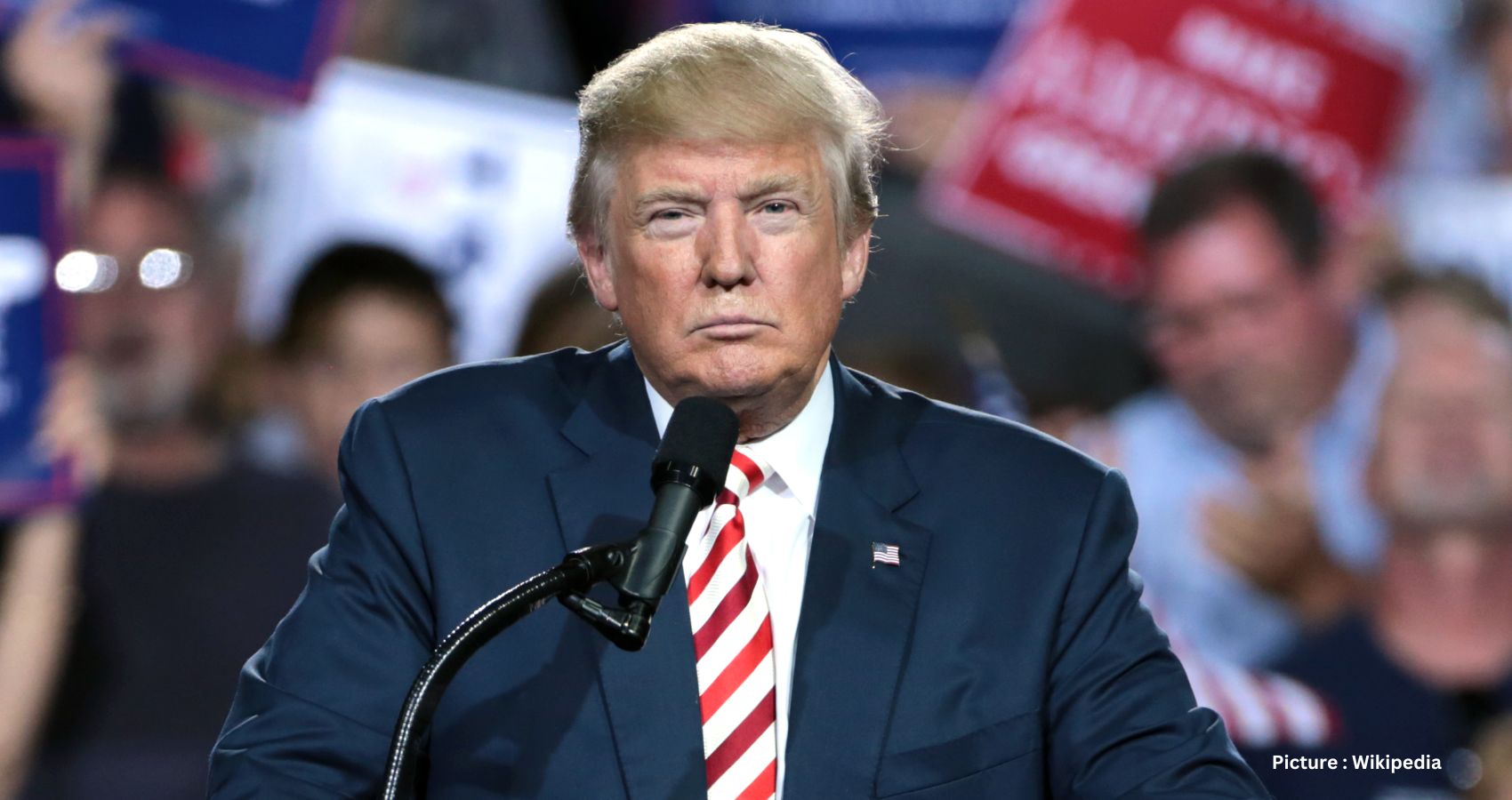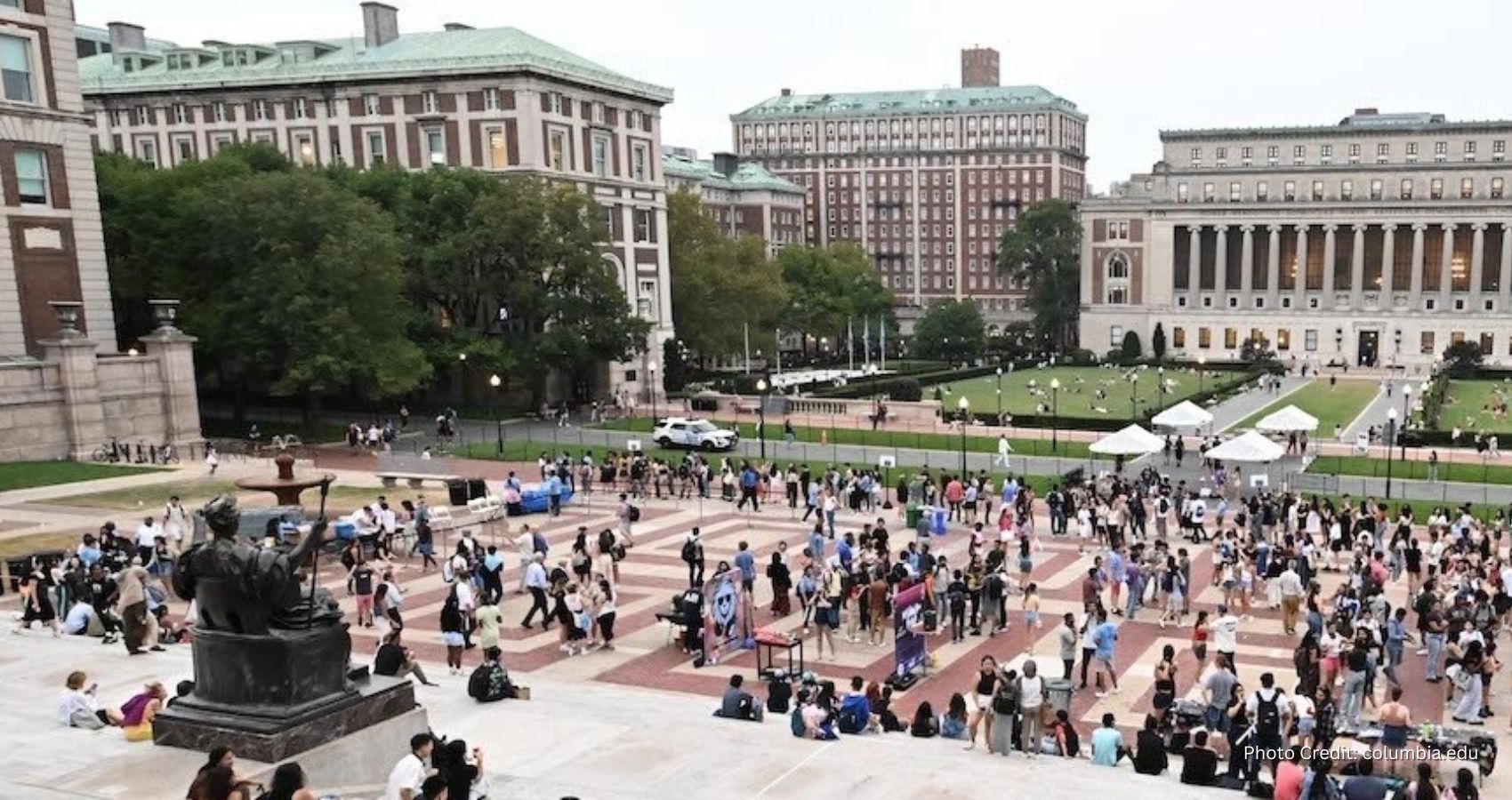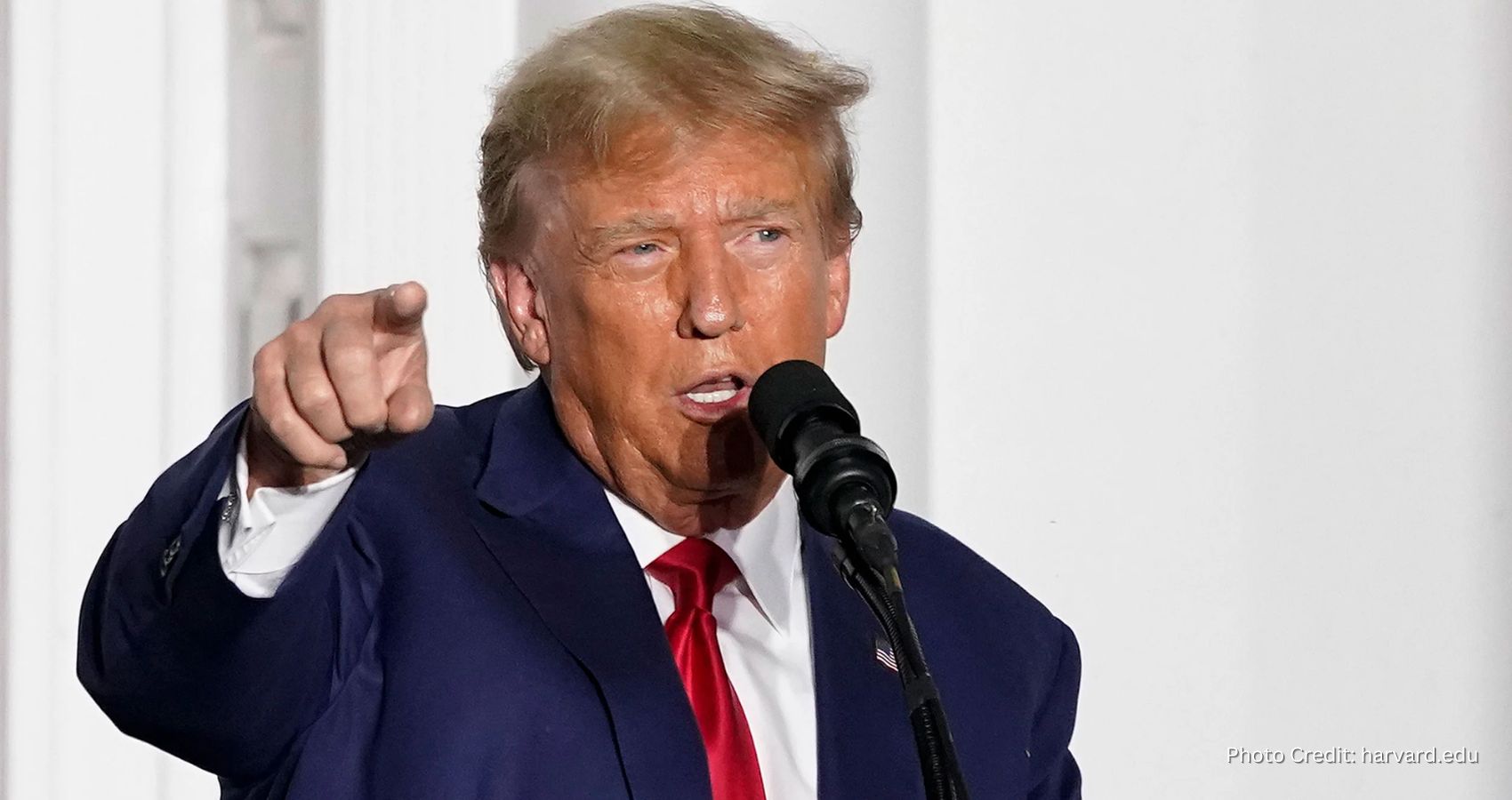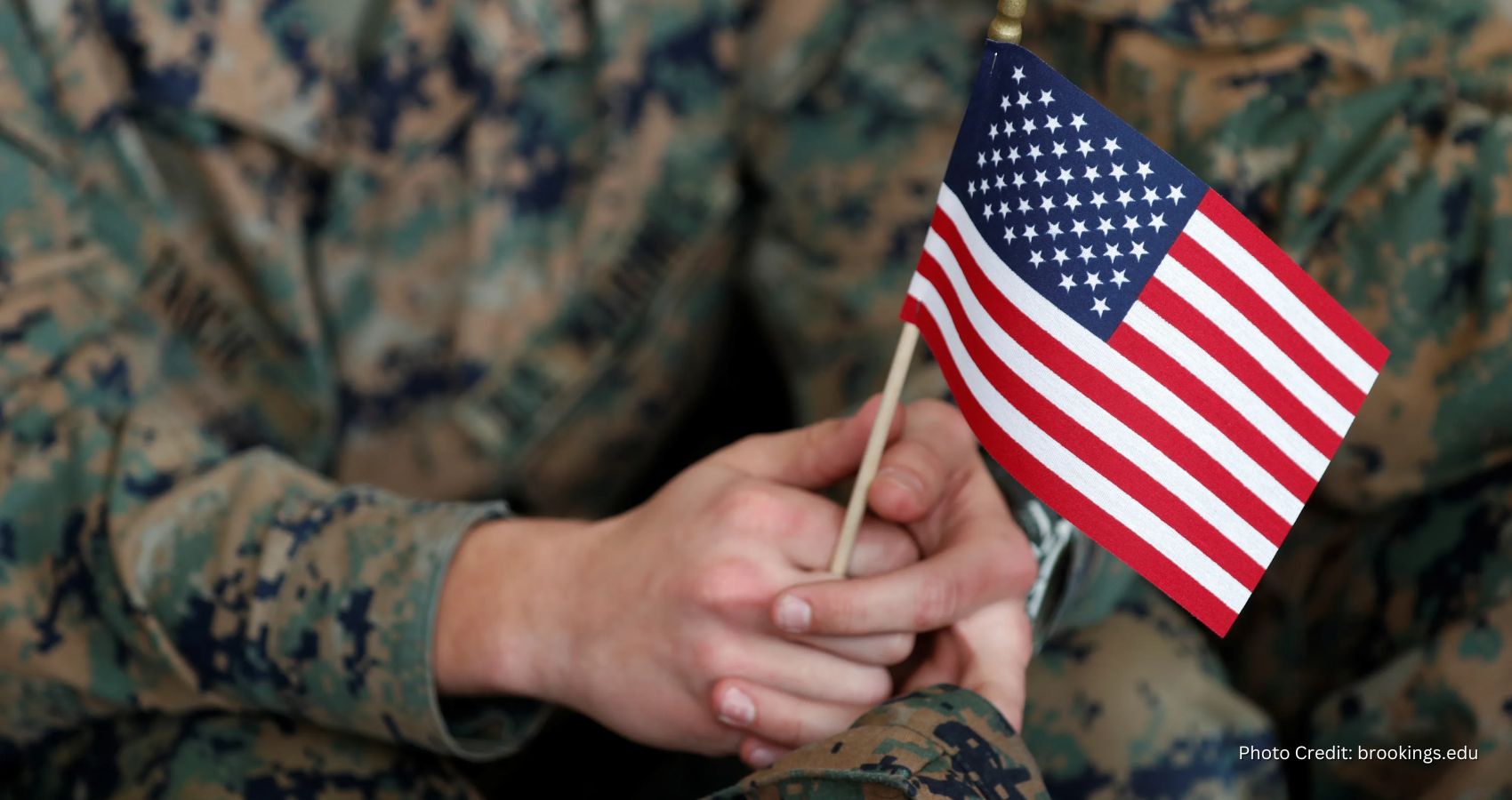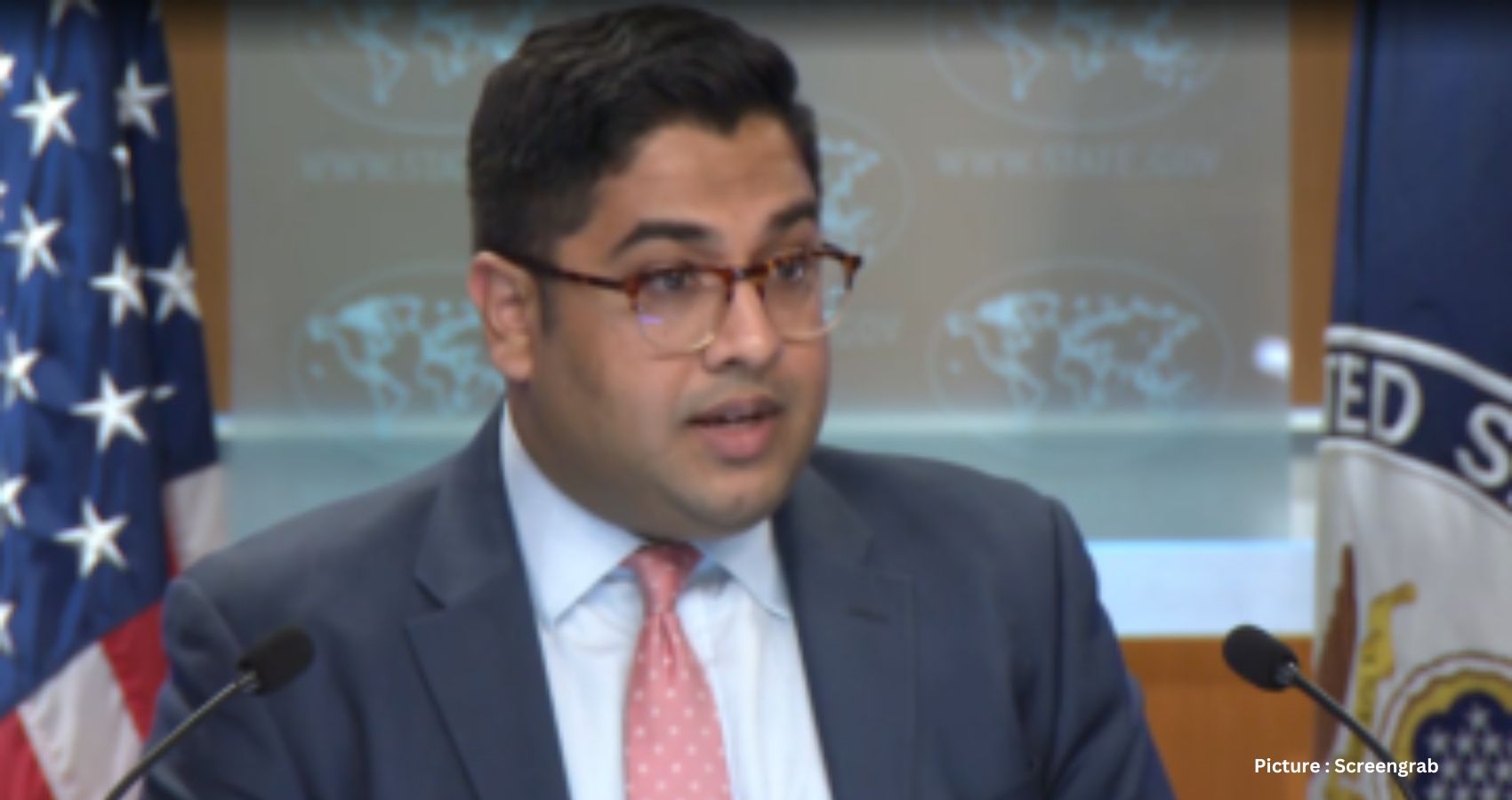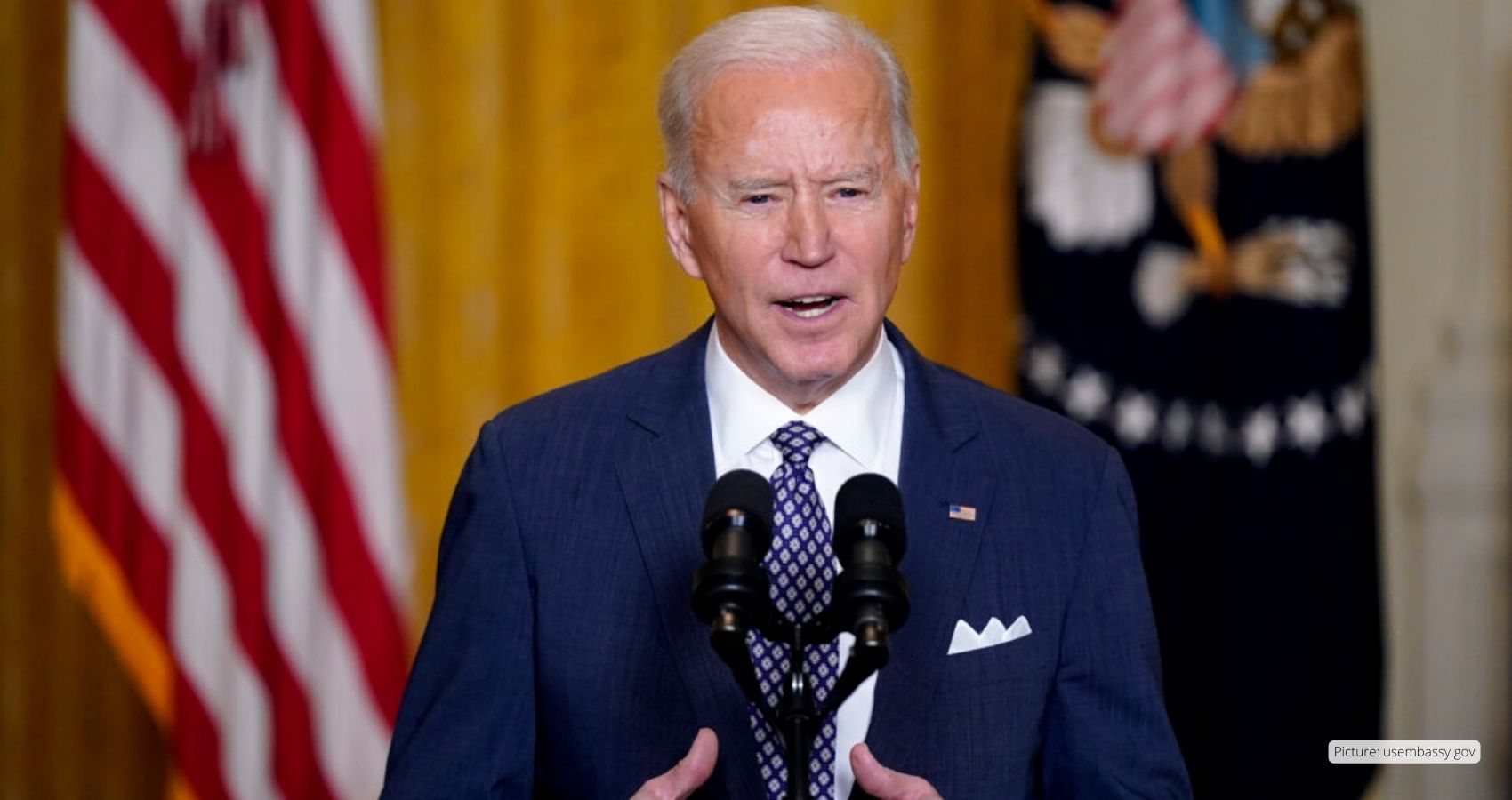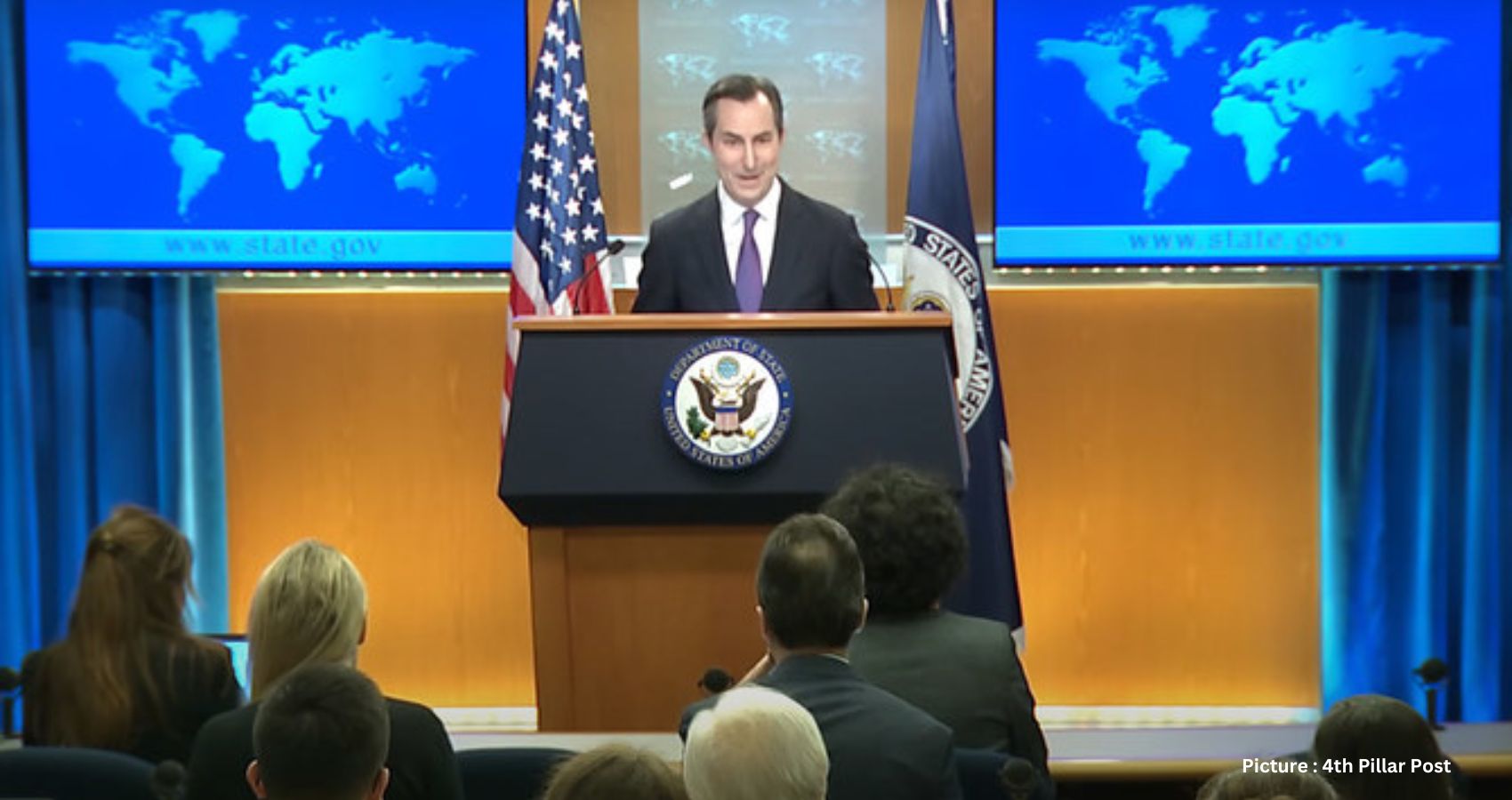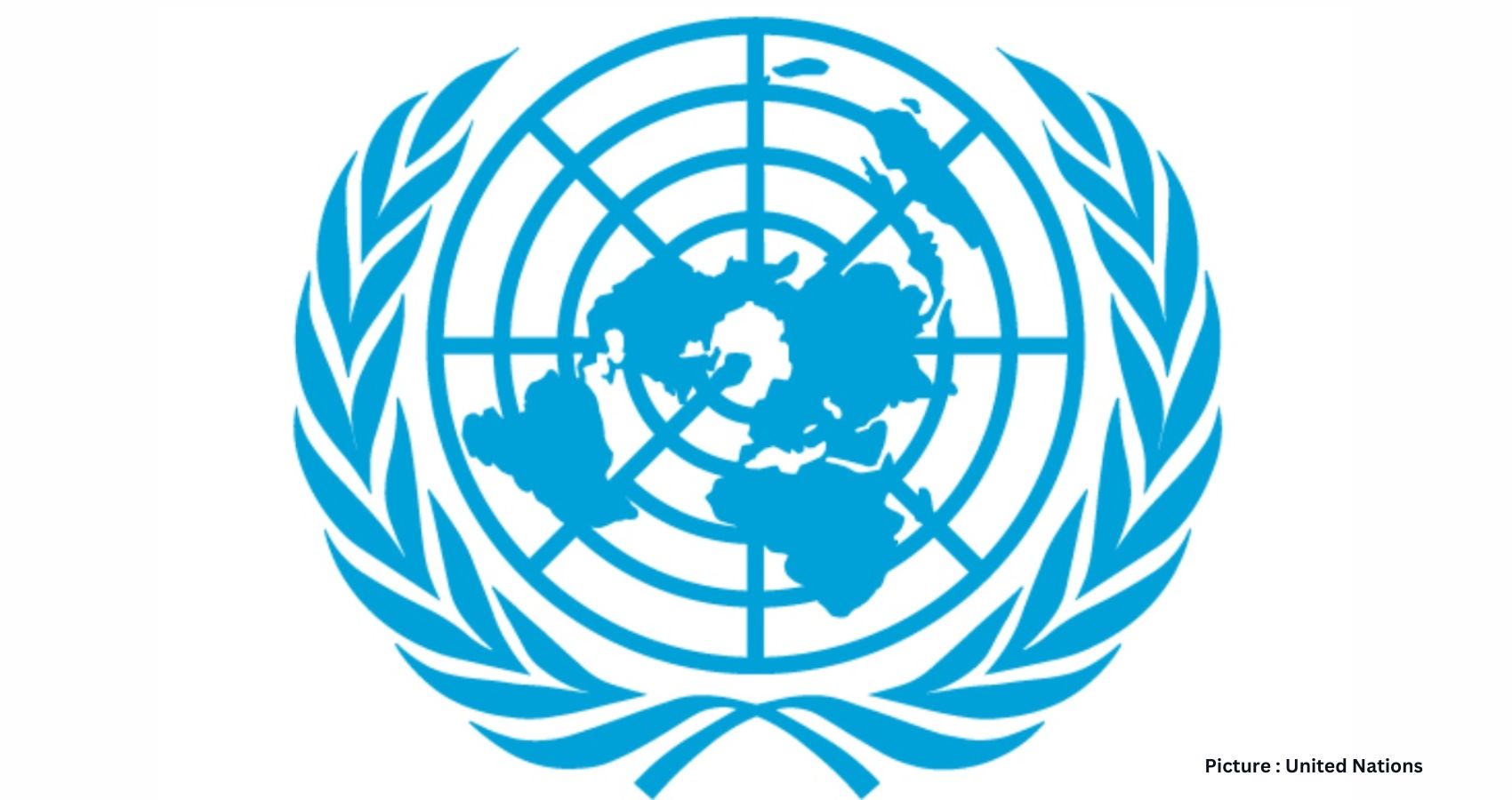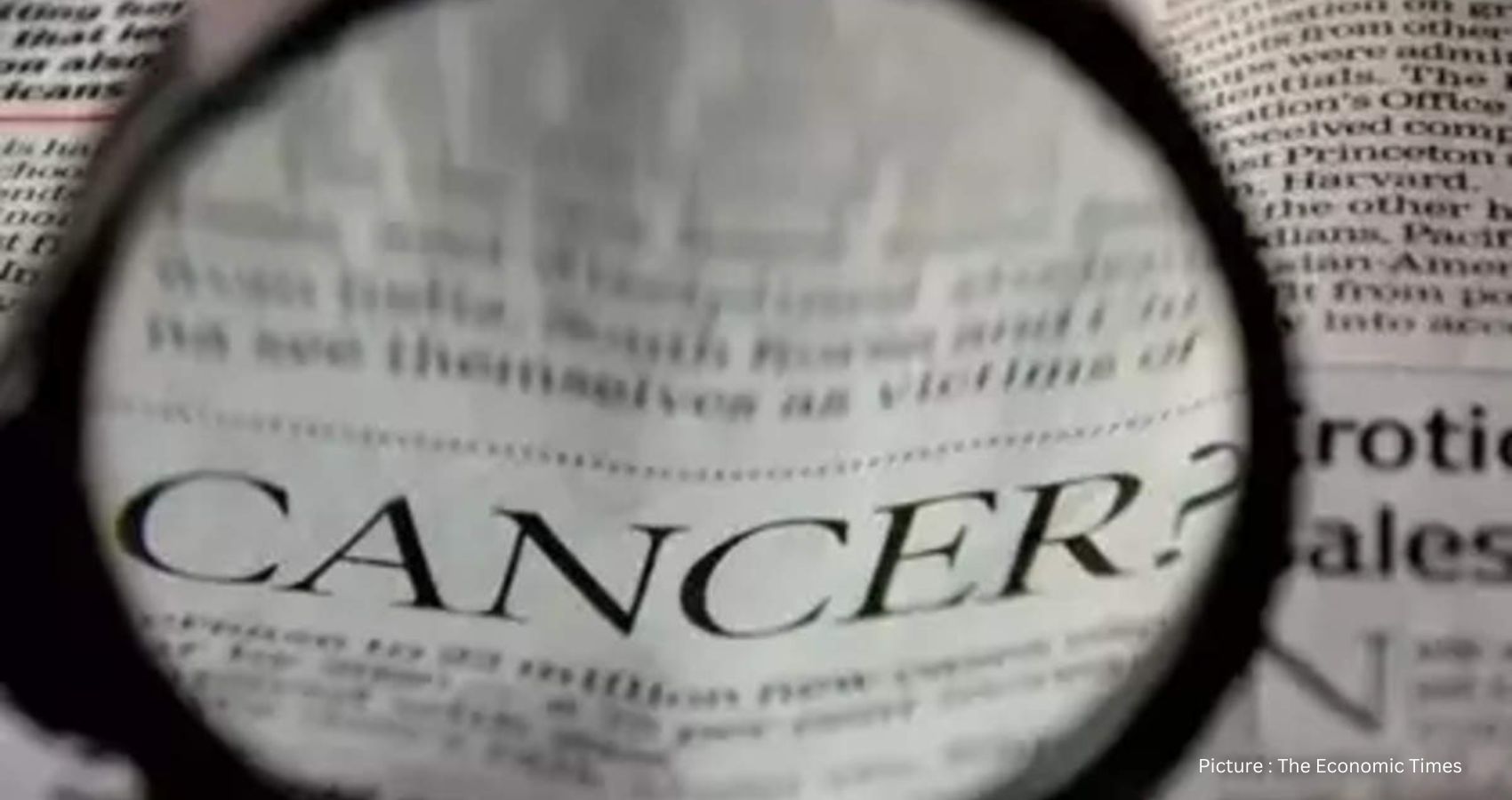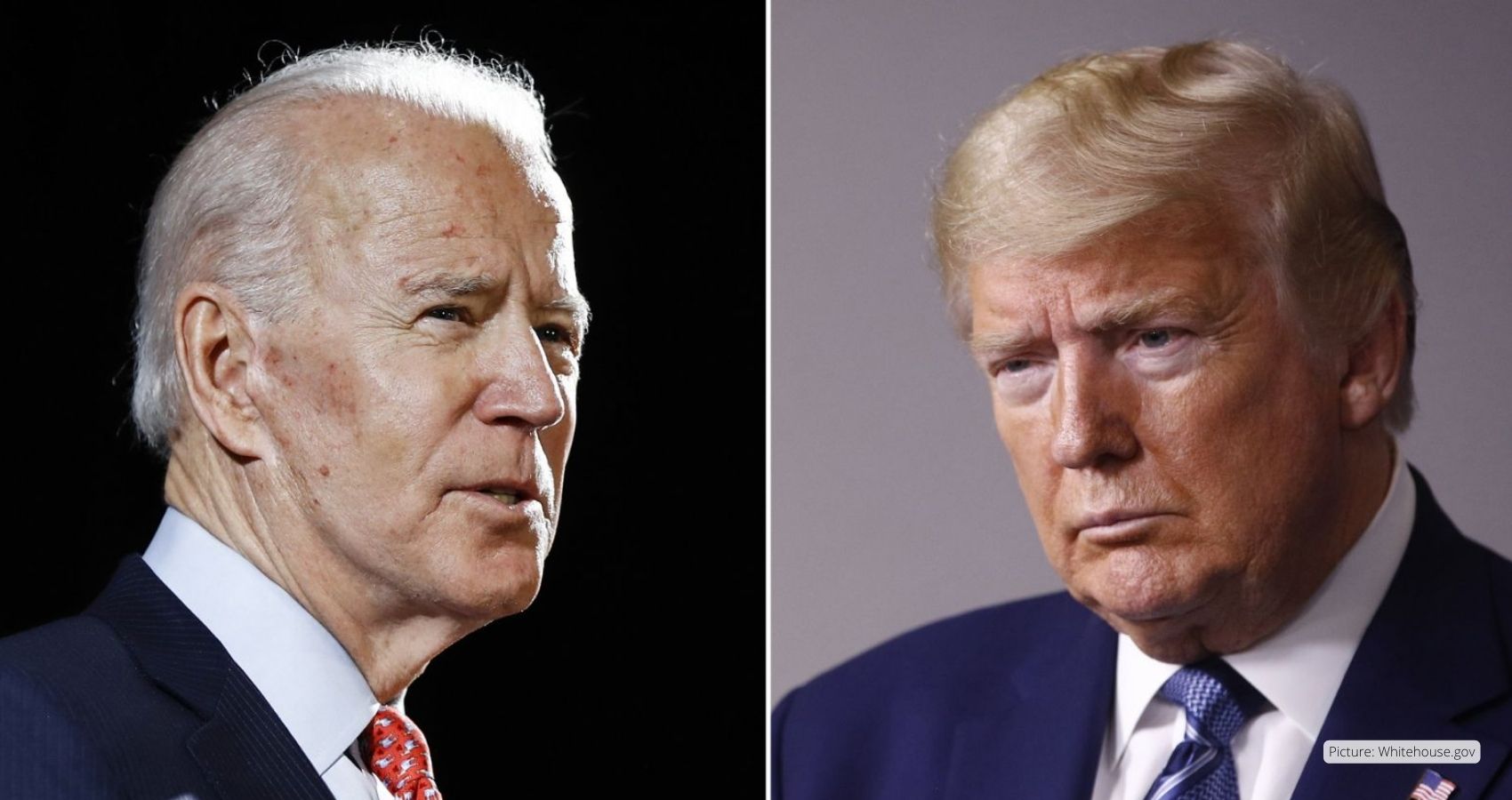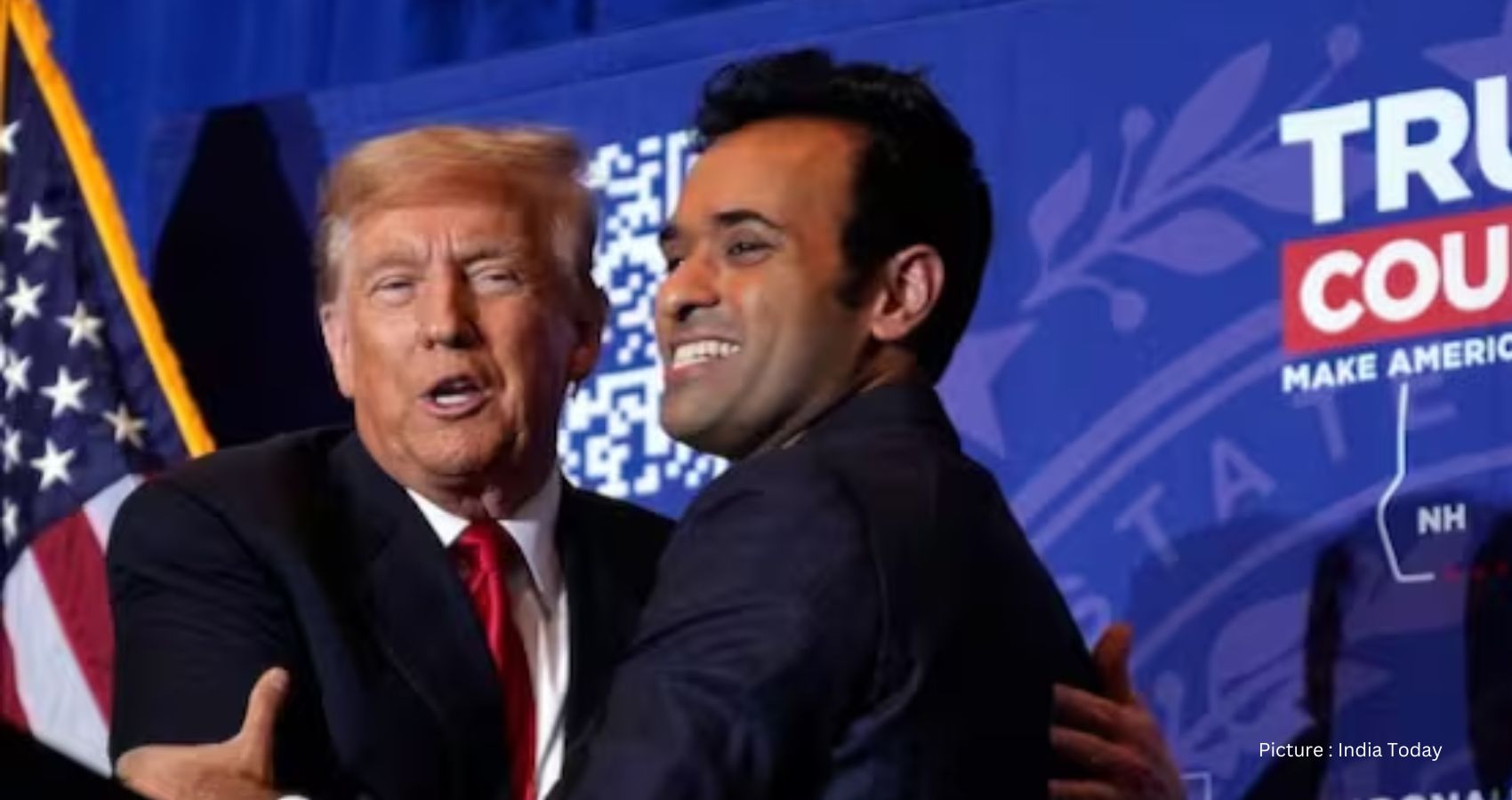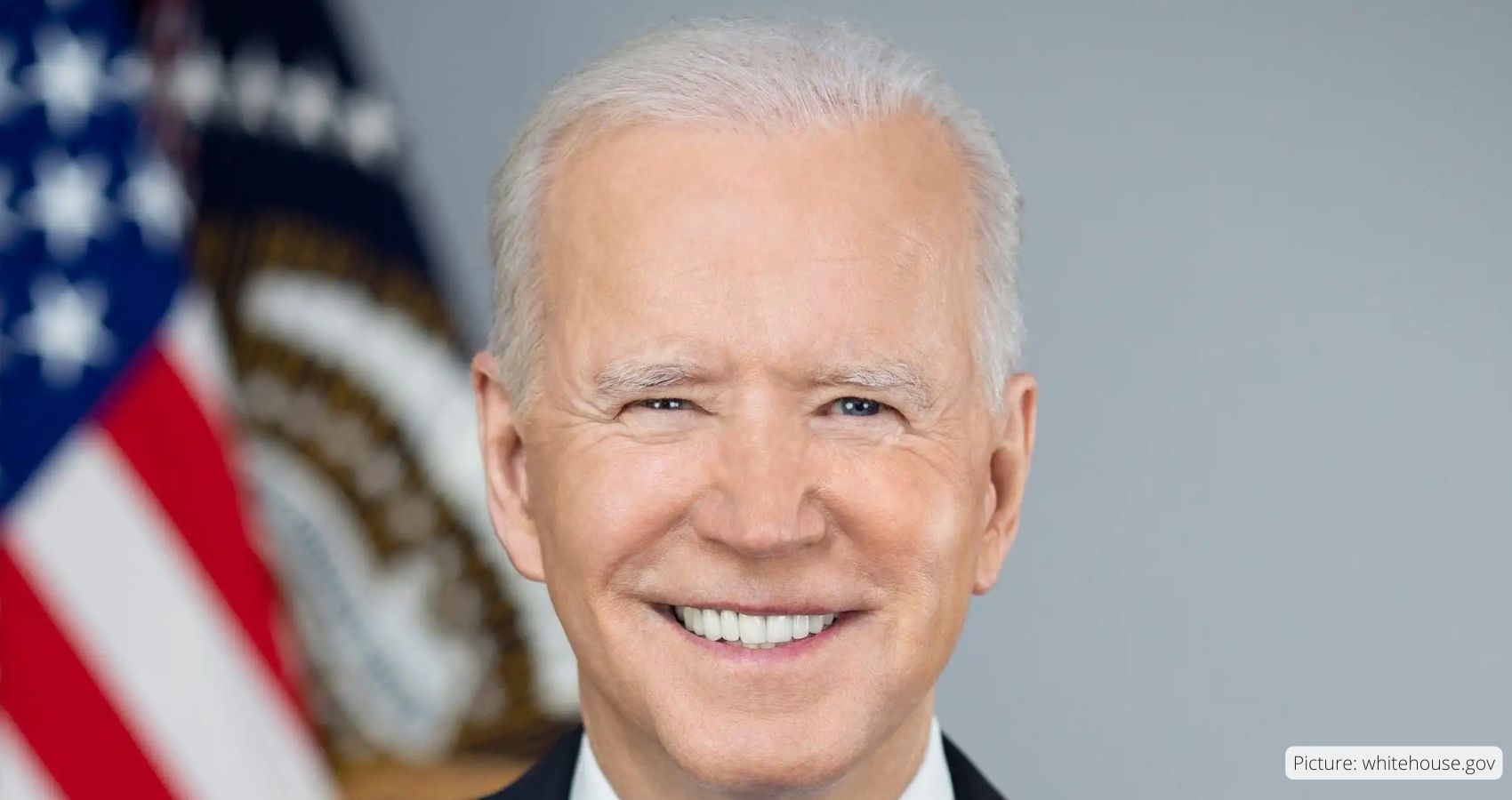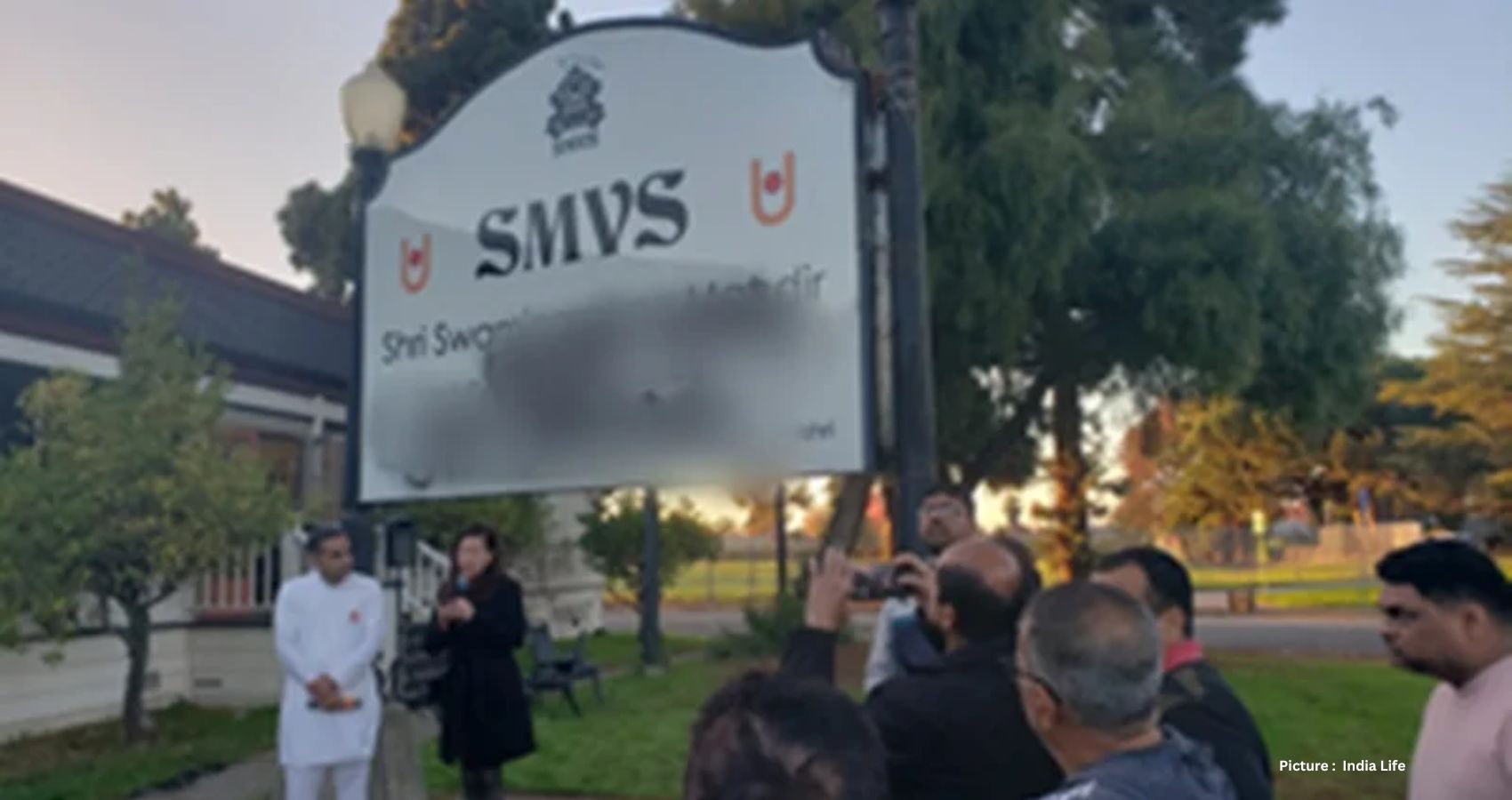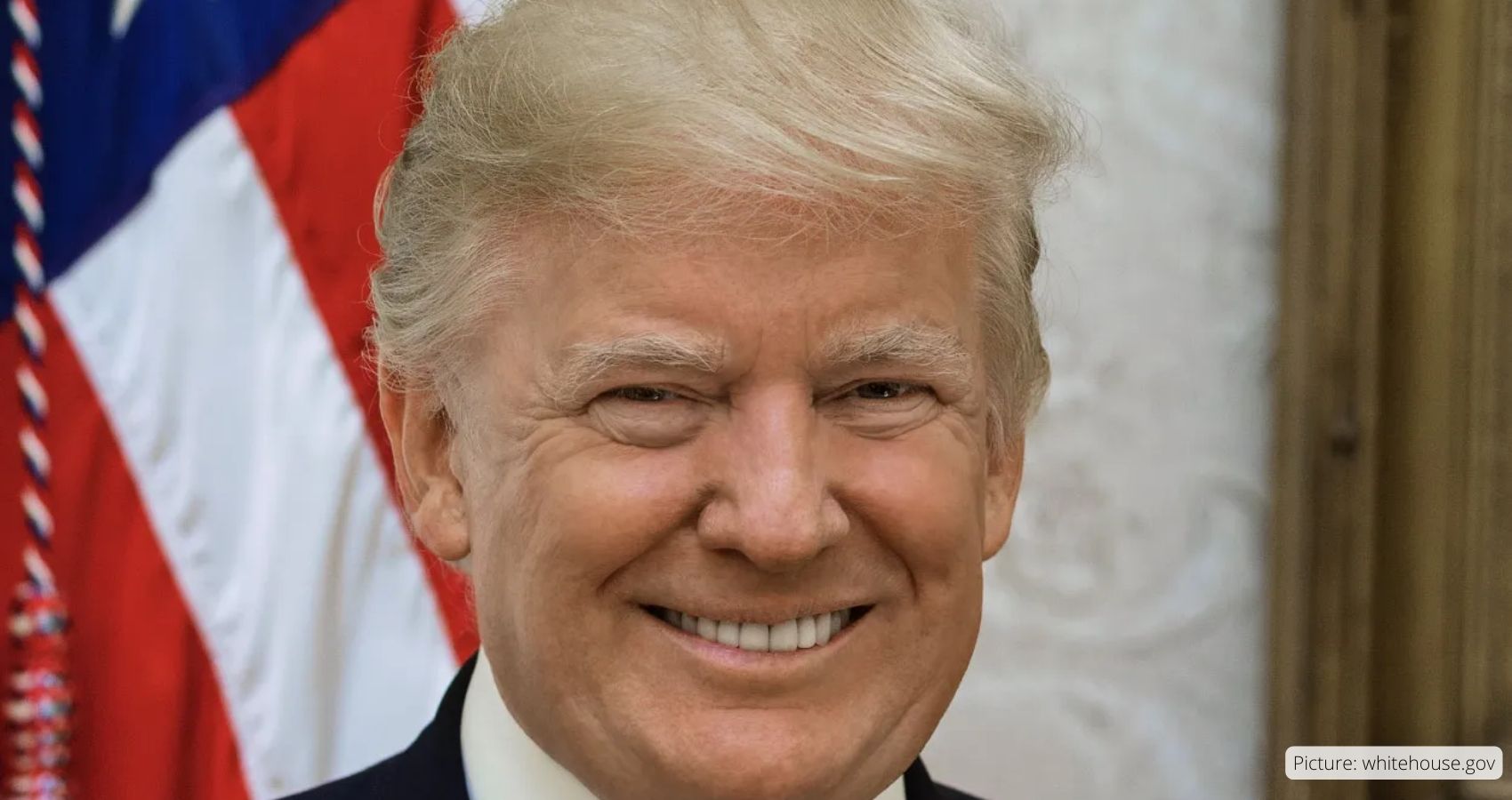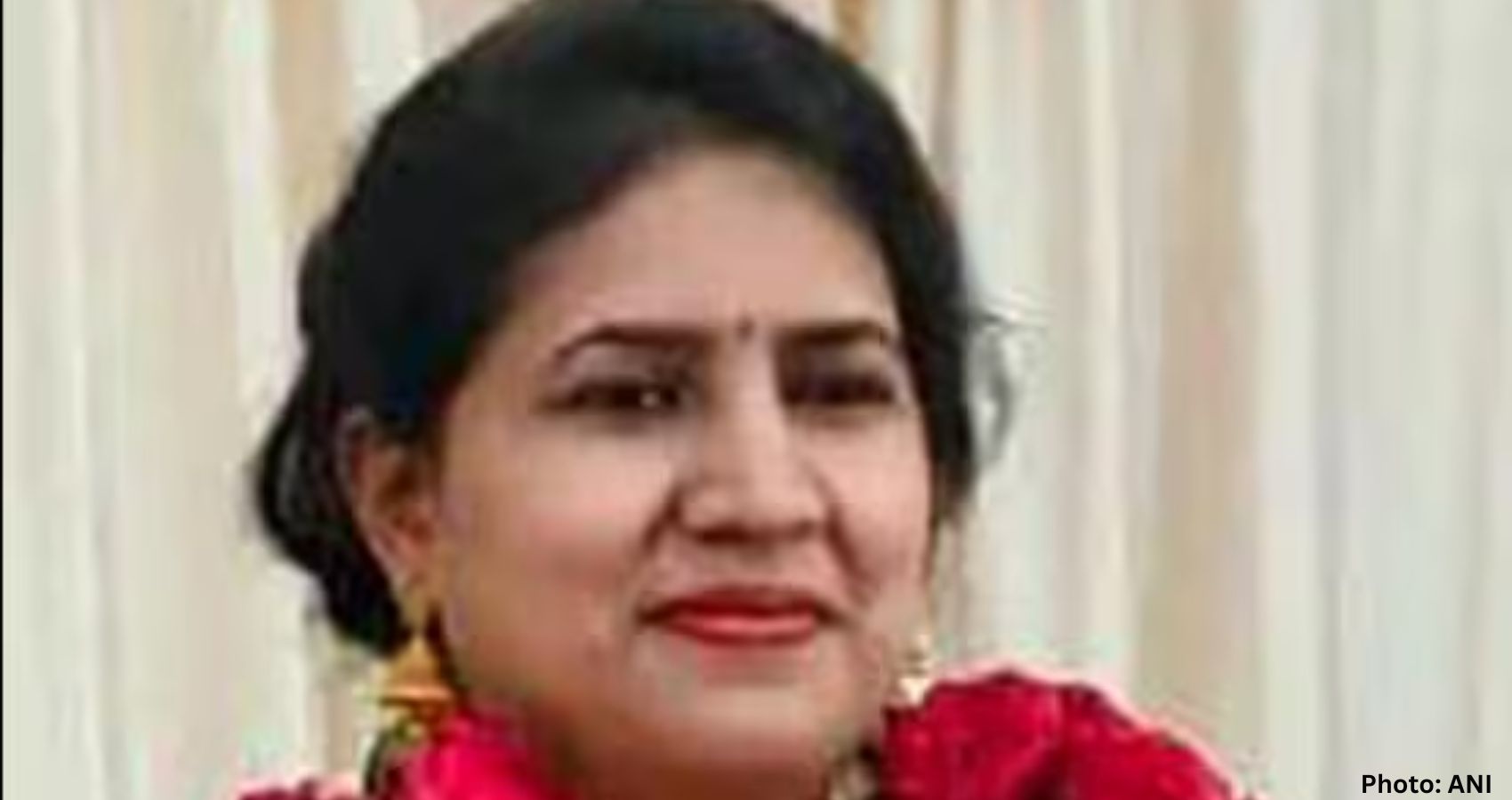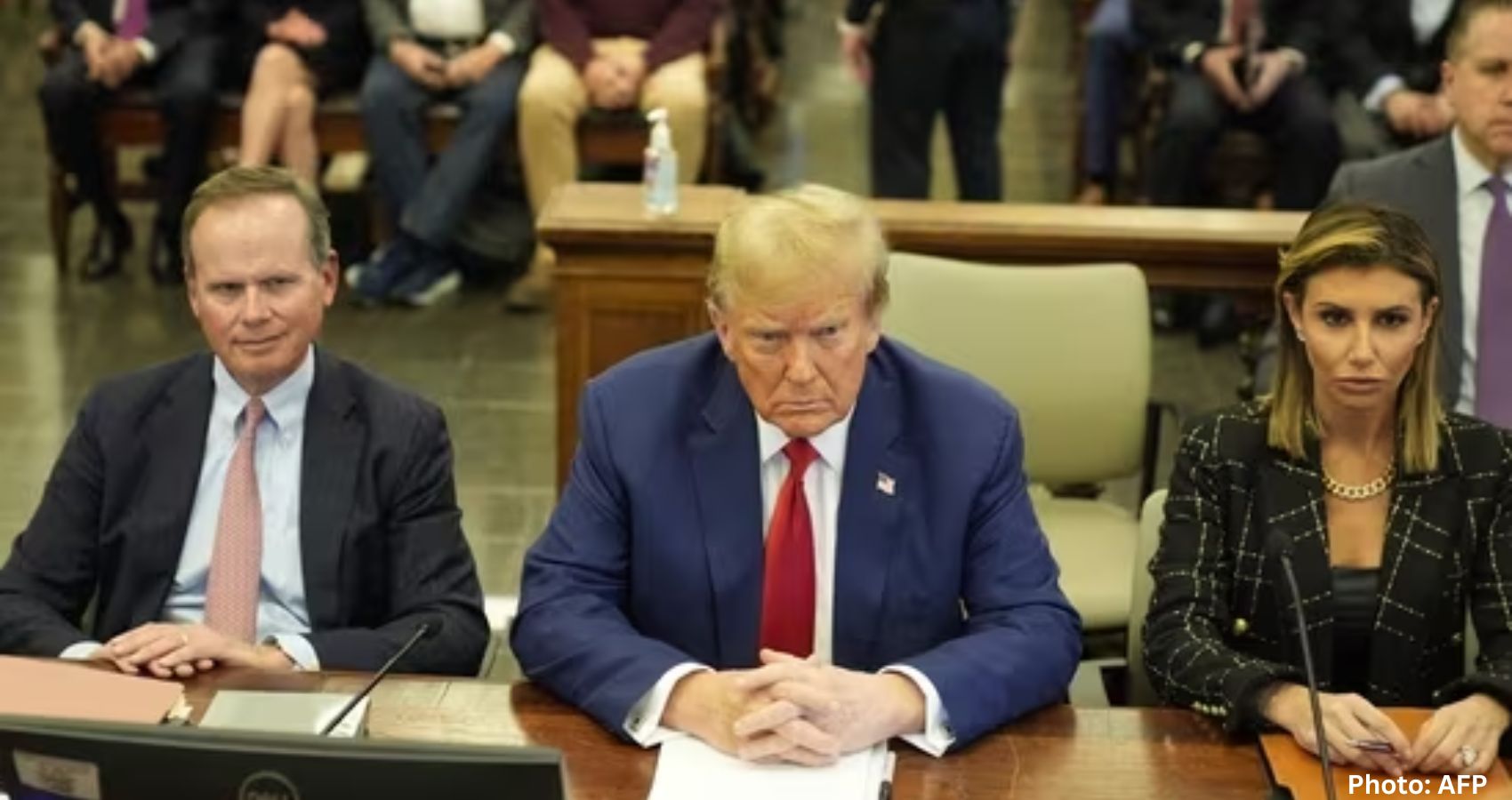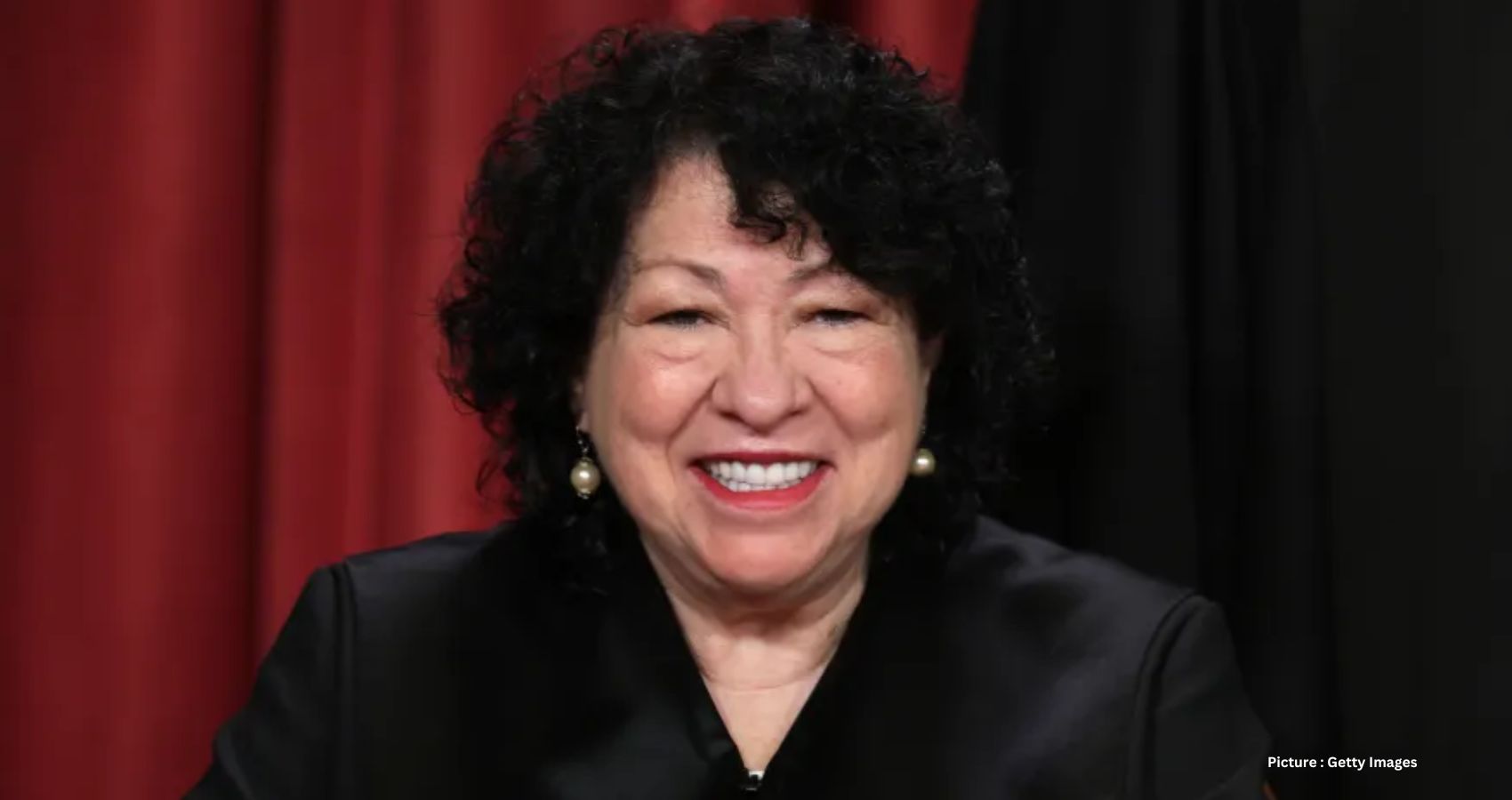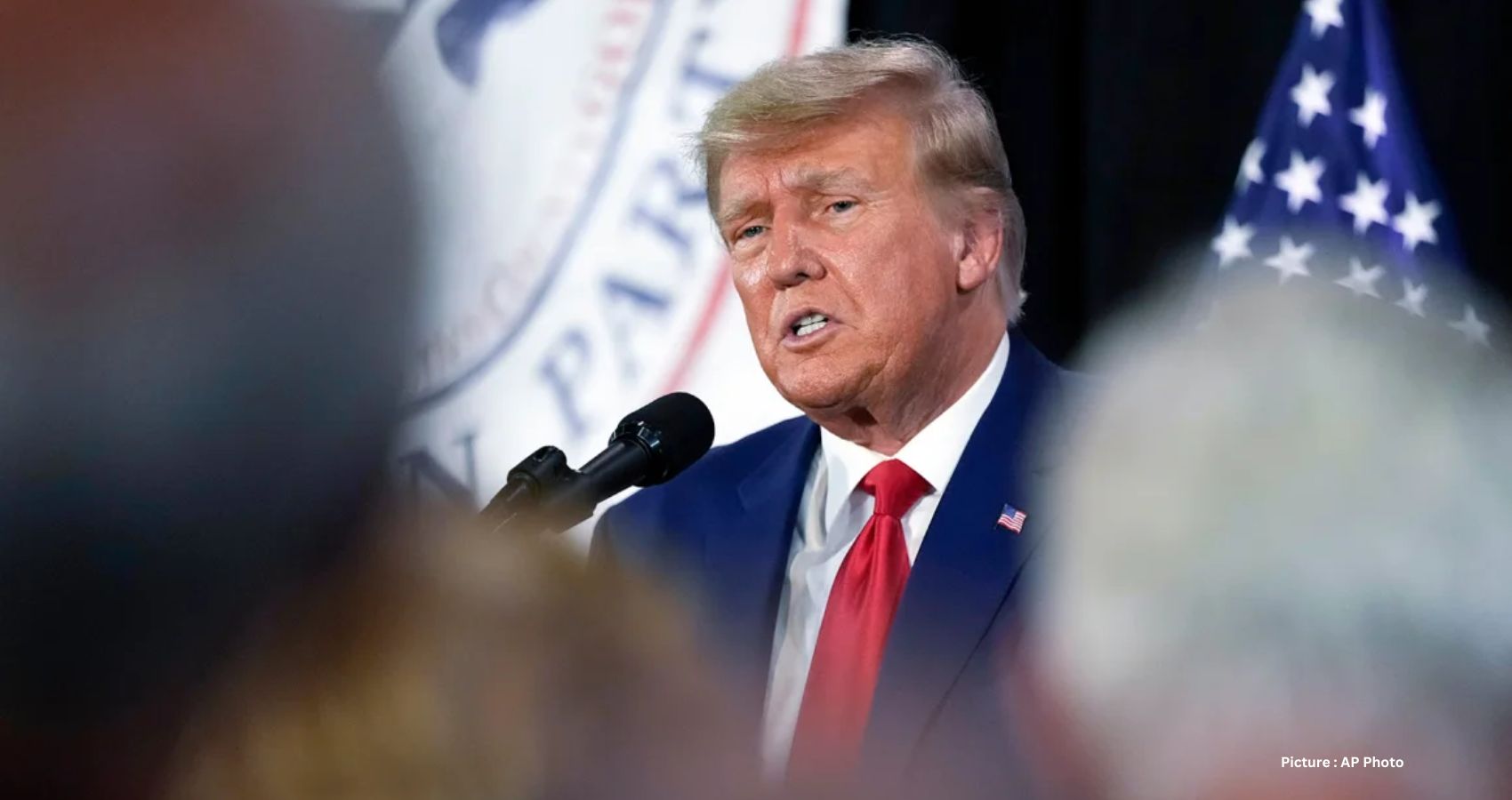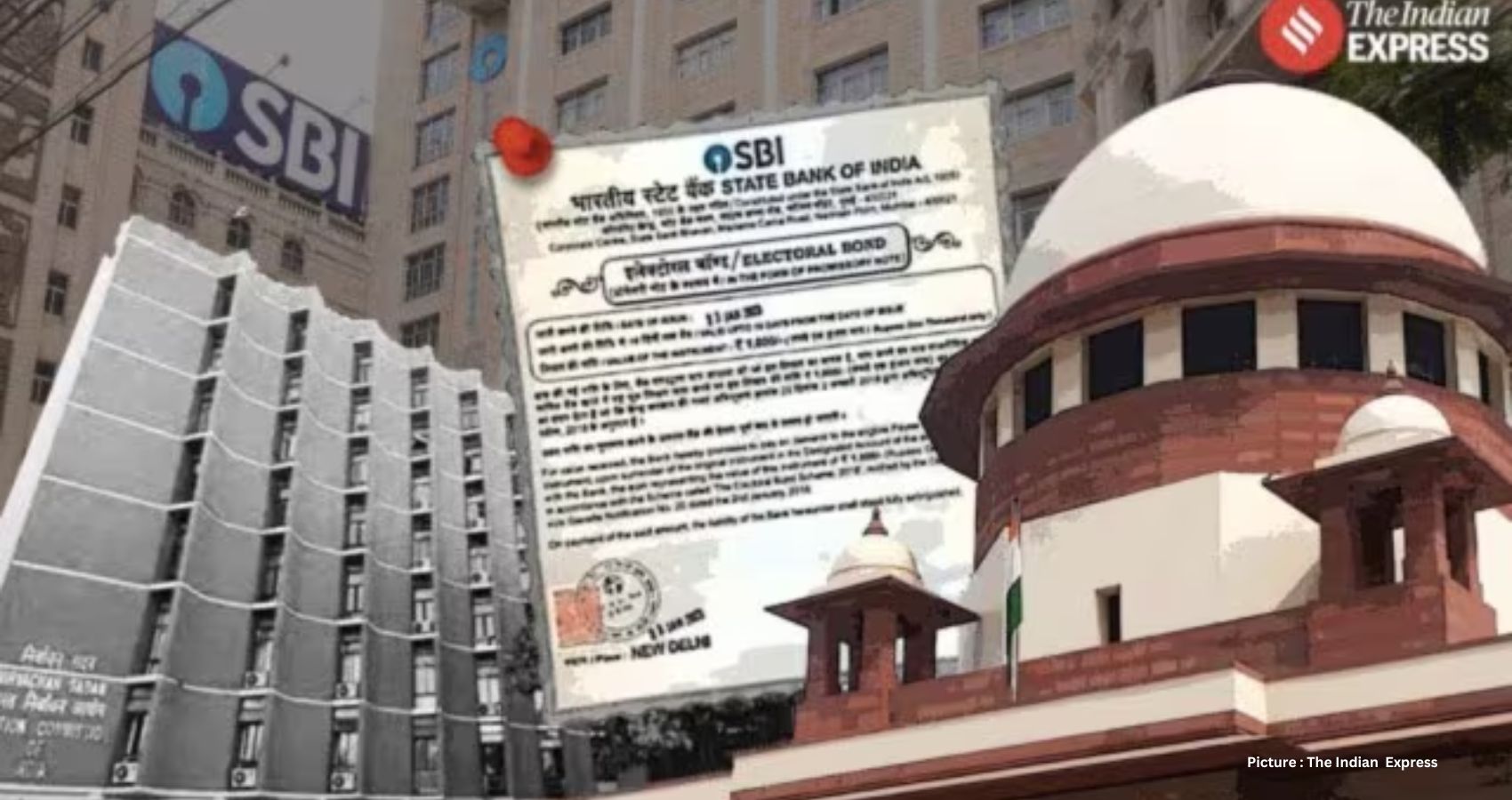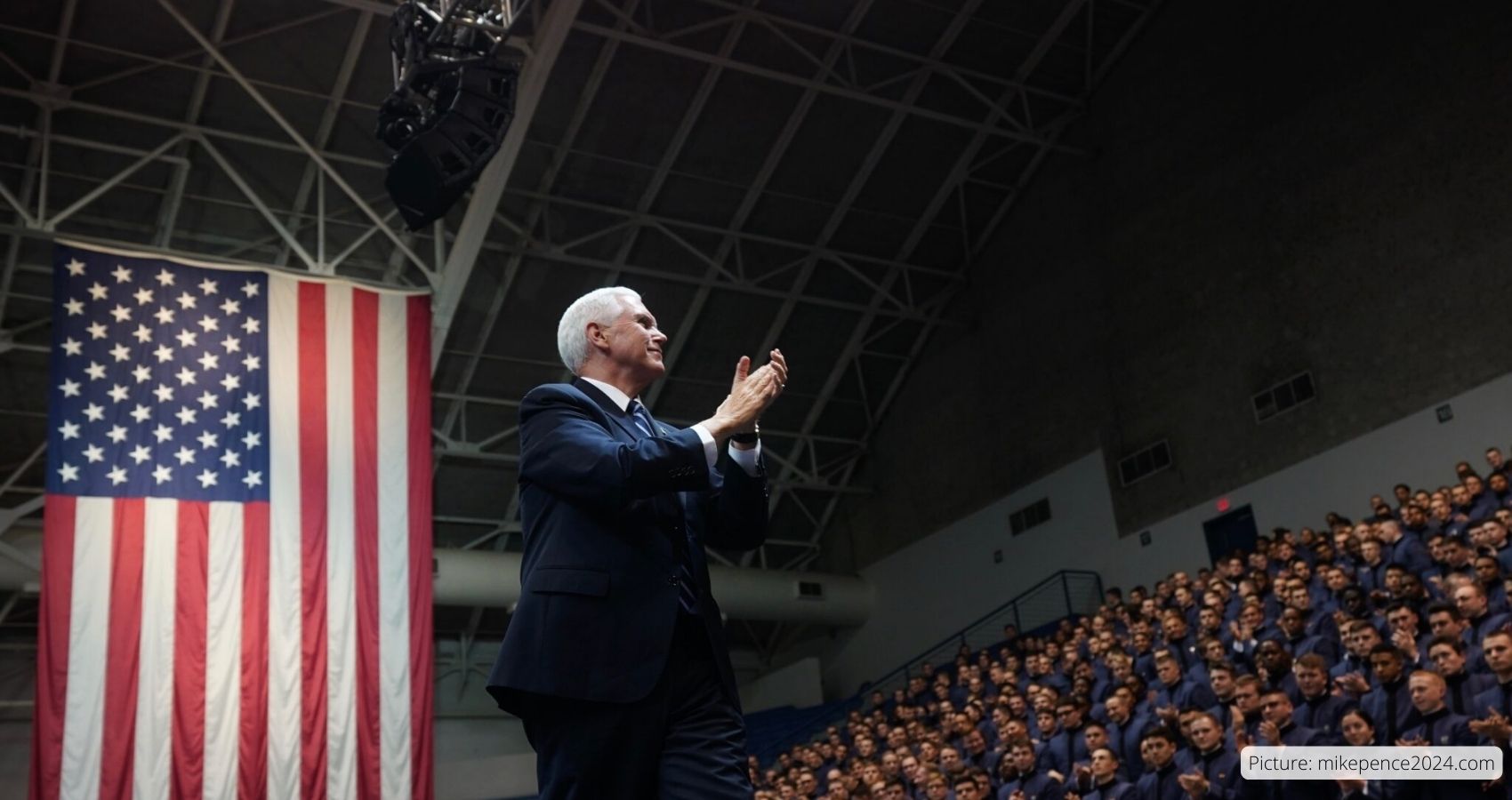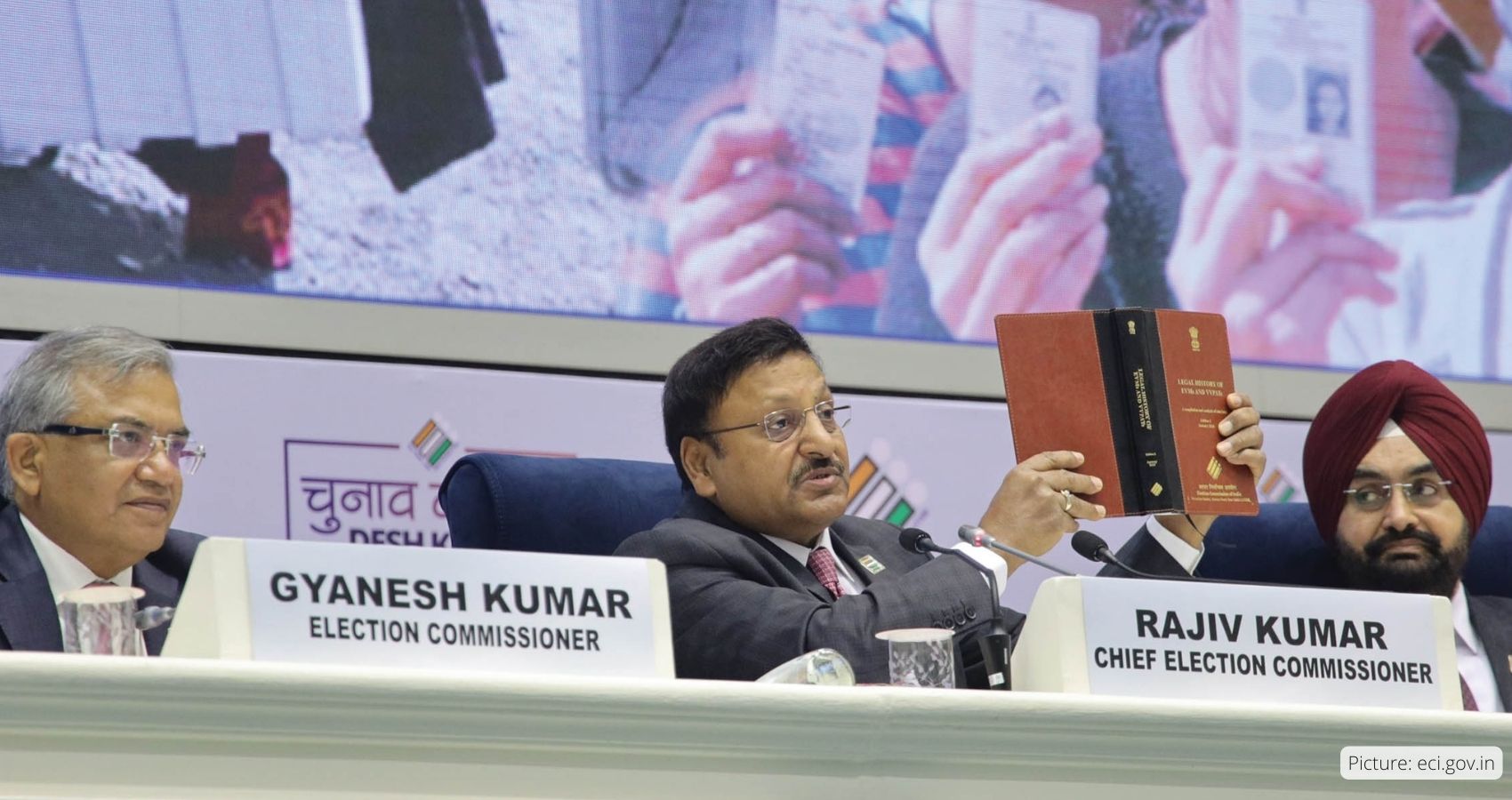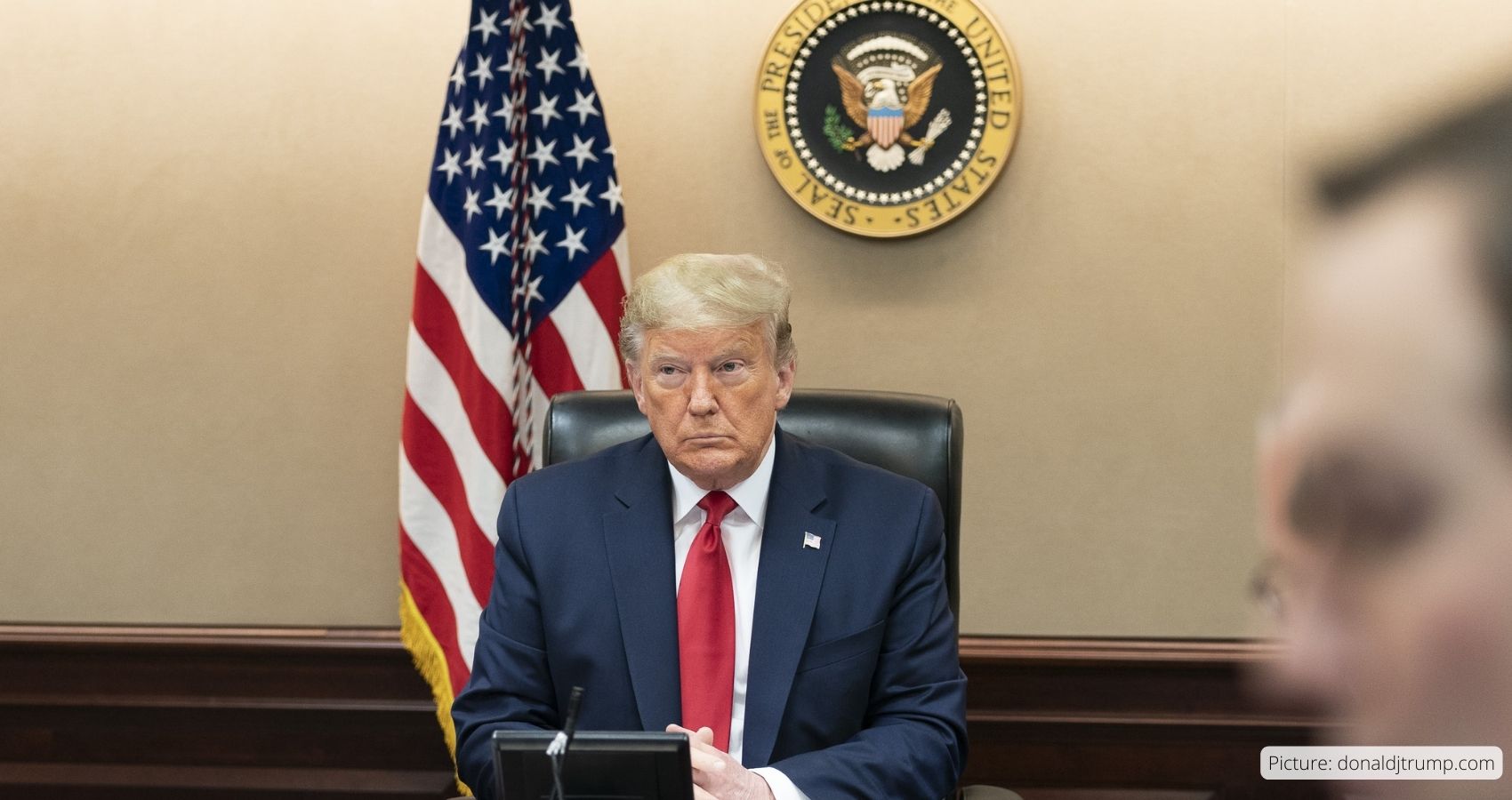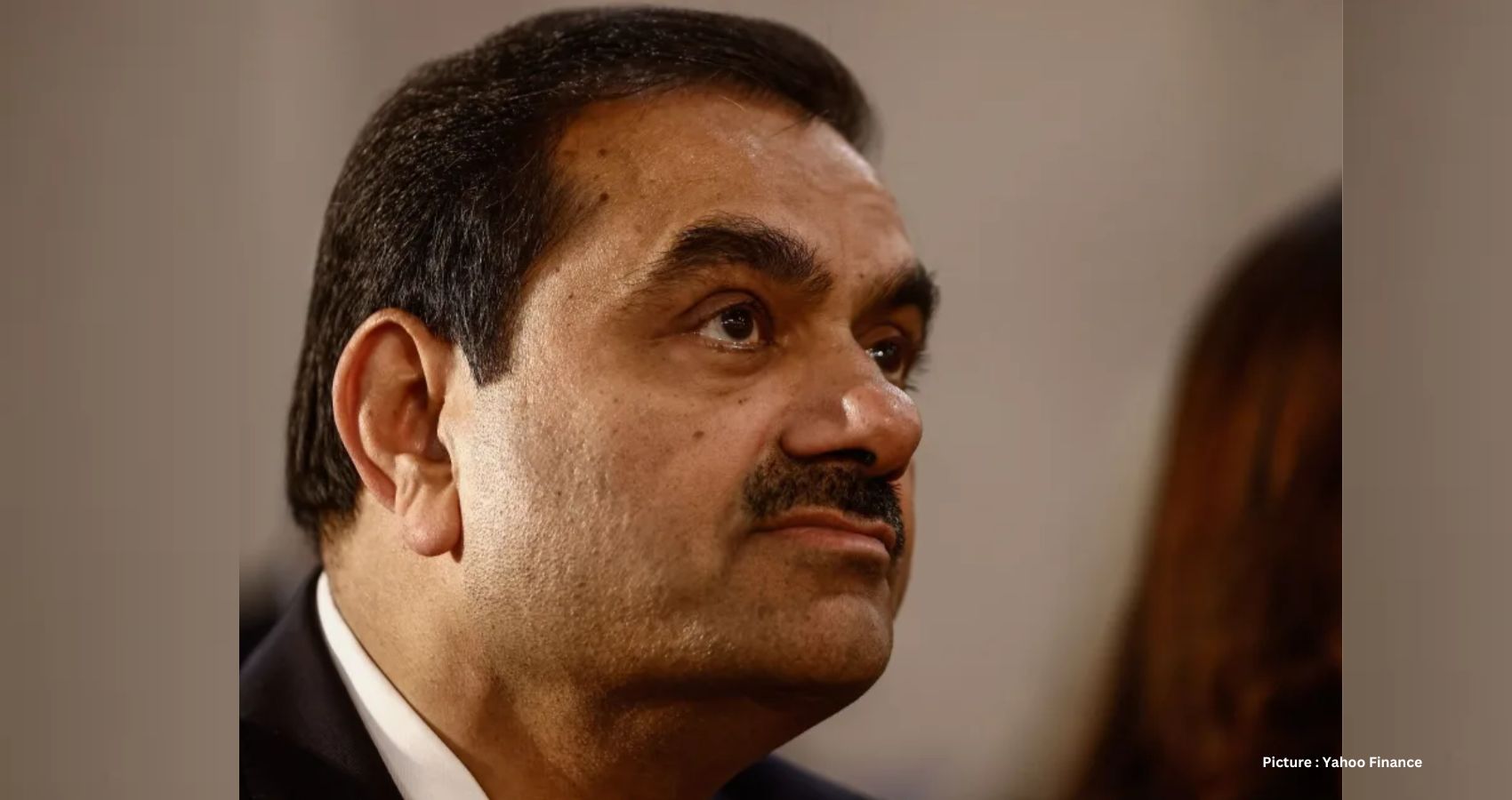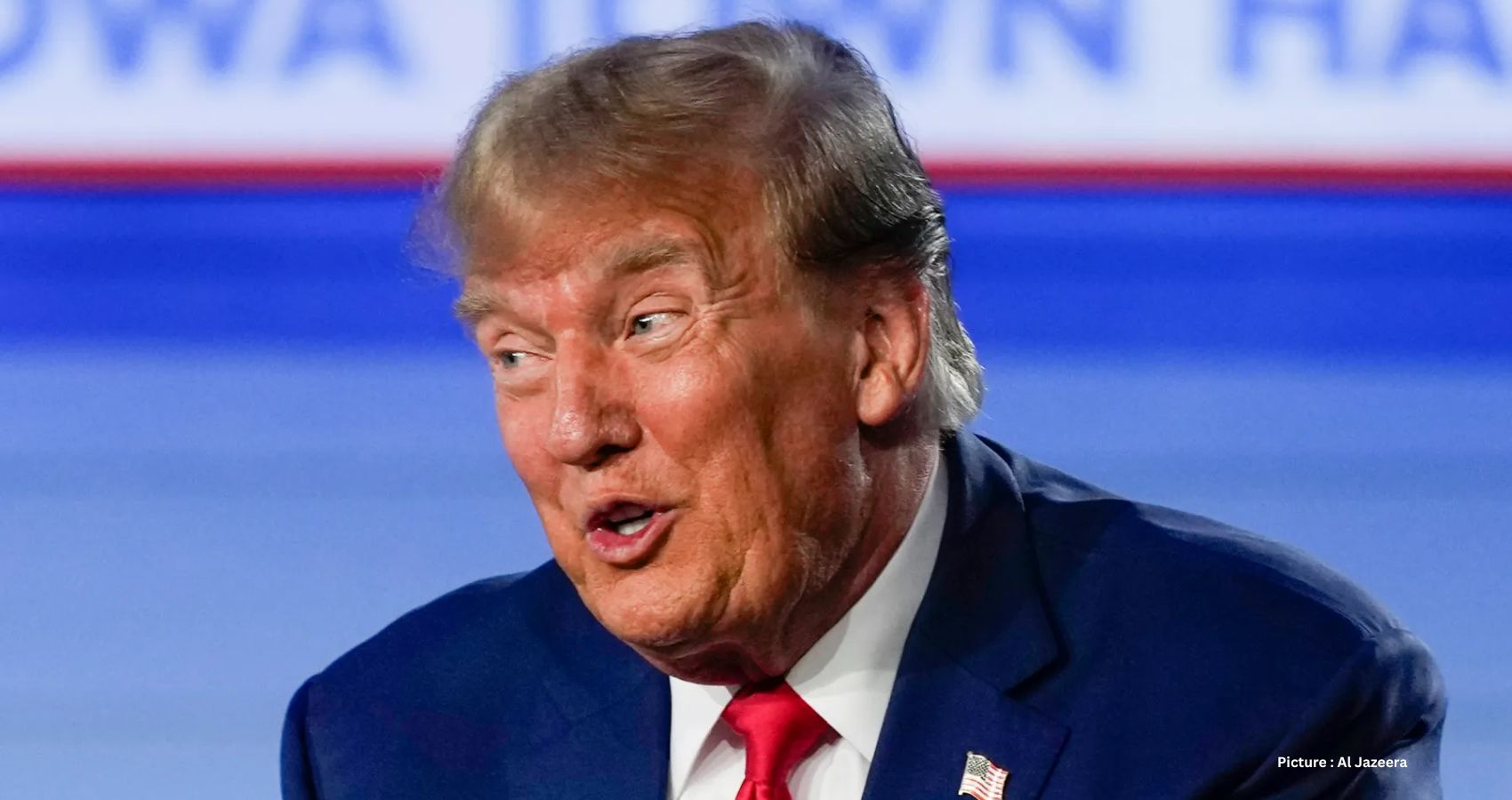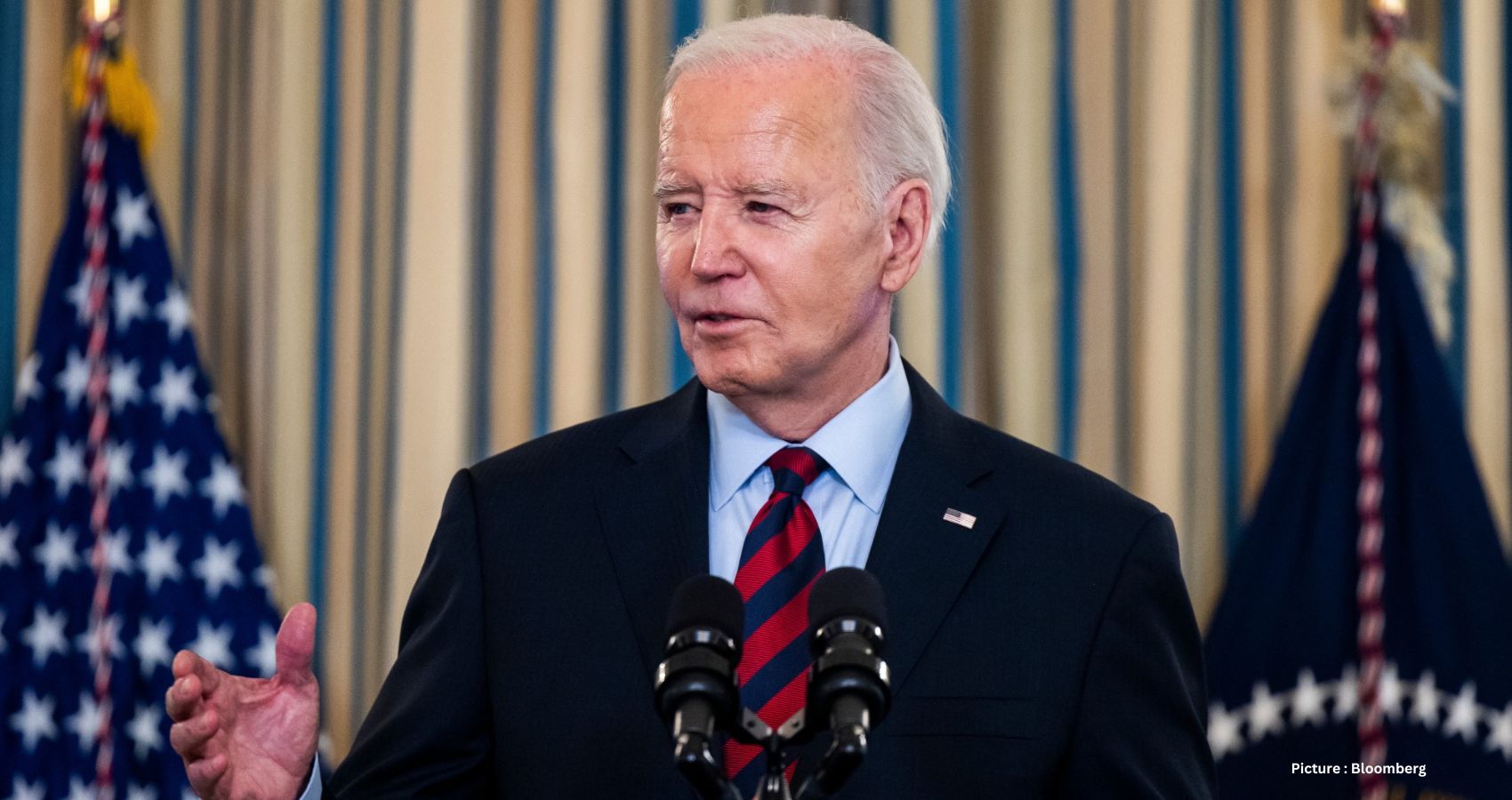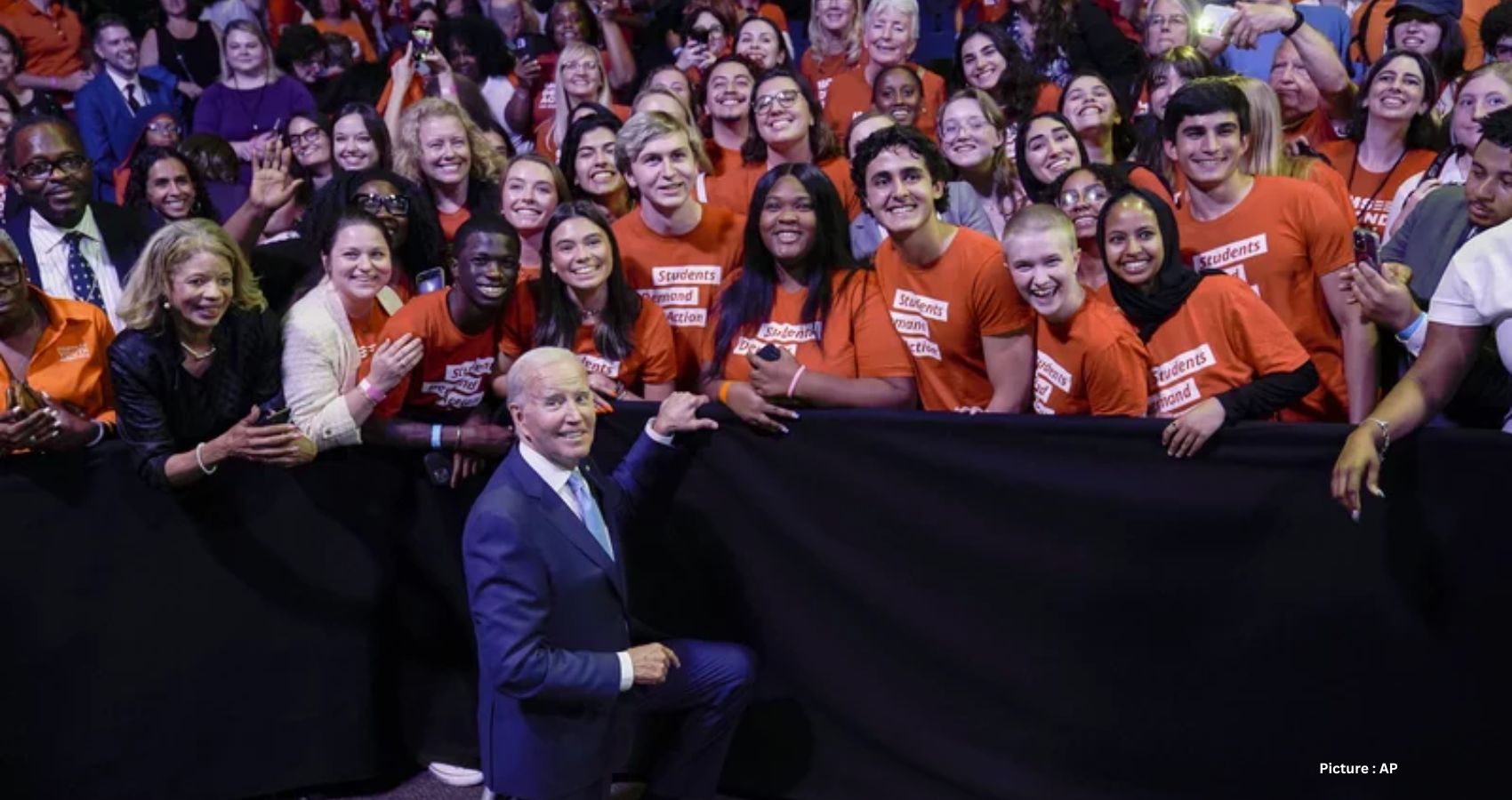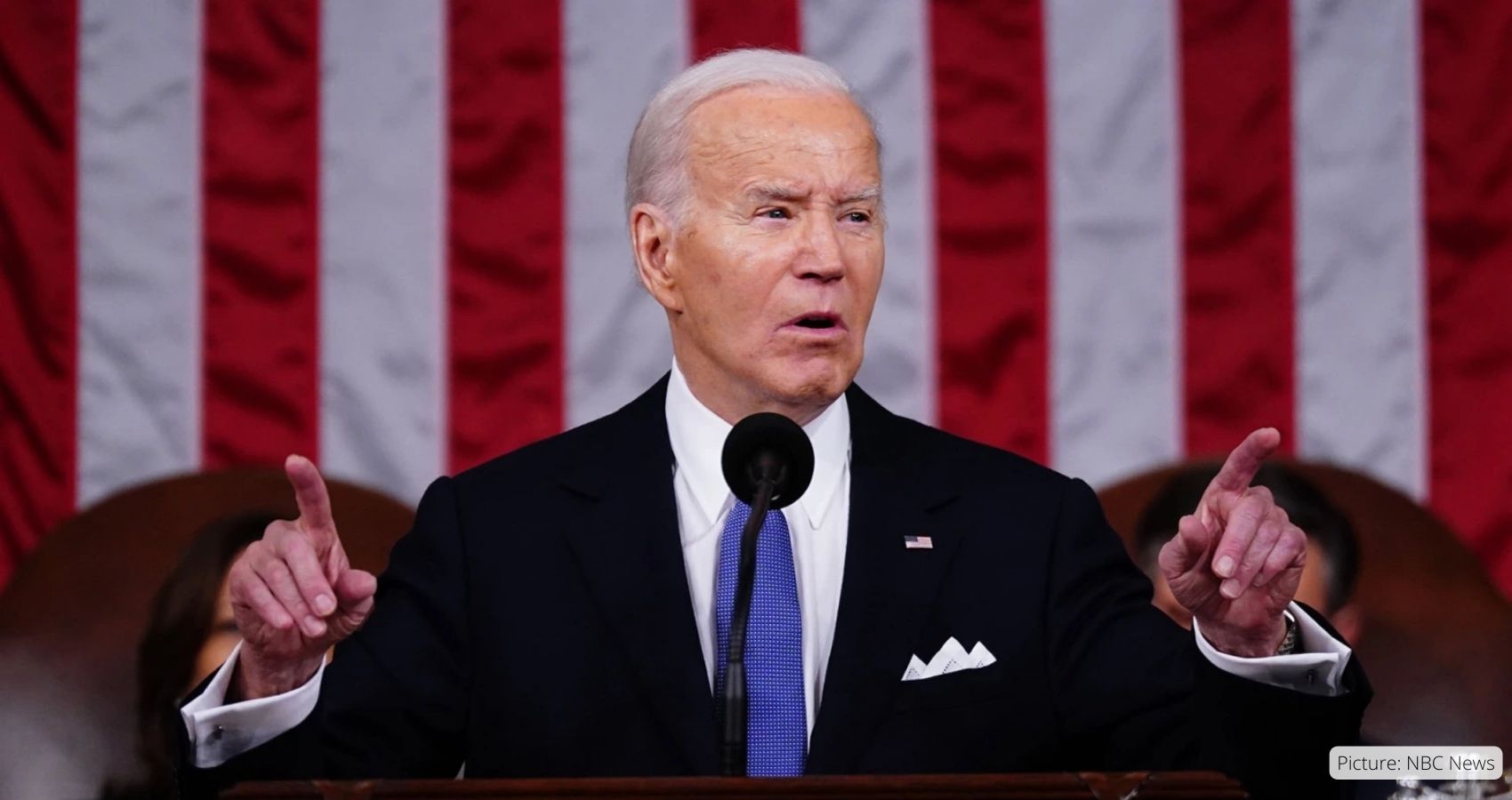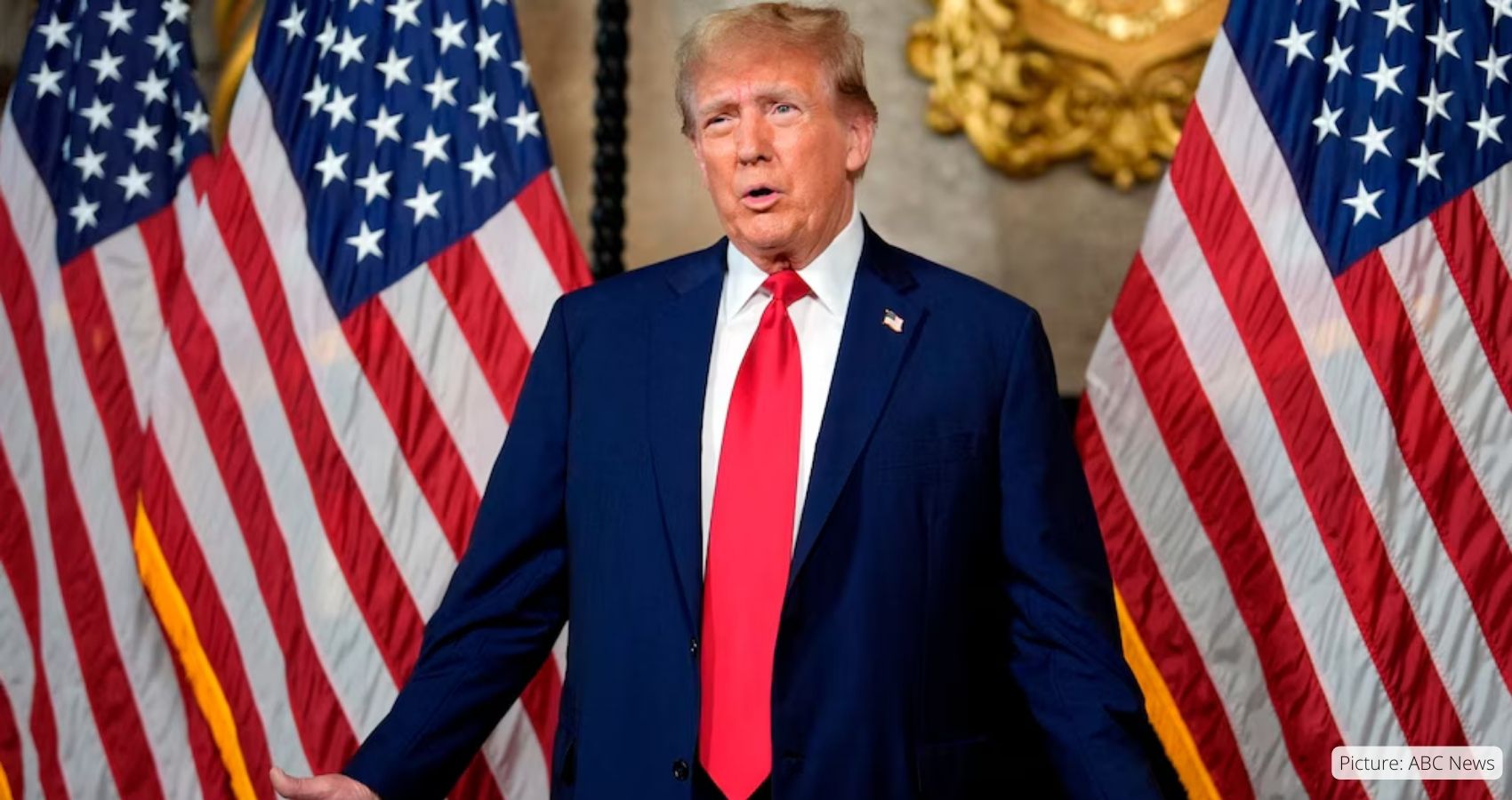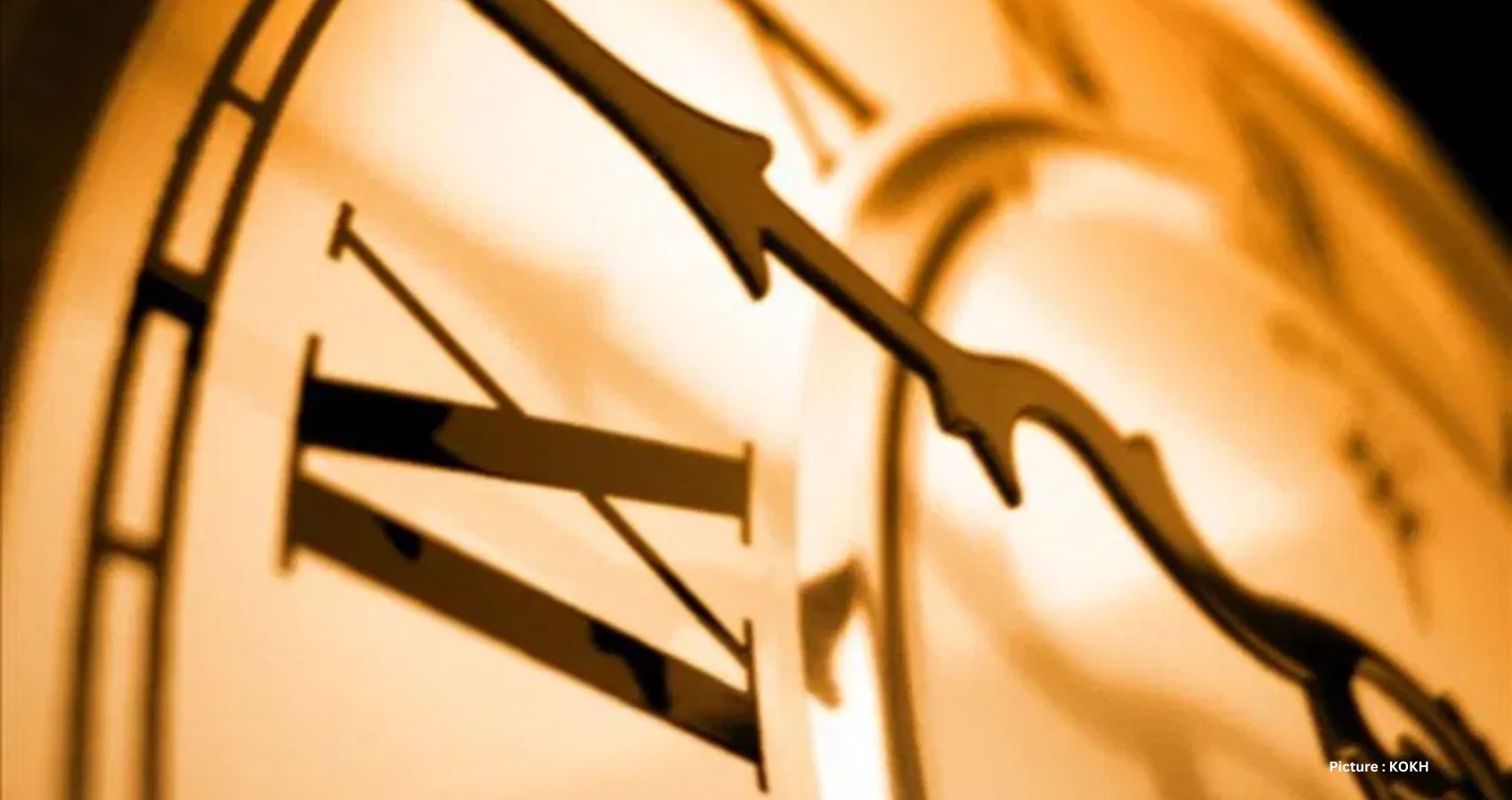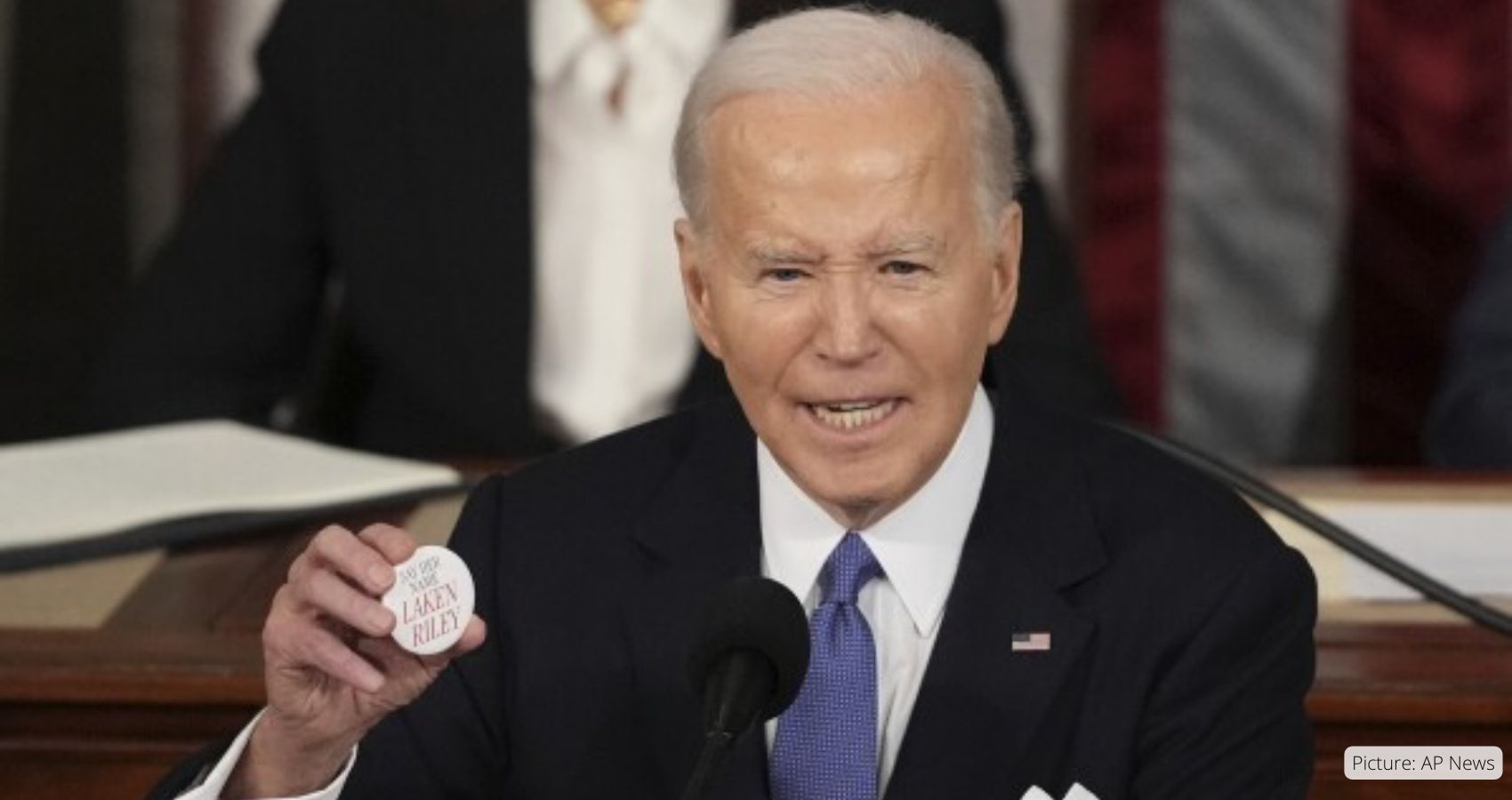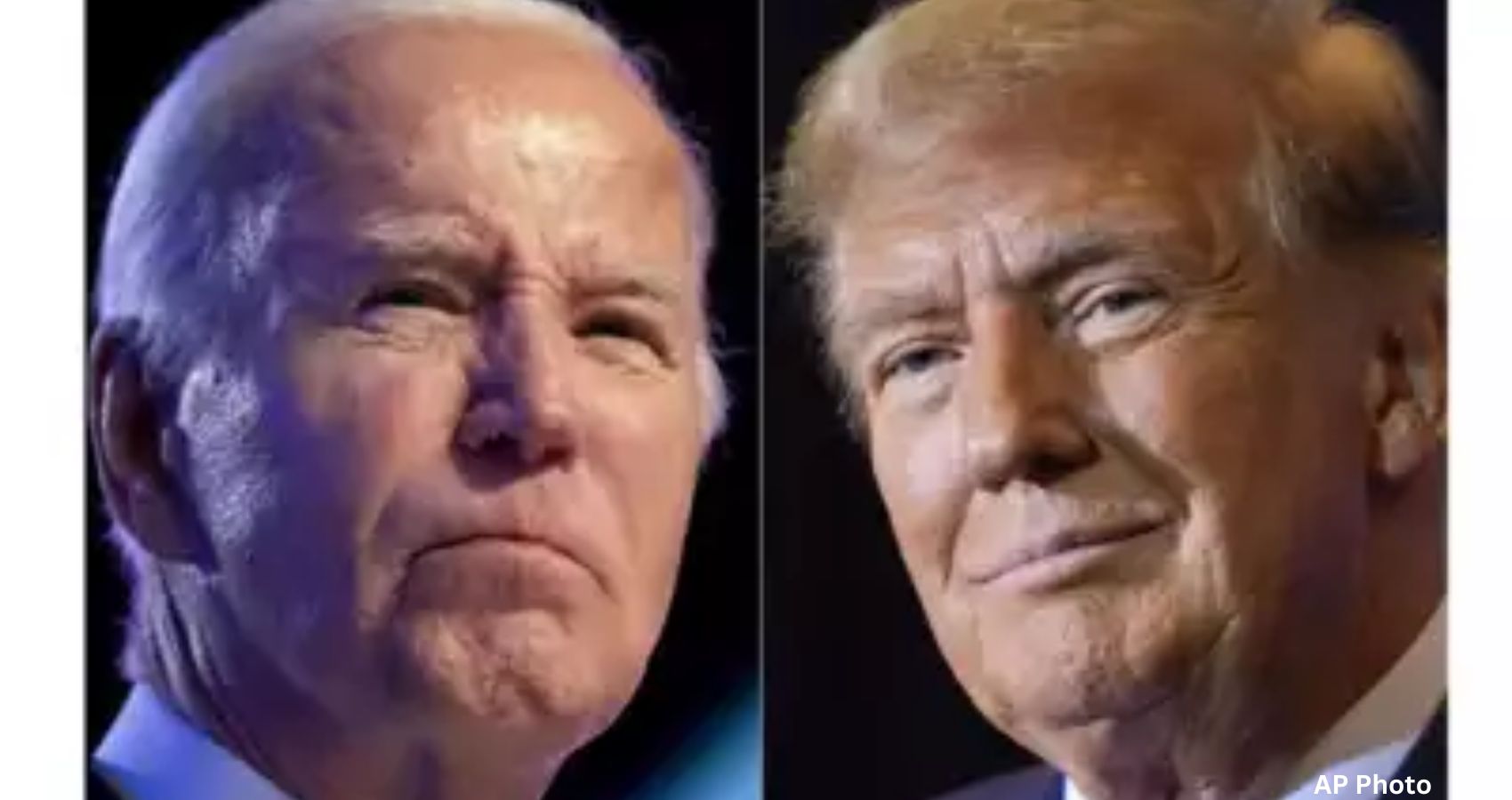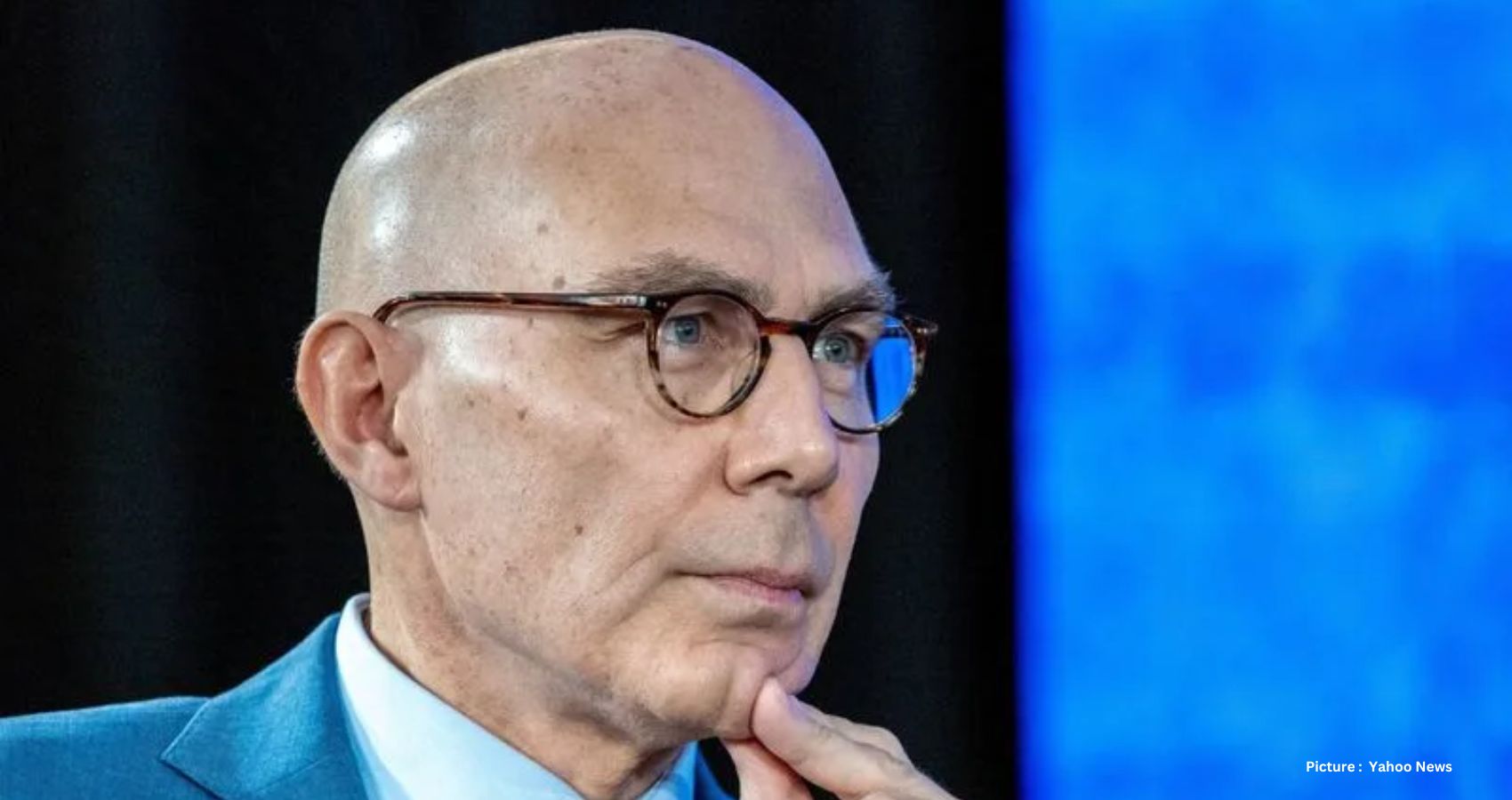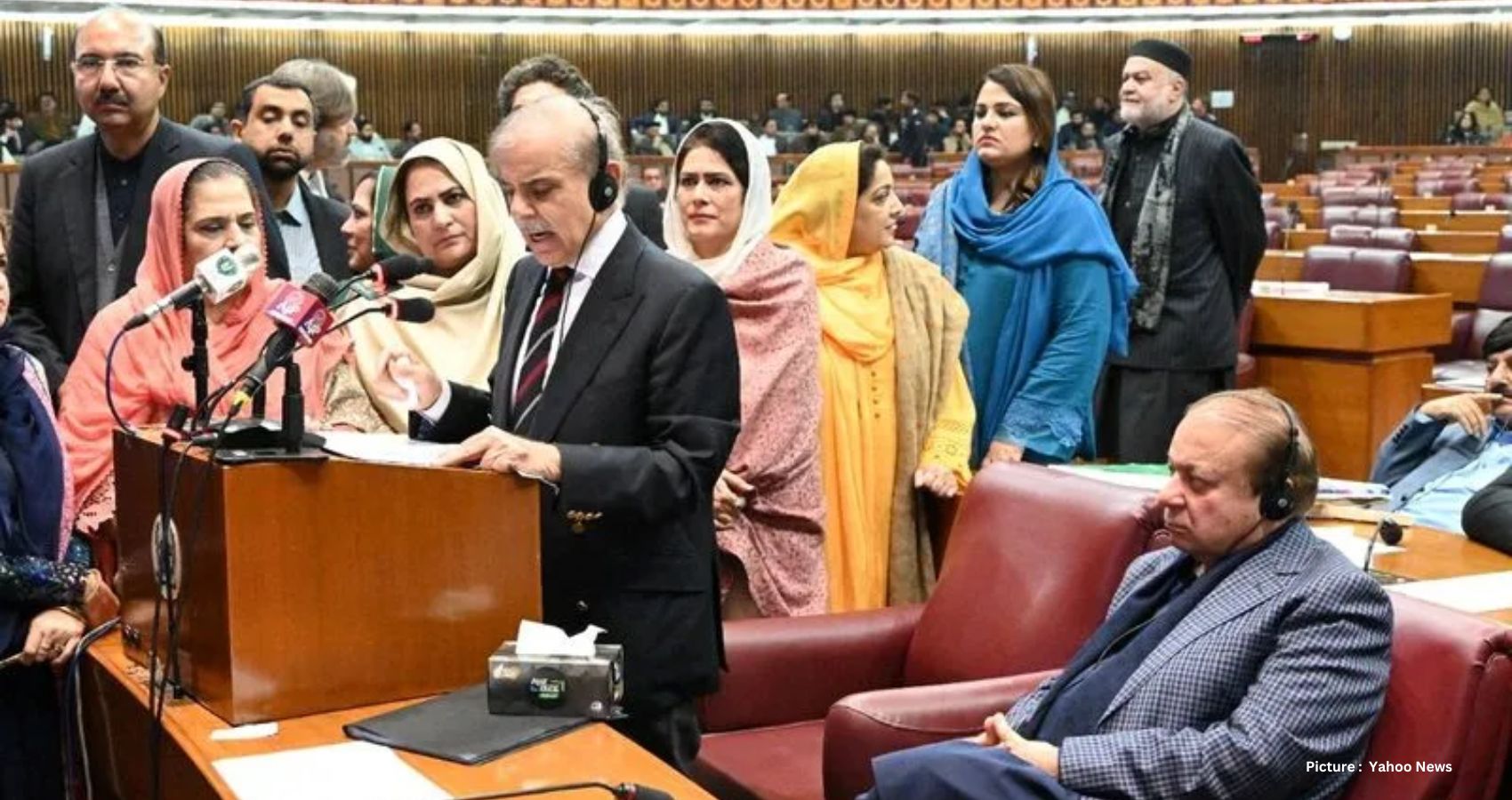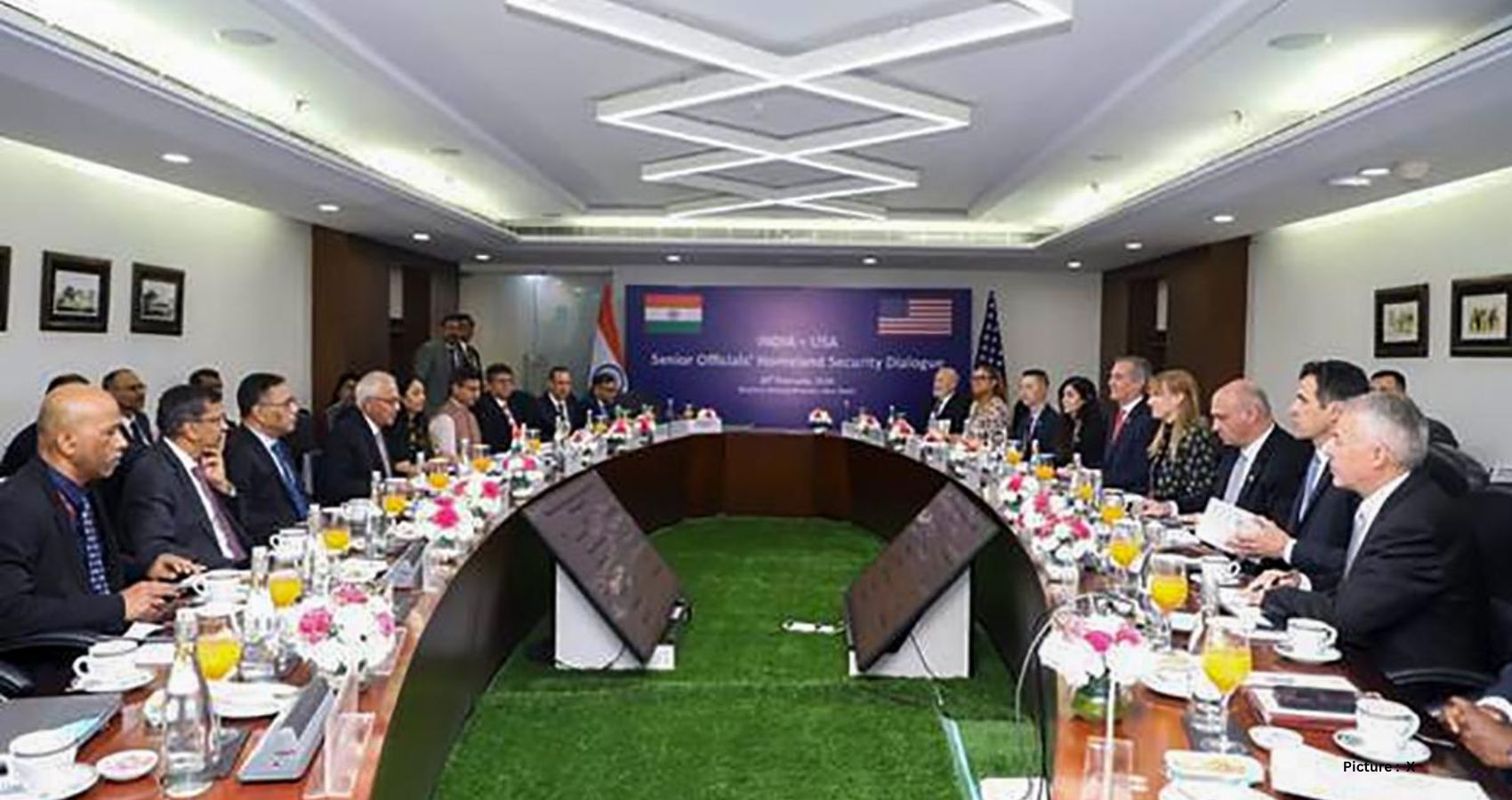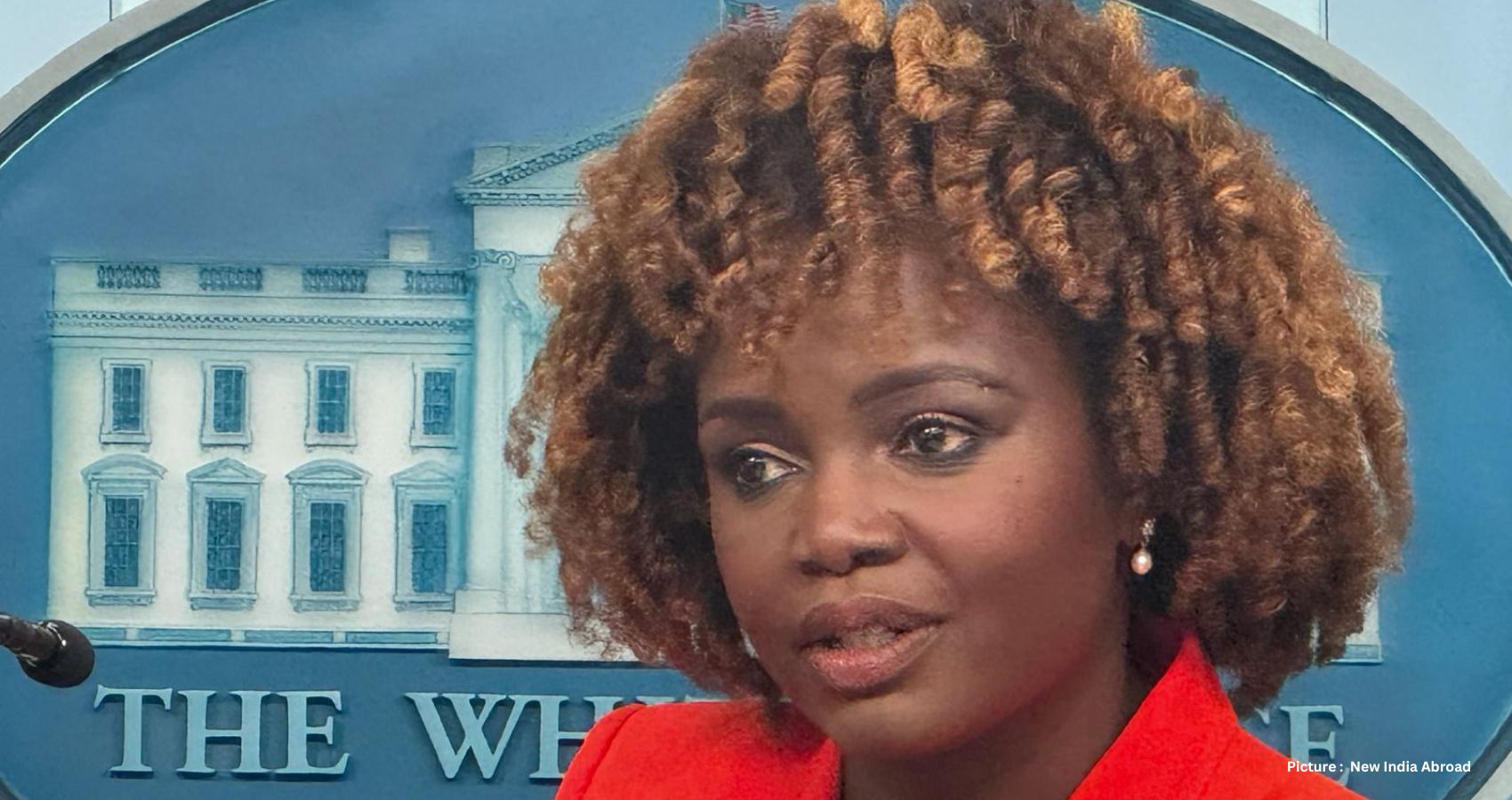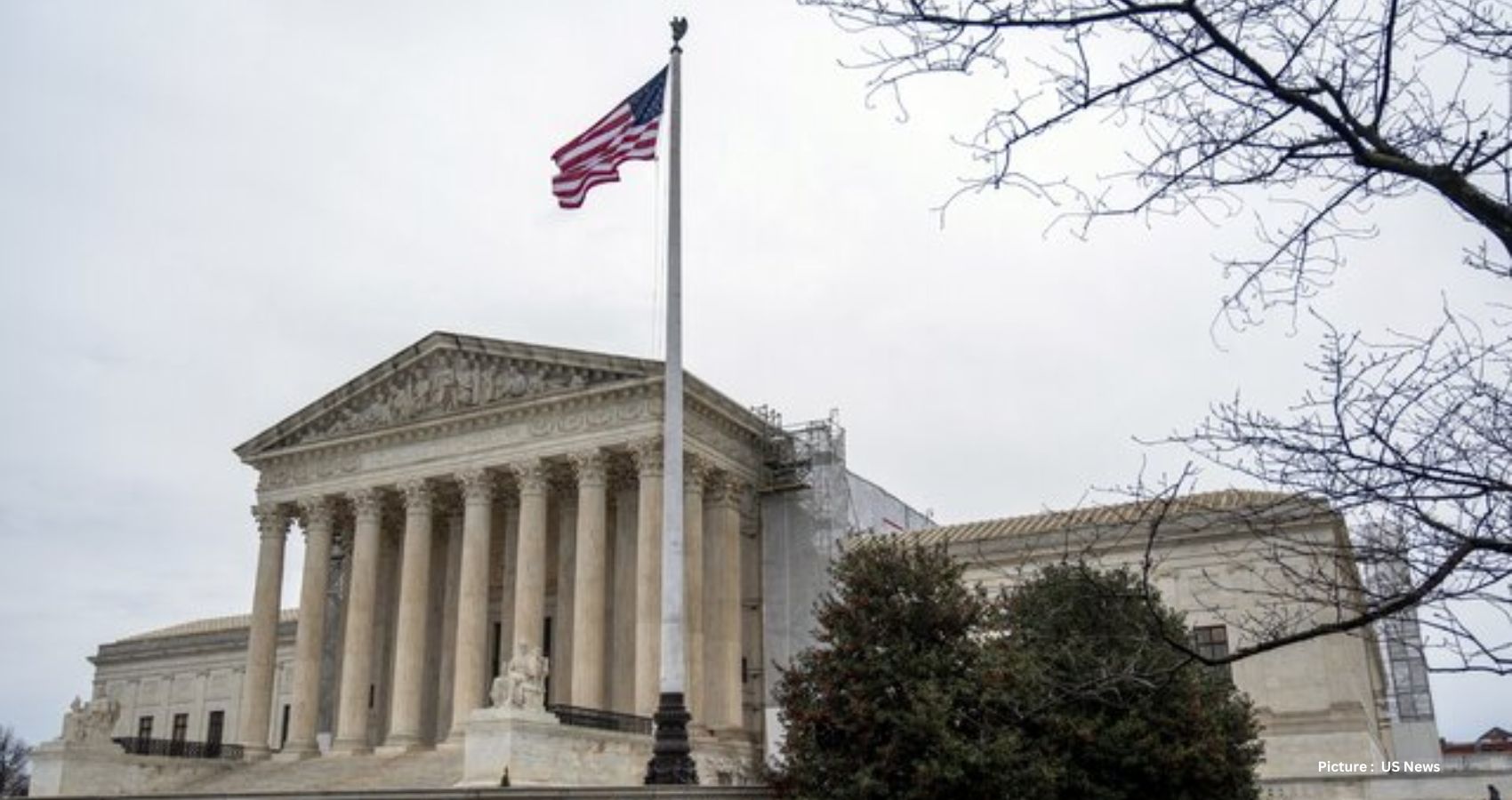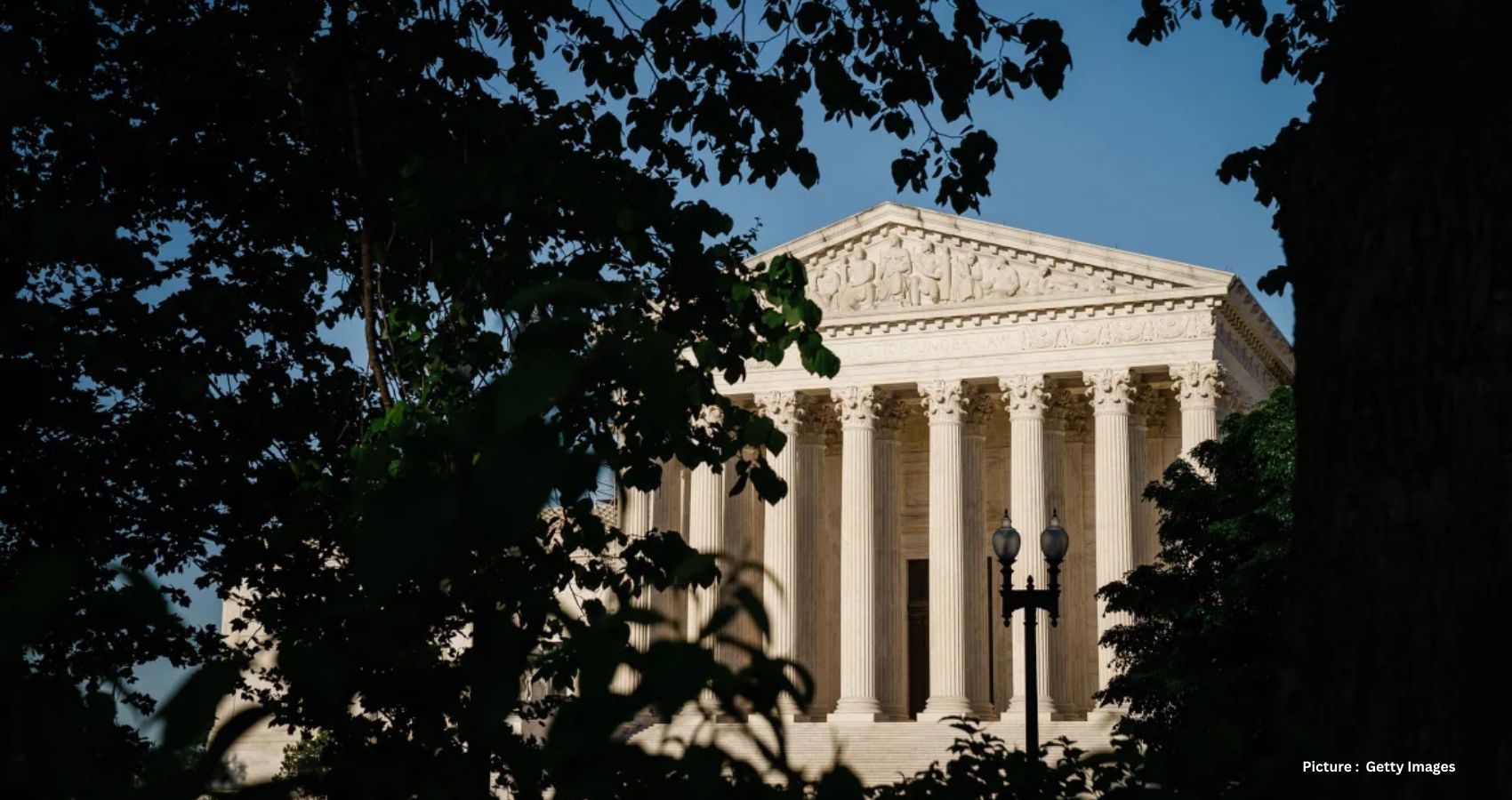President Biden announced on Sunday, July 21st that he is dropping out of the 2024 presidential race, a seismic event that will leave Democrats scrambling to select his replacement just weeks before their convention.
“While it has been my intention to seek reelection, I believe it is in the best interest of my party and the country for me to stand down and to focus solely on fulfilling my duties as president for my term,” Mr. Biden posted in a statement on social media.
The president’s historic withdrawal throws the 2024 race − already roiled by a shocking attempt on Trump’s life − into uncertain territory, with Vice President Kamala Harris seen as the Democrat best placed to take Biden’s place atop the party’s ticket.
Biden made the announcement from his home in Rehoboth Beach, Del., where he’s self-isolated since testing positive for COVID-19 Thursday night.
“It has been the greatest honor of my life to serve as your President,” Biden said in a written statement. ” Biden did not immediately endorse a successor. He said he would speak to the nation later this week to provide more detail about his decision.
It marks an extraordinary turn for Biden, who for three weeks remained defiant in the face of growing calls from Democratic lawmakers that he withdraw after a disastrous June 27 debate with Trump raised scrutiny over the president’s mental fitness.
Biden’s exit came after he received bleak warnings from Senate Majority Leader Chuck Schumer and Democratic House Leader Hakeem Jeffries that his candidacy could lead to massive losses for Democrats in the Senate and House.
More than 30 congressional Democrats called for Biden to bow out, and former President Barack Obama reportedly relayed similar fears to Democratic allies about Biden’s prospects of beating Trump. Democratic donors from Hollywood to Wall Street also came out against Biden continuing his reelection bid.
Former President Donald Trump, who was officially nominated by the Republican party on Thursday night, told CNN after the decision that Mr. Biden is the “worst president by far in the history of our country,” but he said that he thought if Vice President Kamala Harris is the nominee, she would be easier to beat than Mr. Biden.
Before winning the White House in 2020, Mr. Biden called himself a “bridge” to a new “generation of leaders,” causing many to wonder if he would only serve one term. In the aftermath of the debate, he explained that his thinking had changed, and the divisiveness in the country led him to believe only he could defeat Trump.
In the weeks since the debate, the president tried to push back, insisting in a series of public appearances and meetings with Democratic elected officials that he was committed to staying in the race. “I’m not going anywhere,” he vowed. But even longtime allies began to urge him to change course.
The pressure eventually became insurmountable, with top Democrats in Congress telling Mr. Biden that he should step aside and allow a replacement to face off against Trump in November.
The decision upends the 2024 election less than 110 days before Election Day, with Democratic National Committee members now tasked with choosing an alternative nominee to take on Trump, whose polling lead has swelled while Democrats have fought internally.
Vice President Harris is now the frontrunner to replace Biden as the Democratic nominee, but the party’s bench of Democratic governors could also be in the mix including Gretchen Whitmer of Michigan, Josh Shapiro of Pennsylvania and Gavin Newsom of California.
Biden becomes the first incumbent president not to seek reelection since Lyndon B. Johnson who, in 1968 amid national unrest and turmoil within the Democratic Party over the Vietnam War, stunned the nation with his decision not to seek a second full term.

